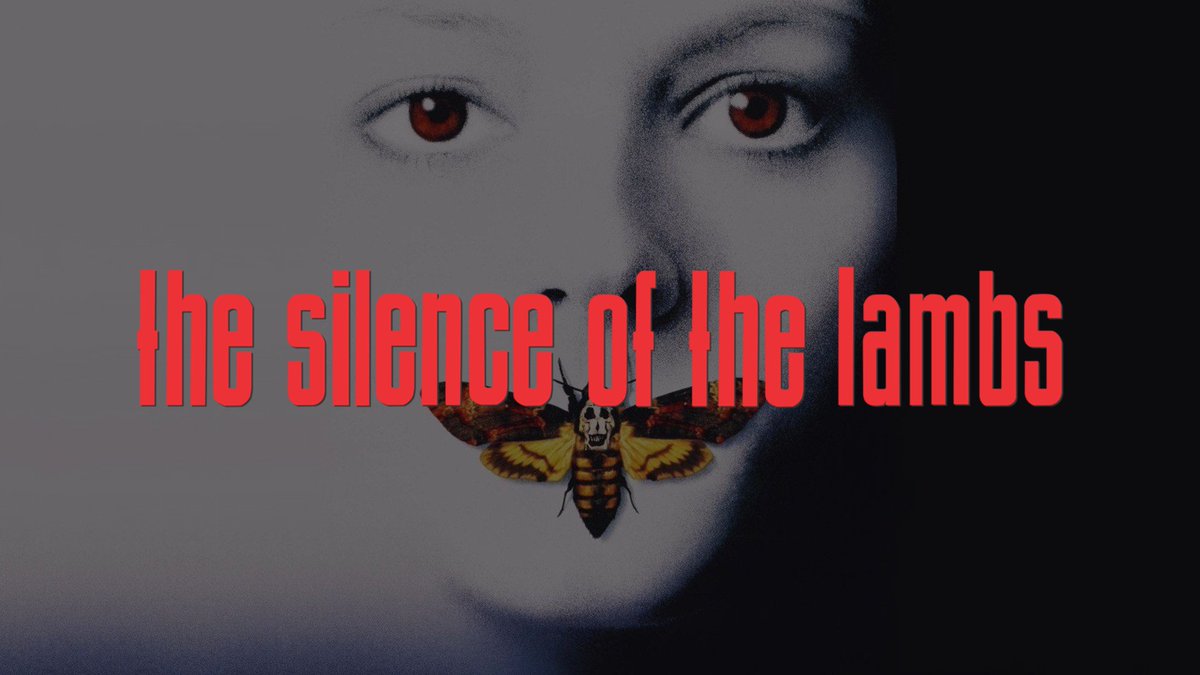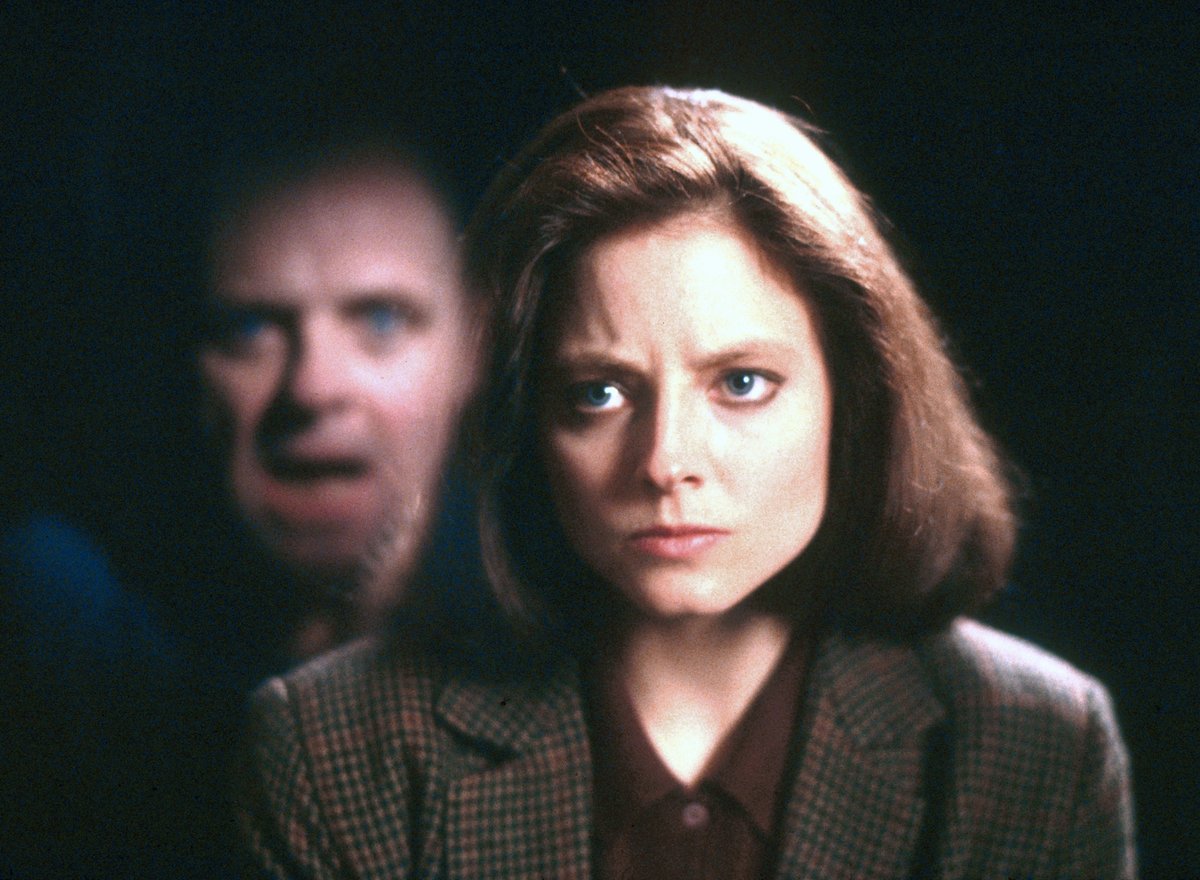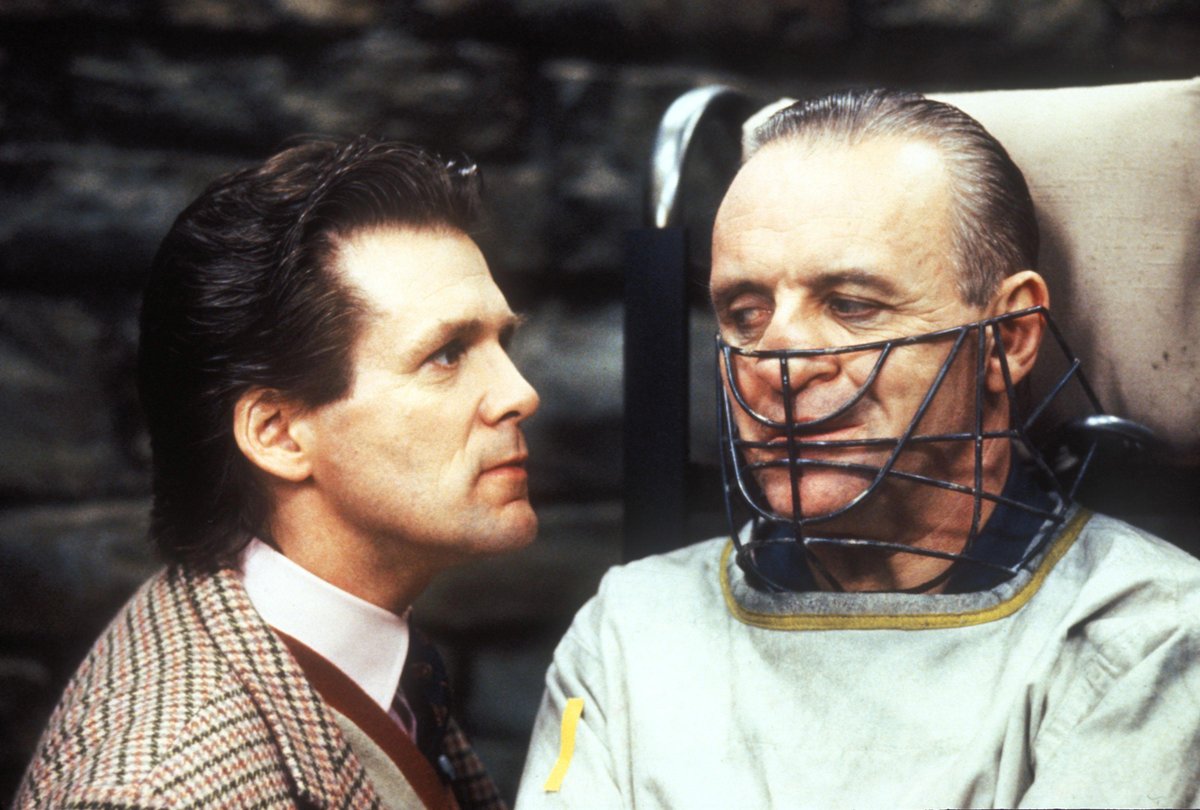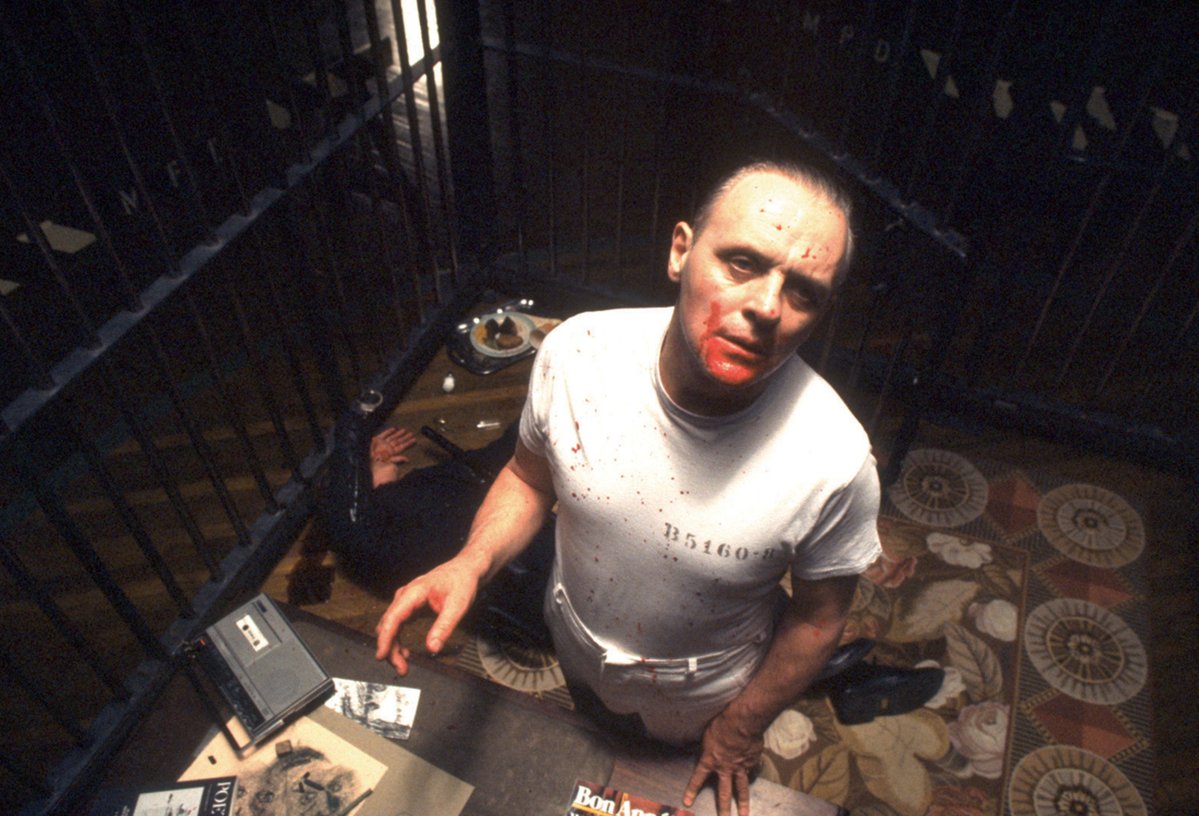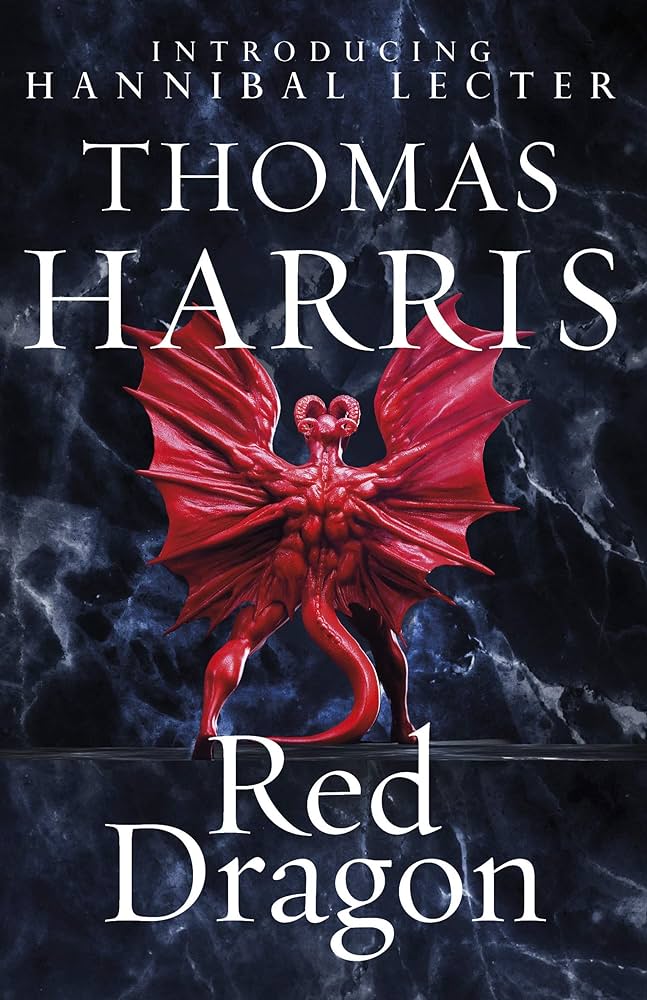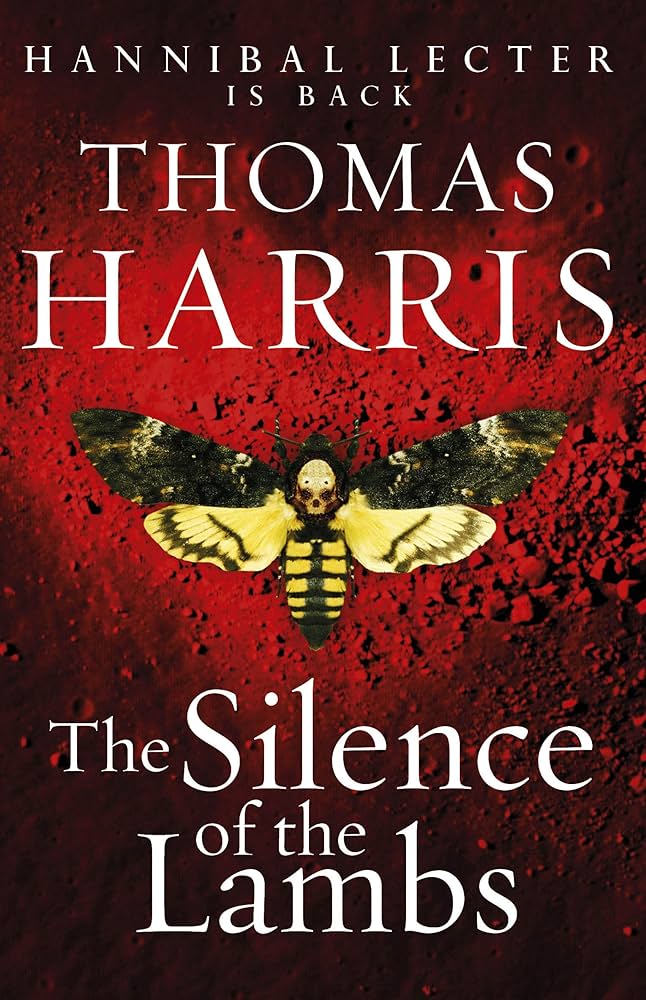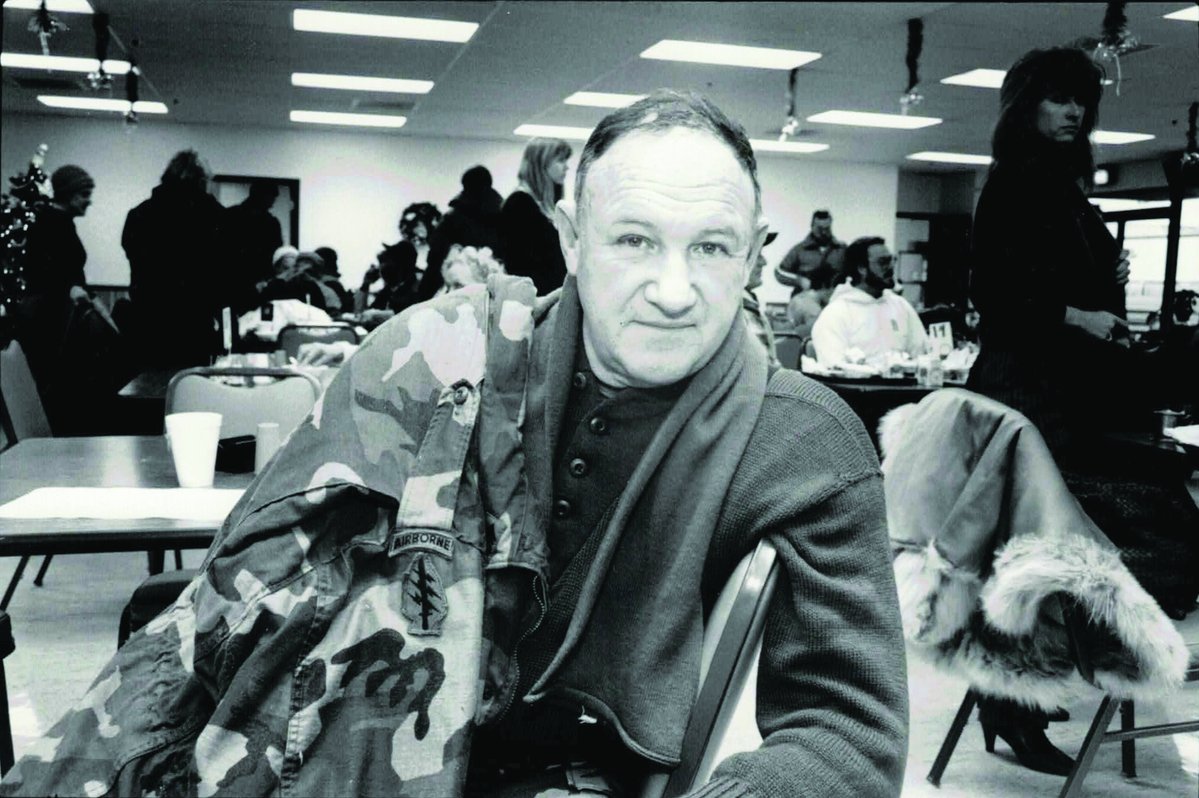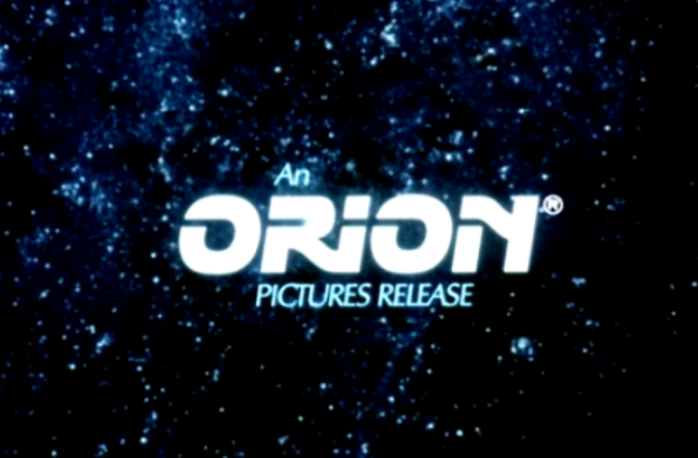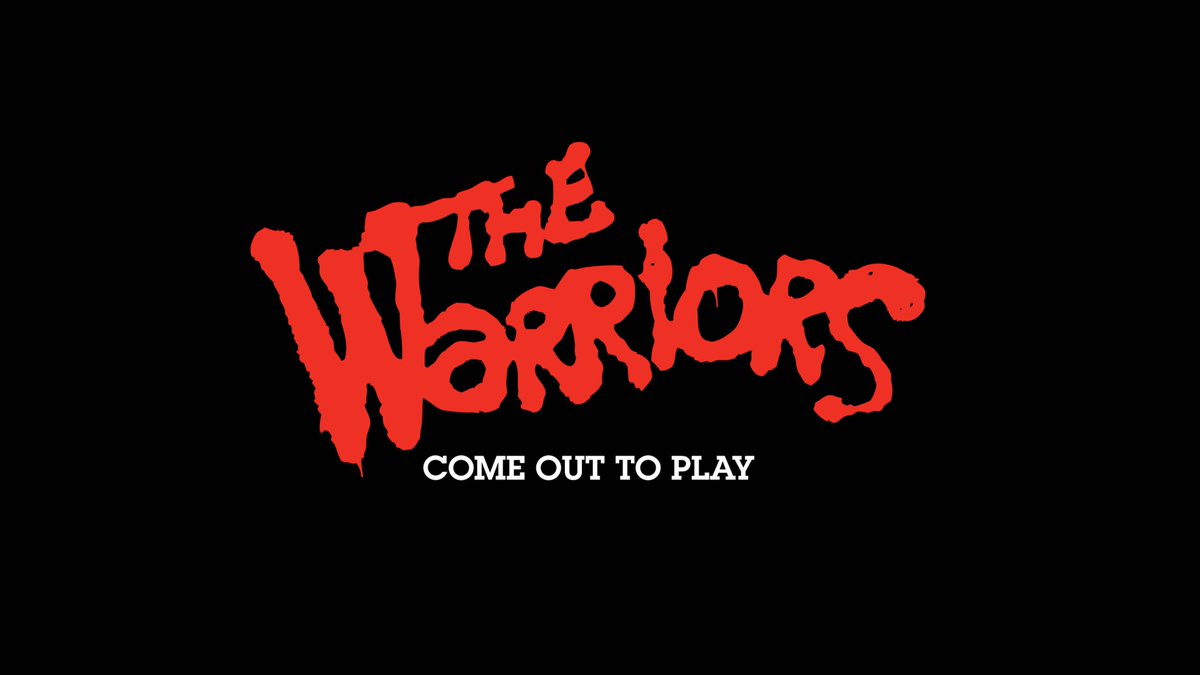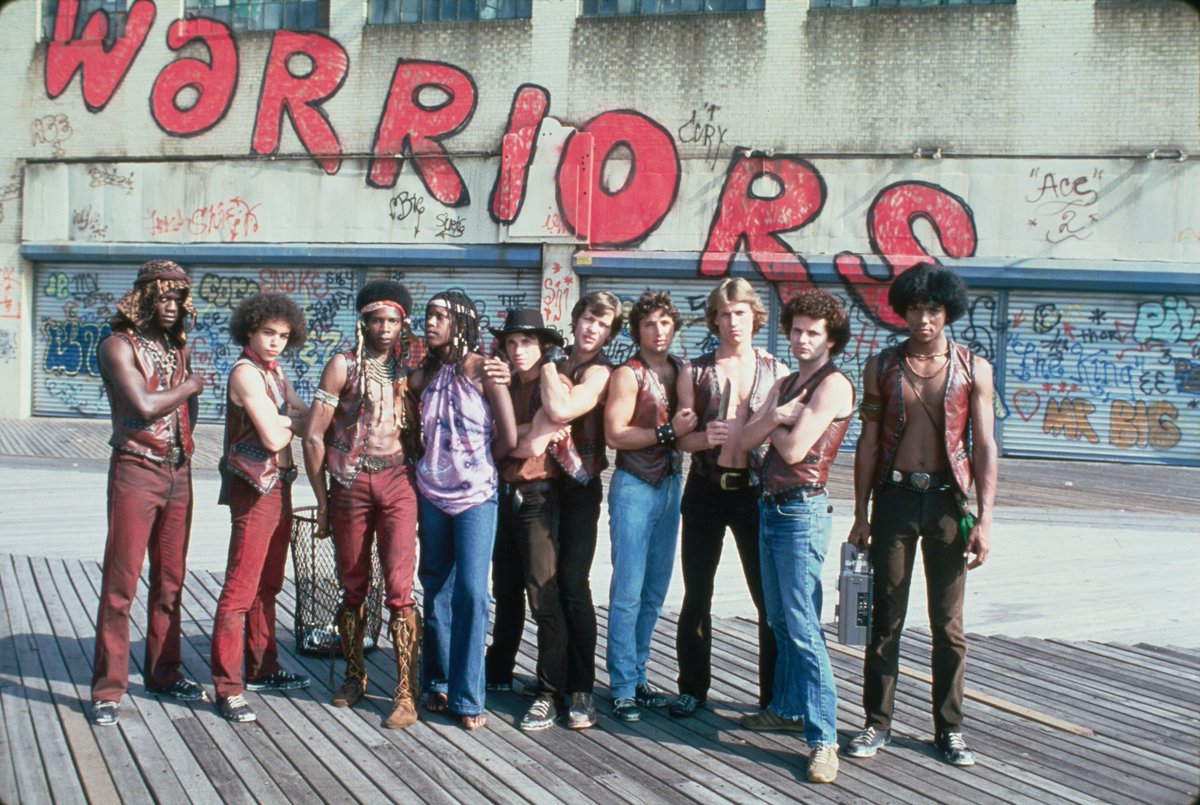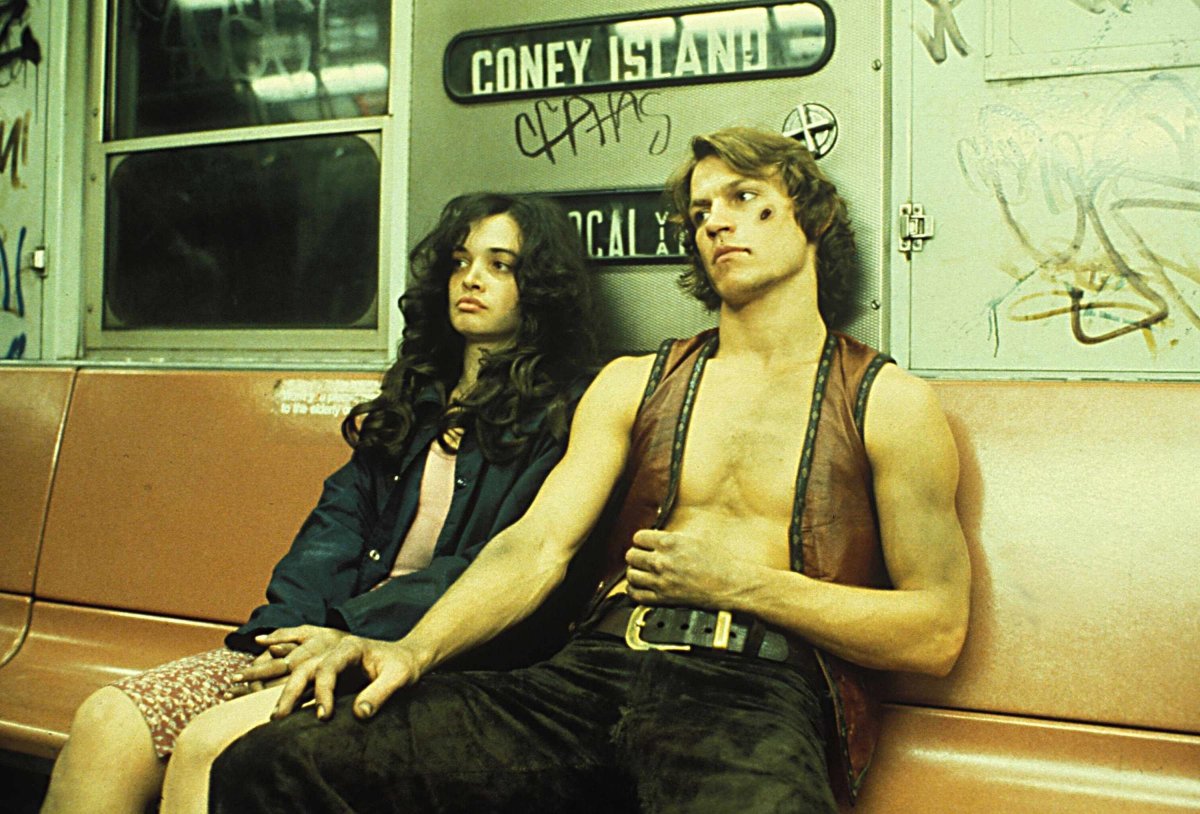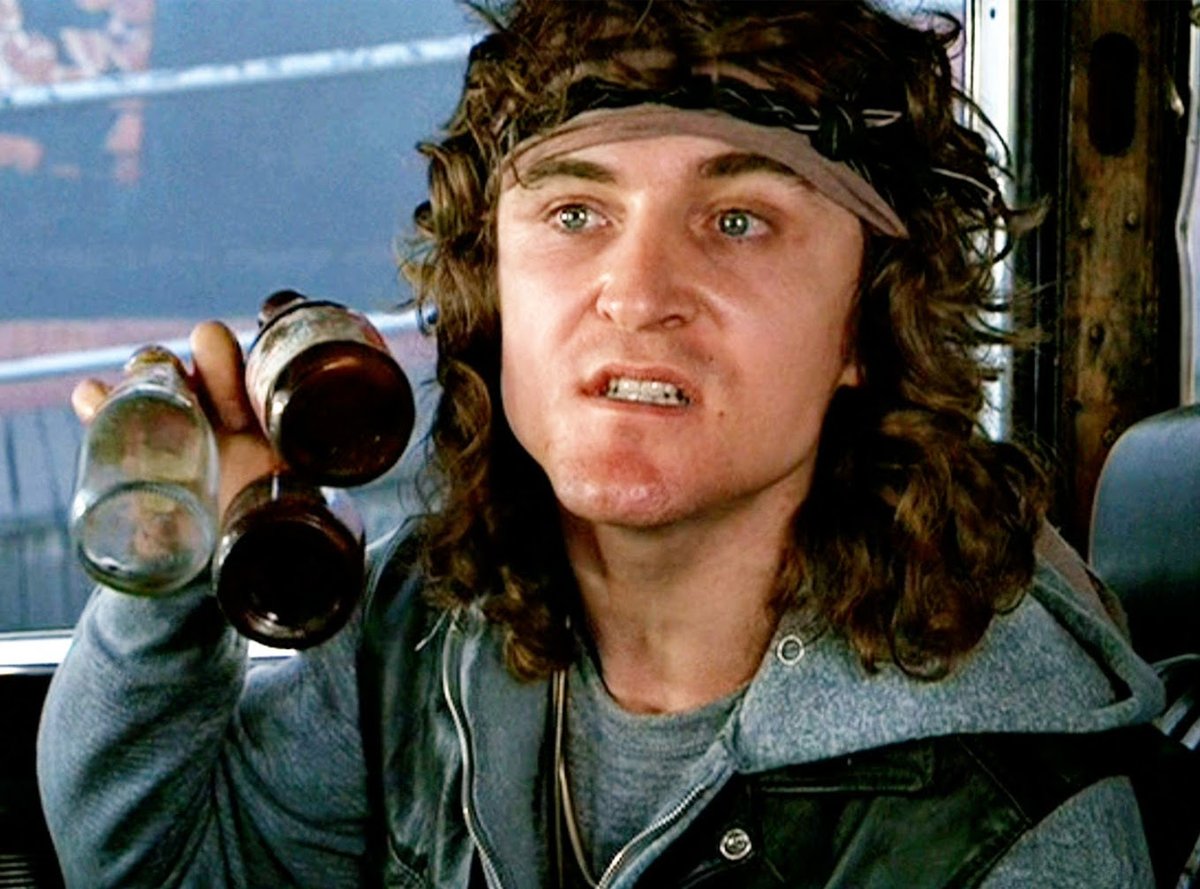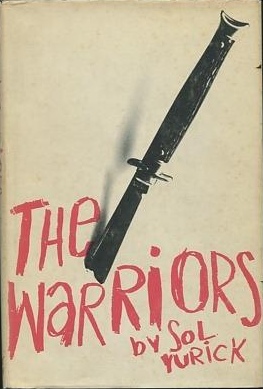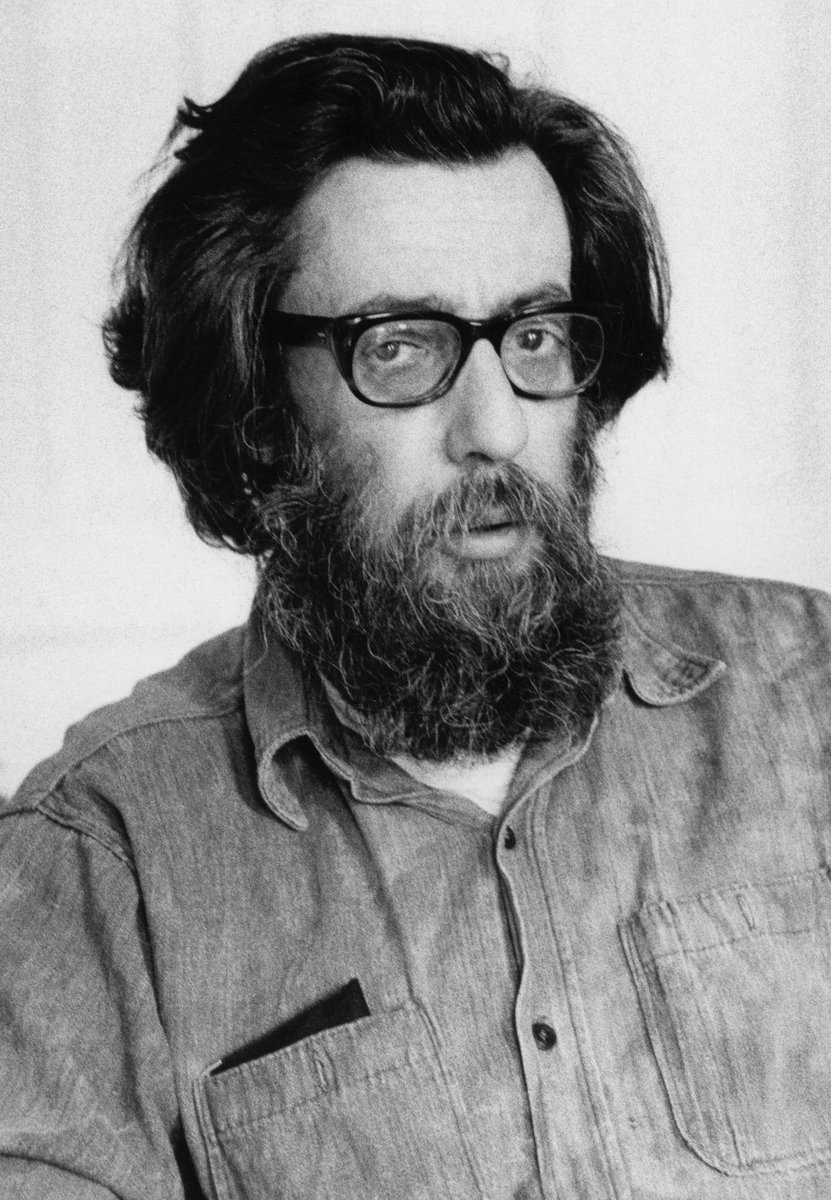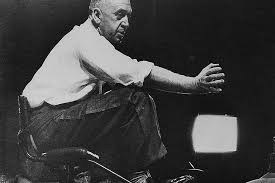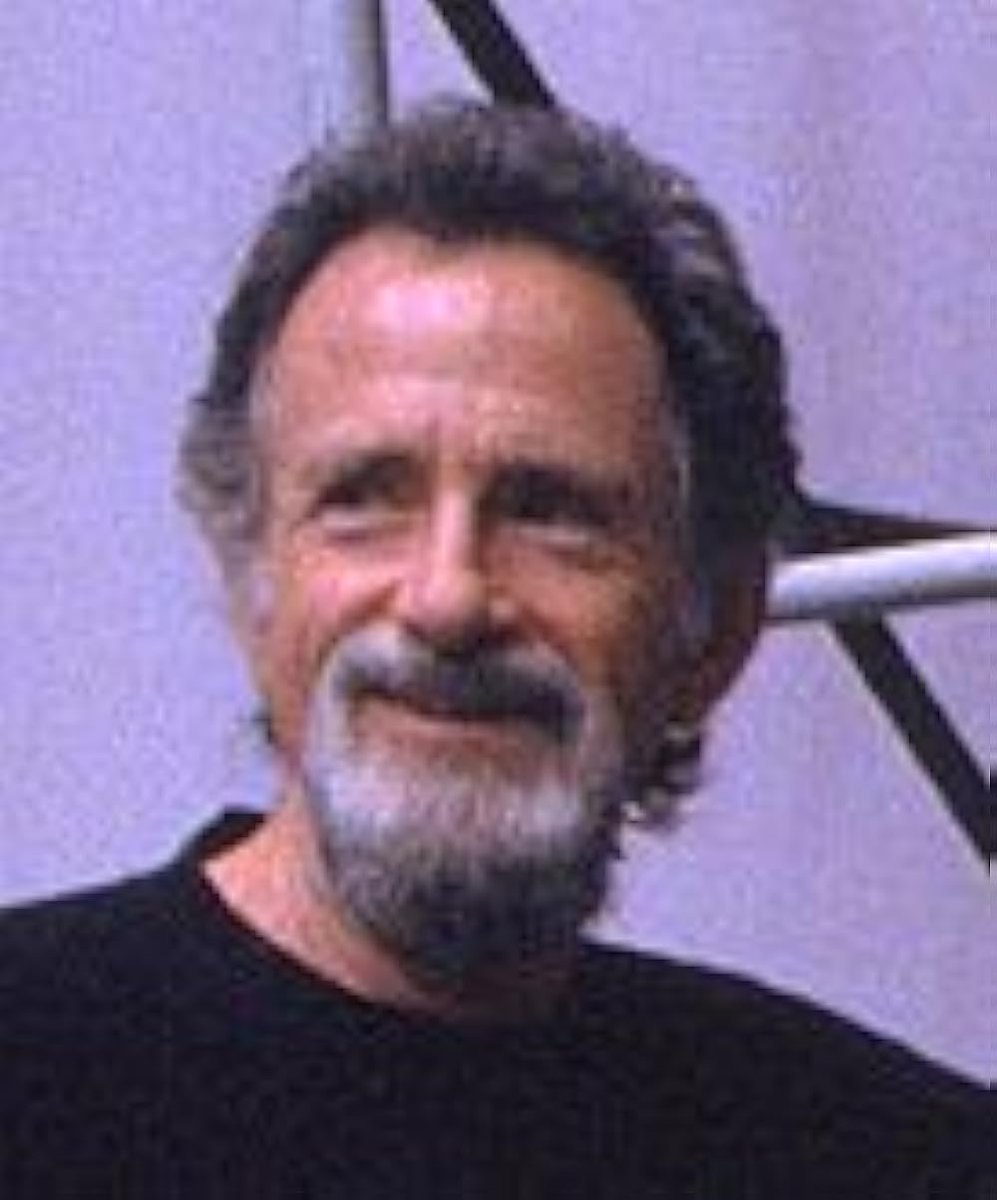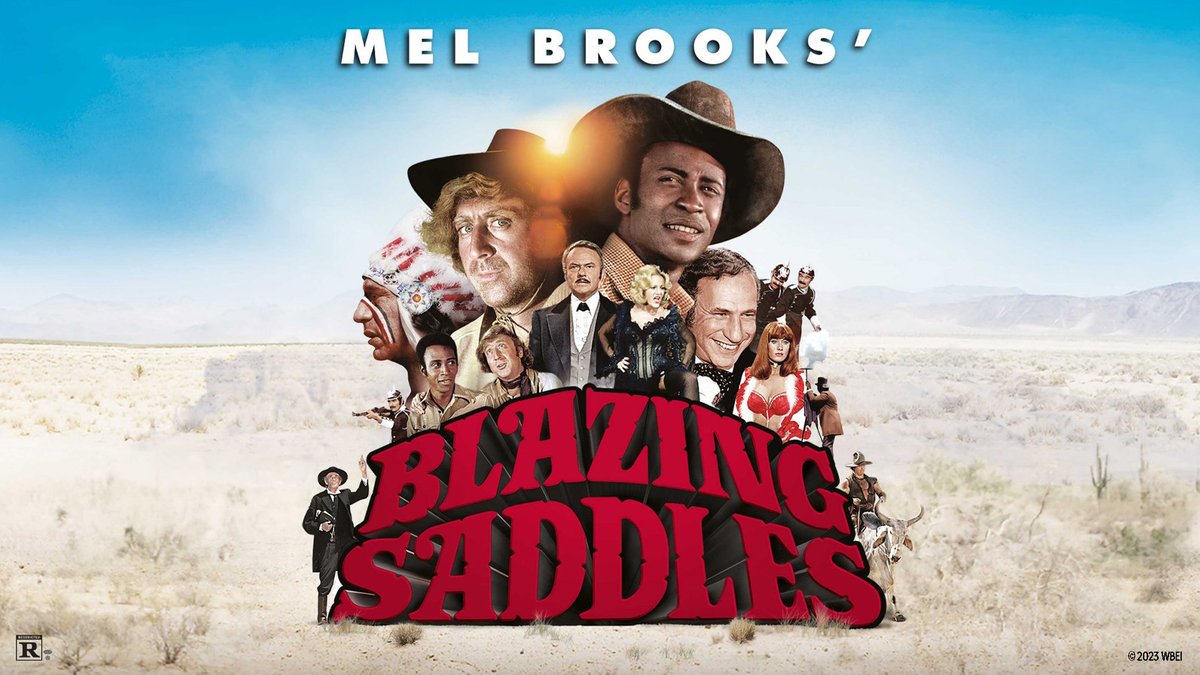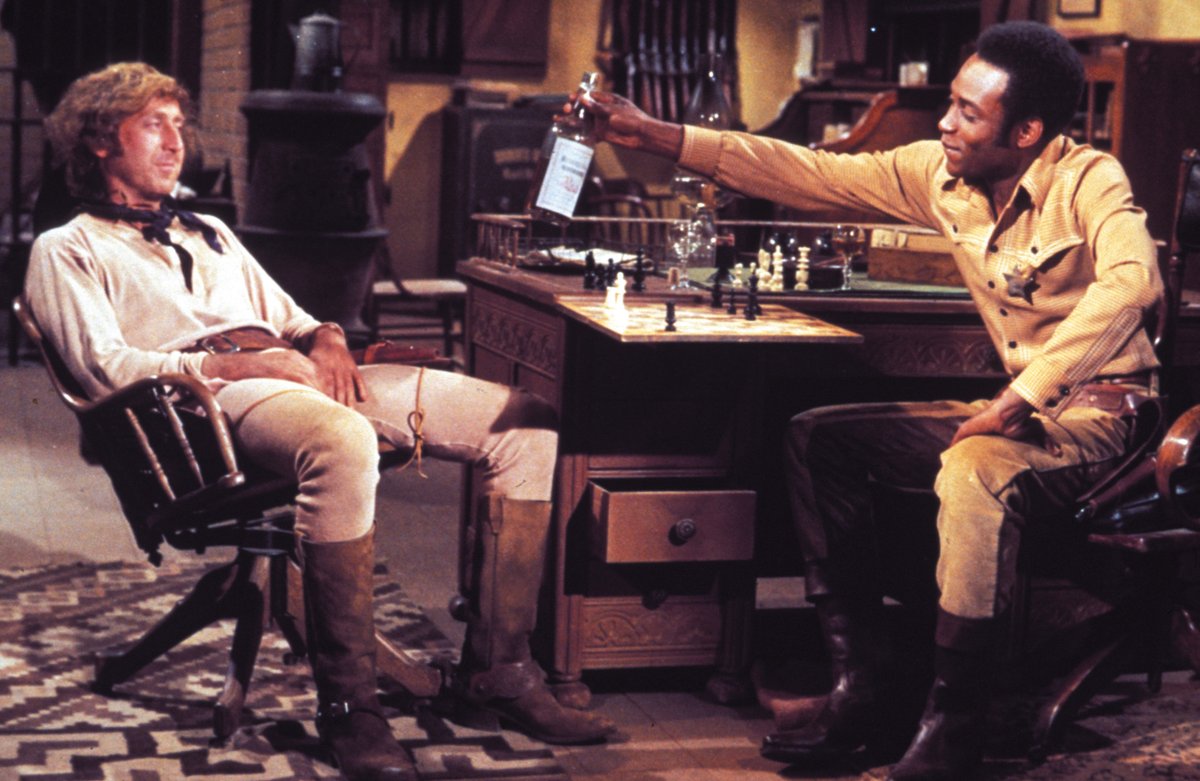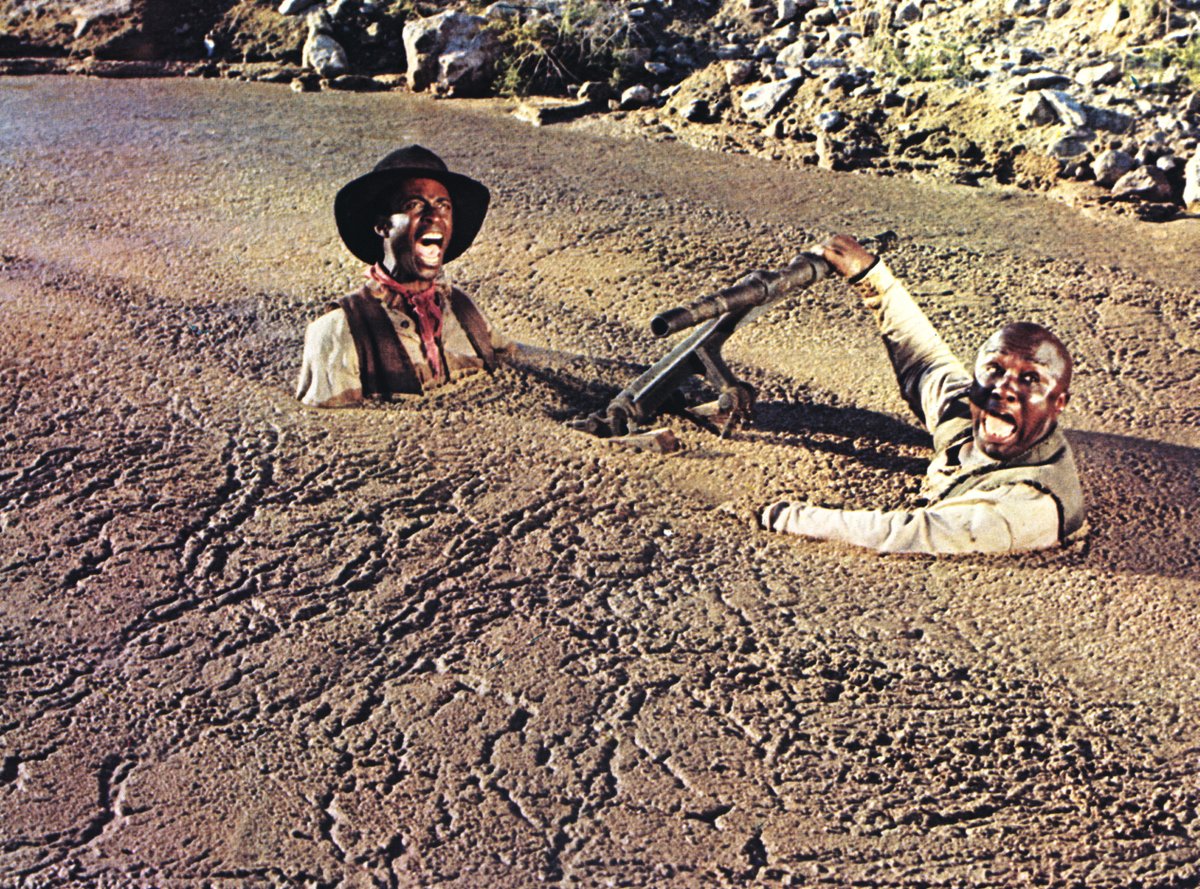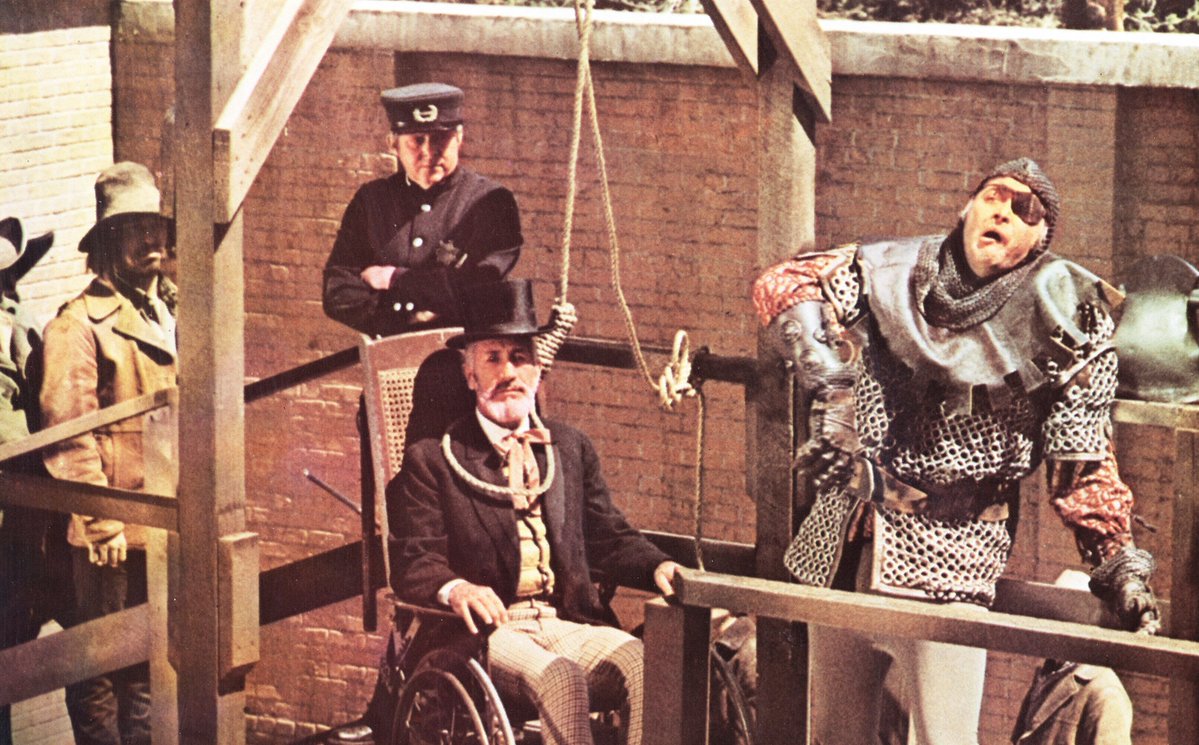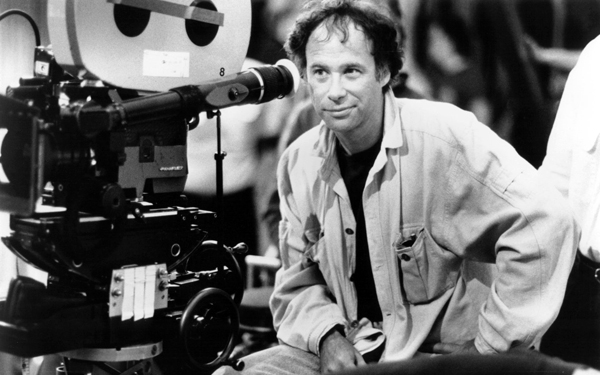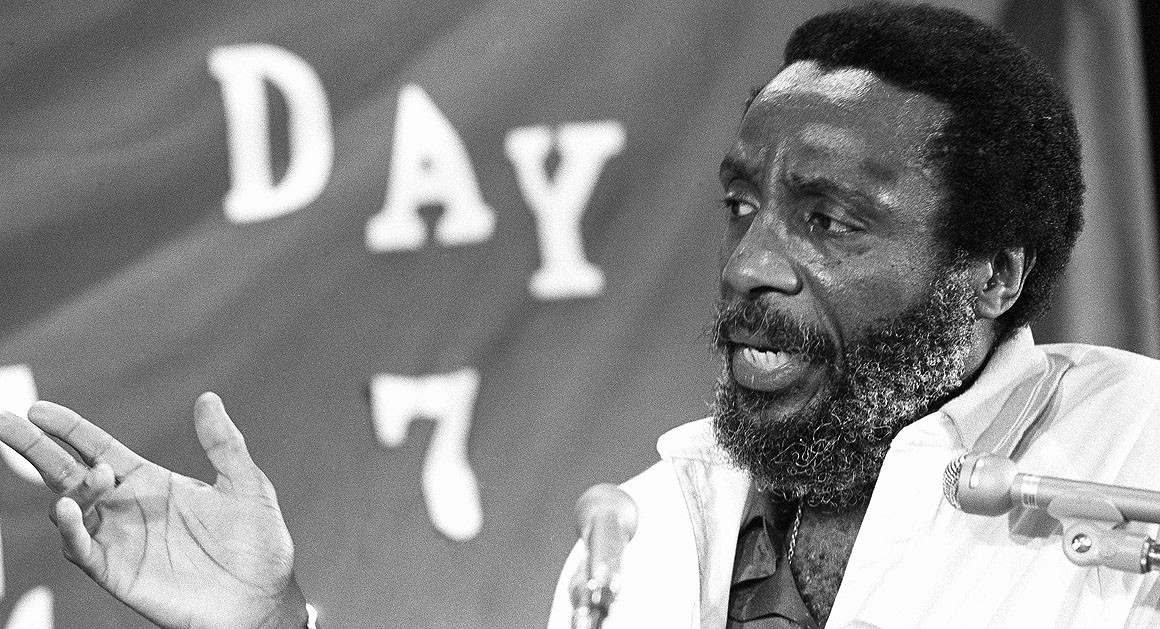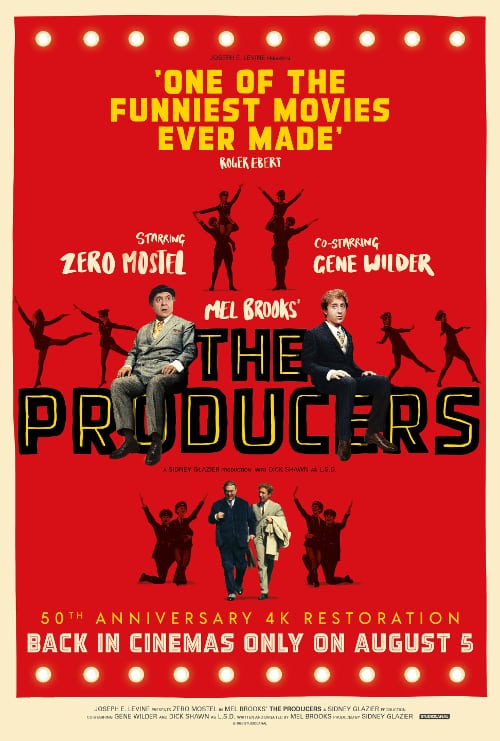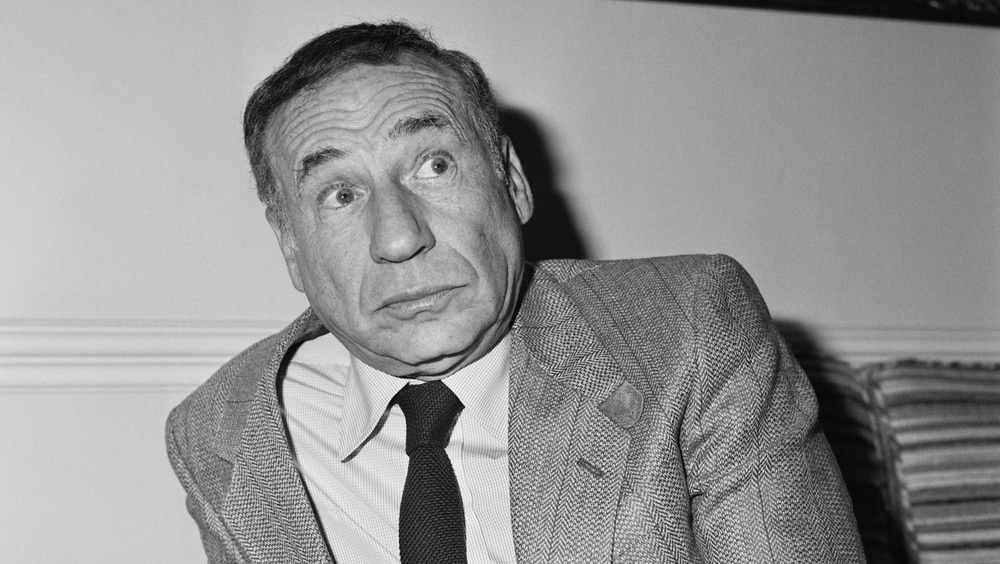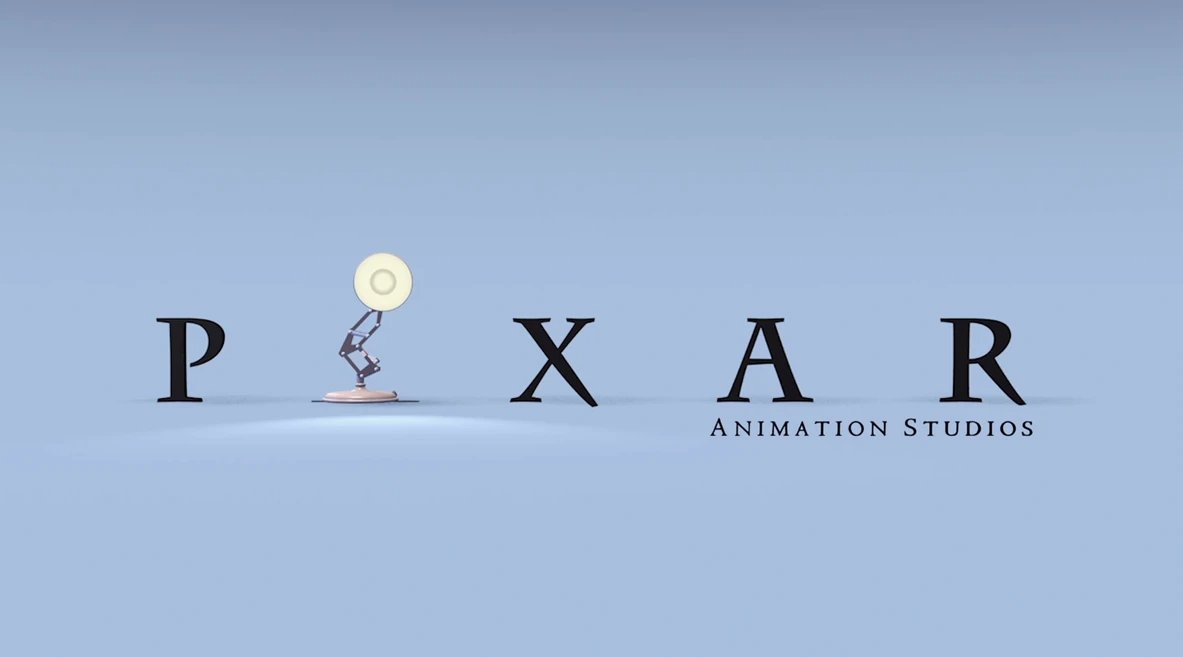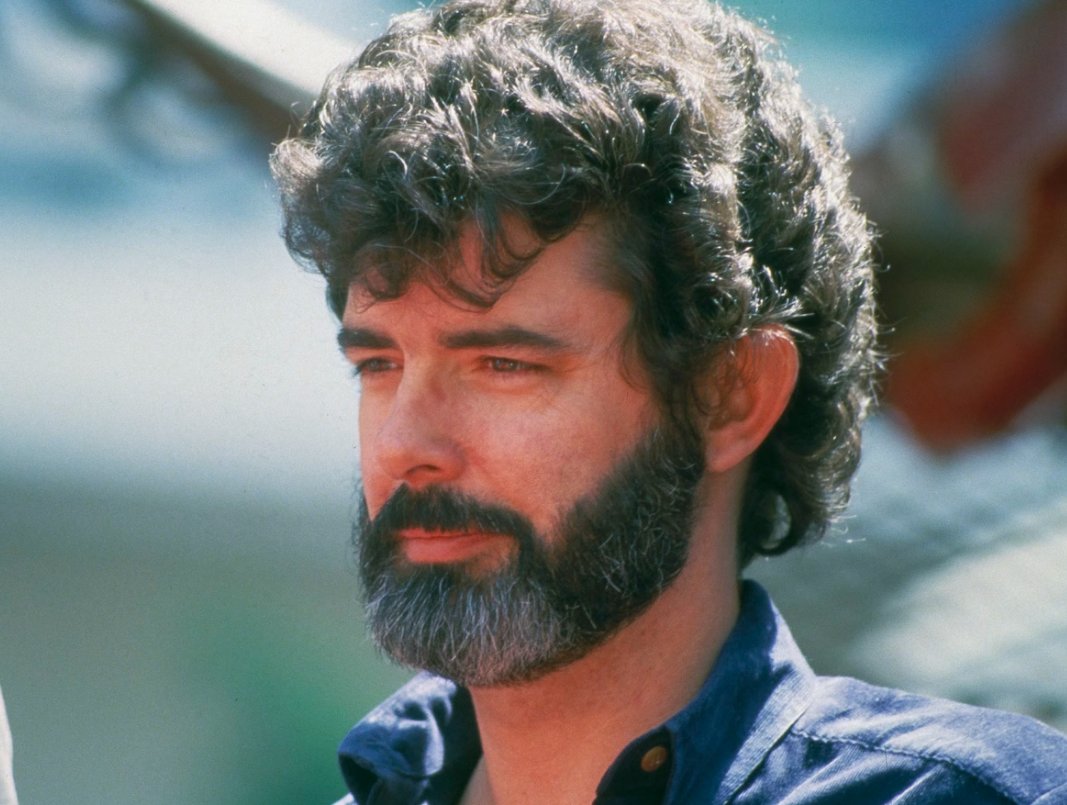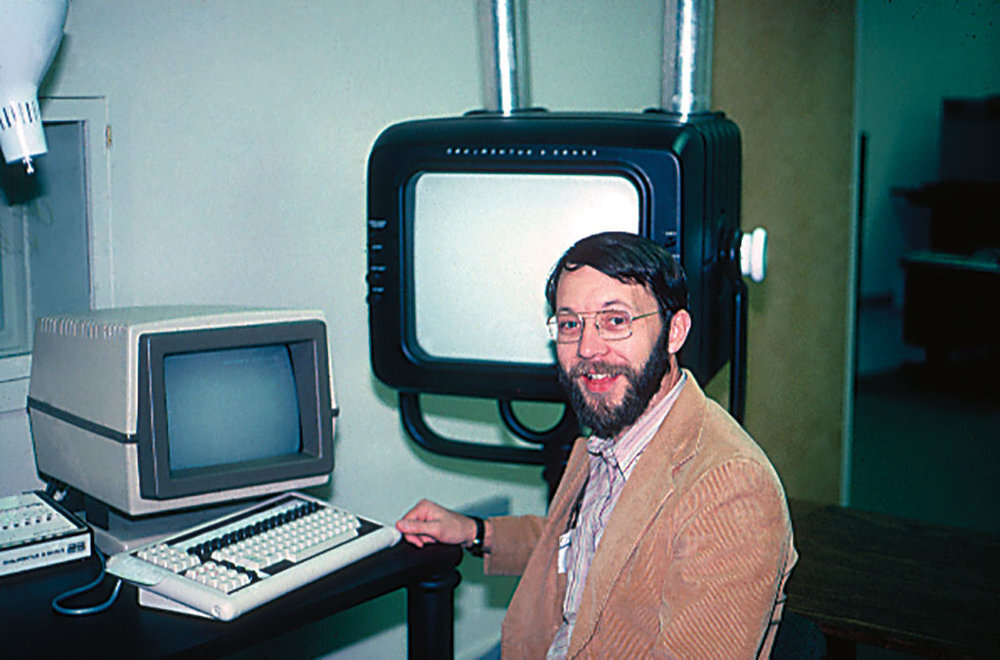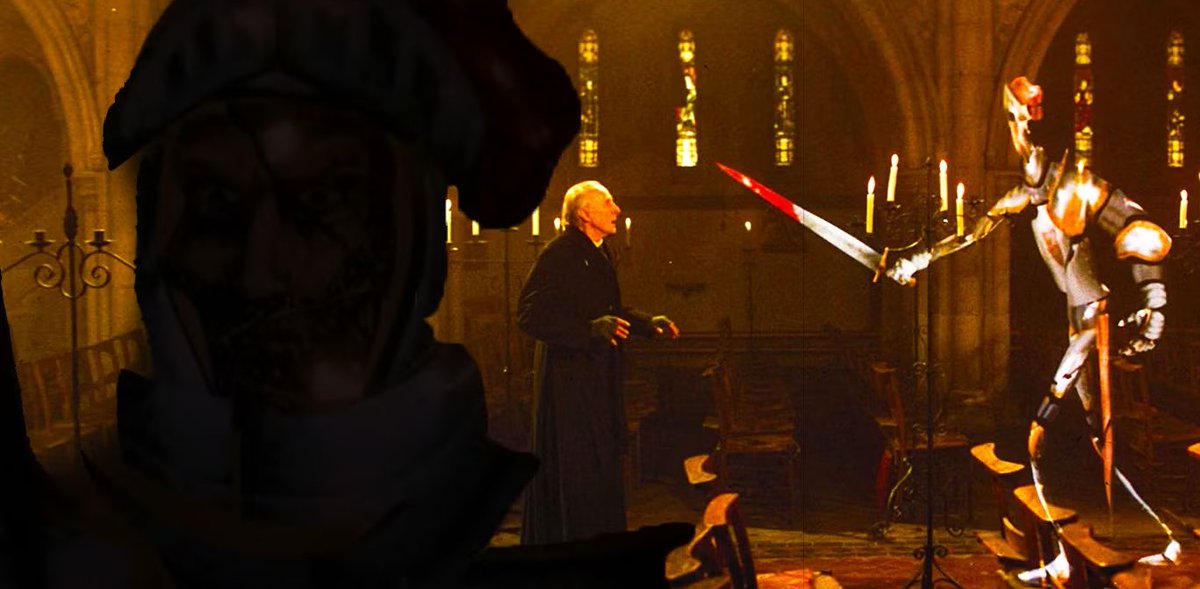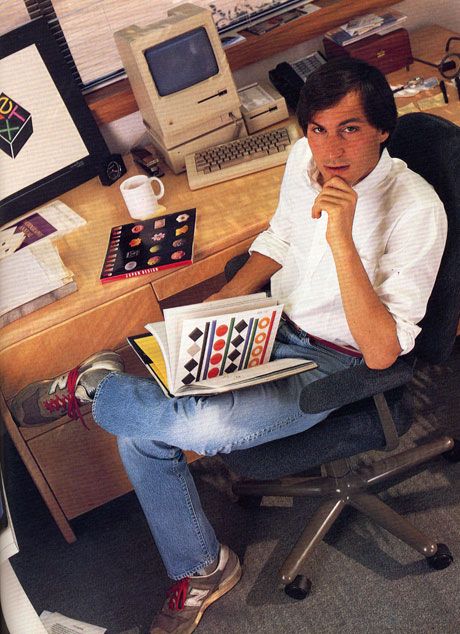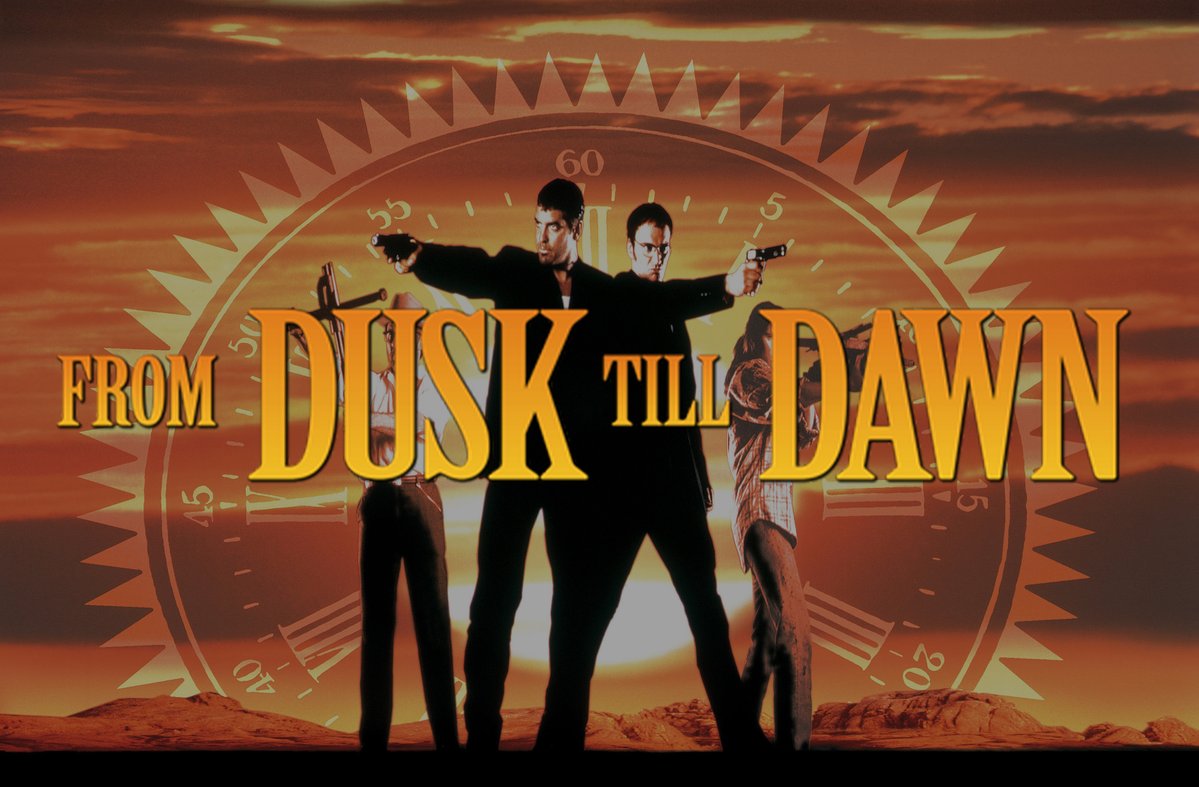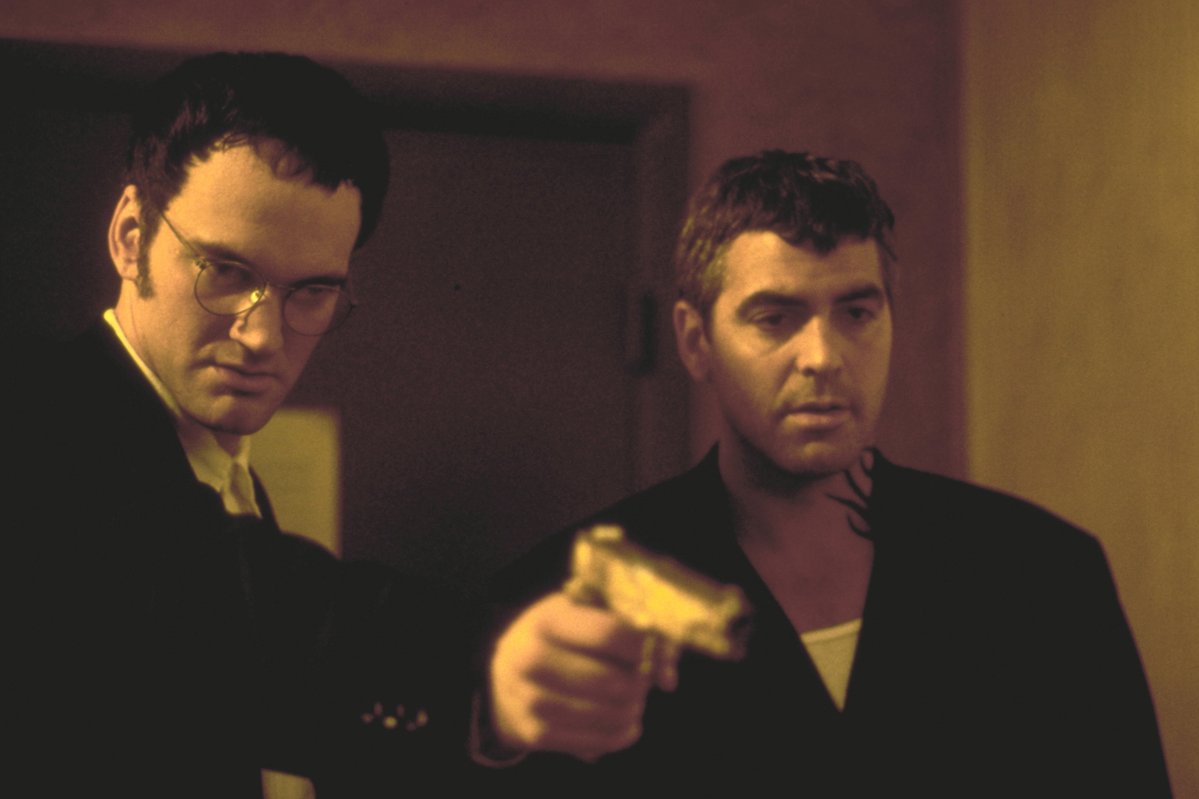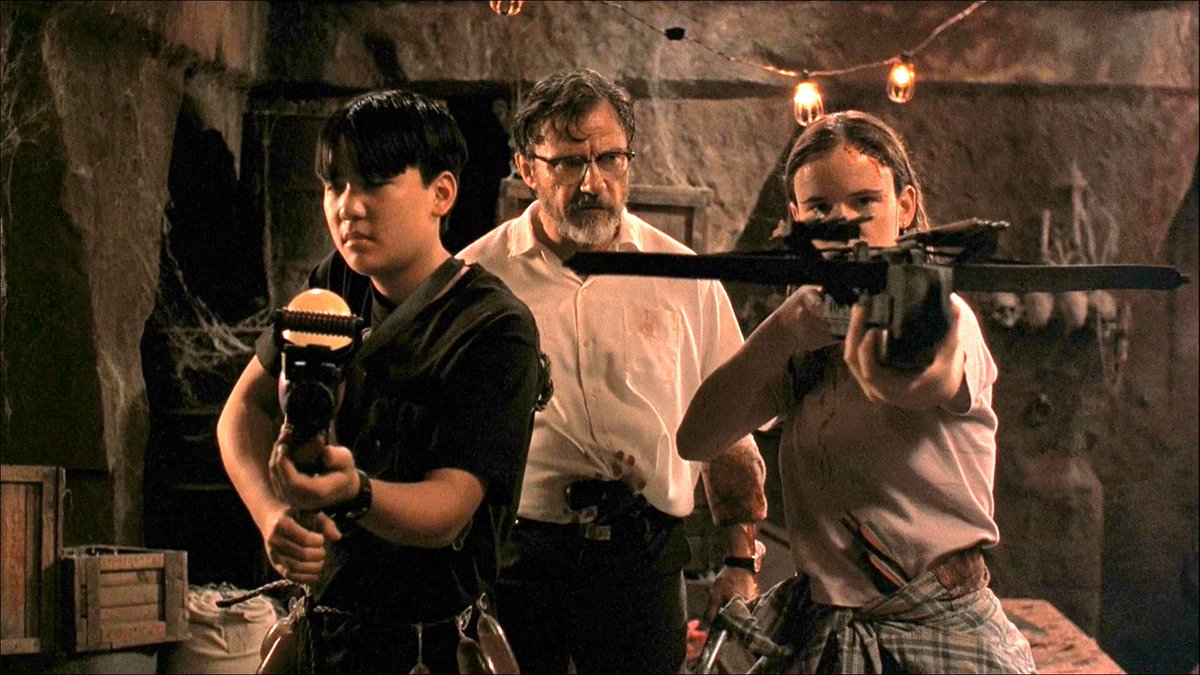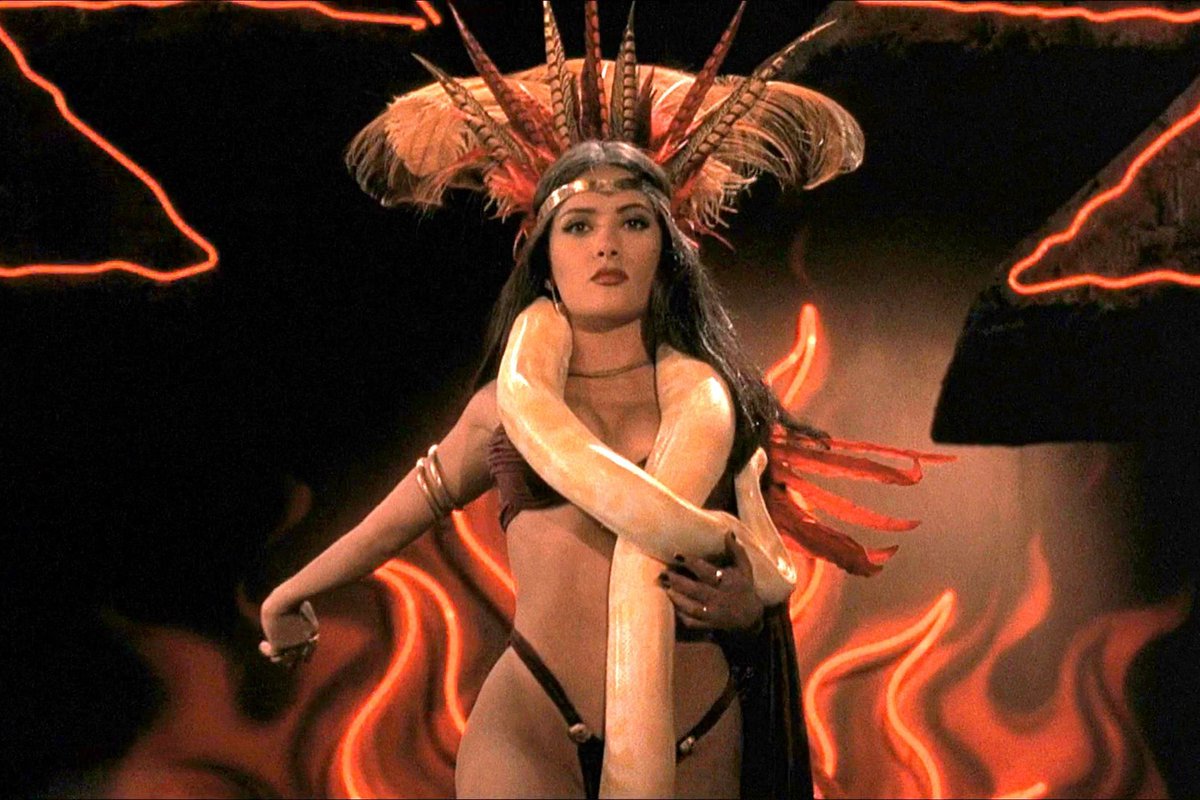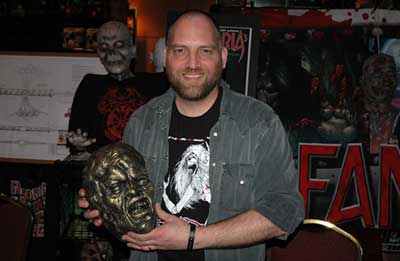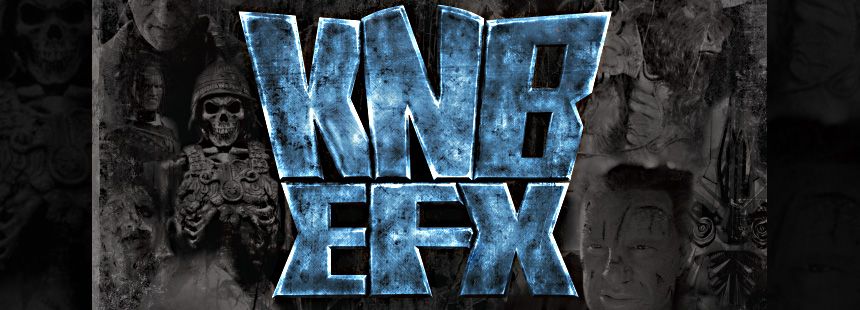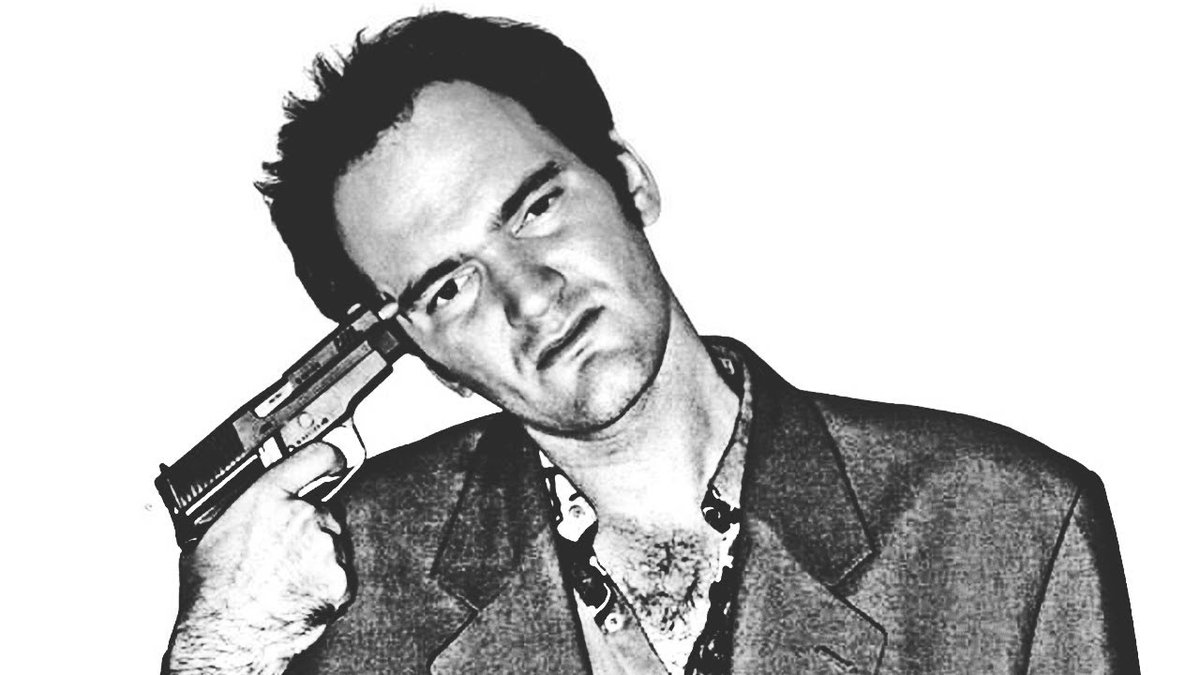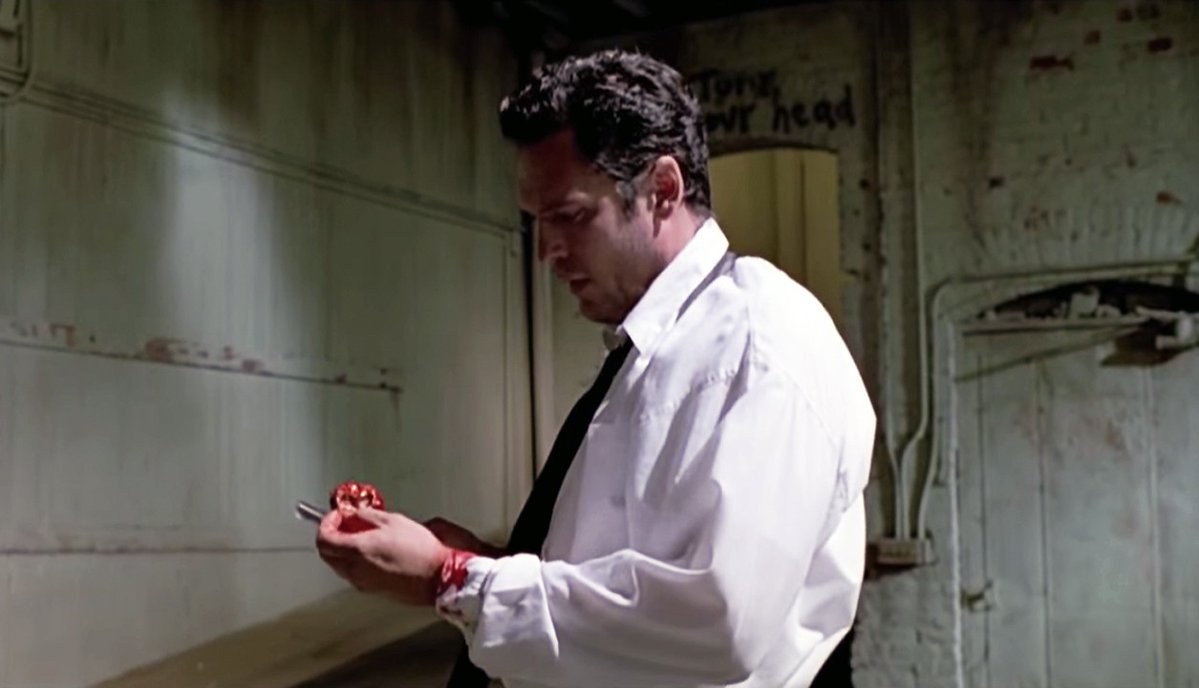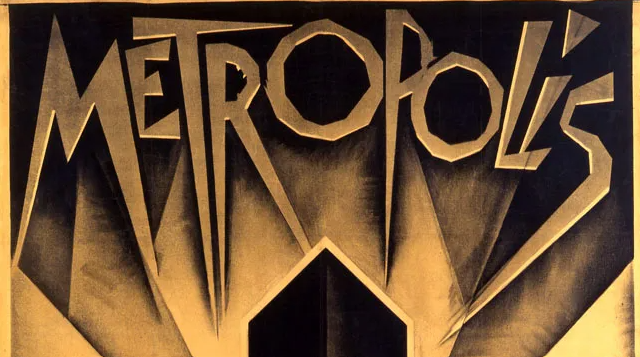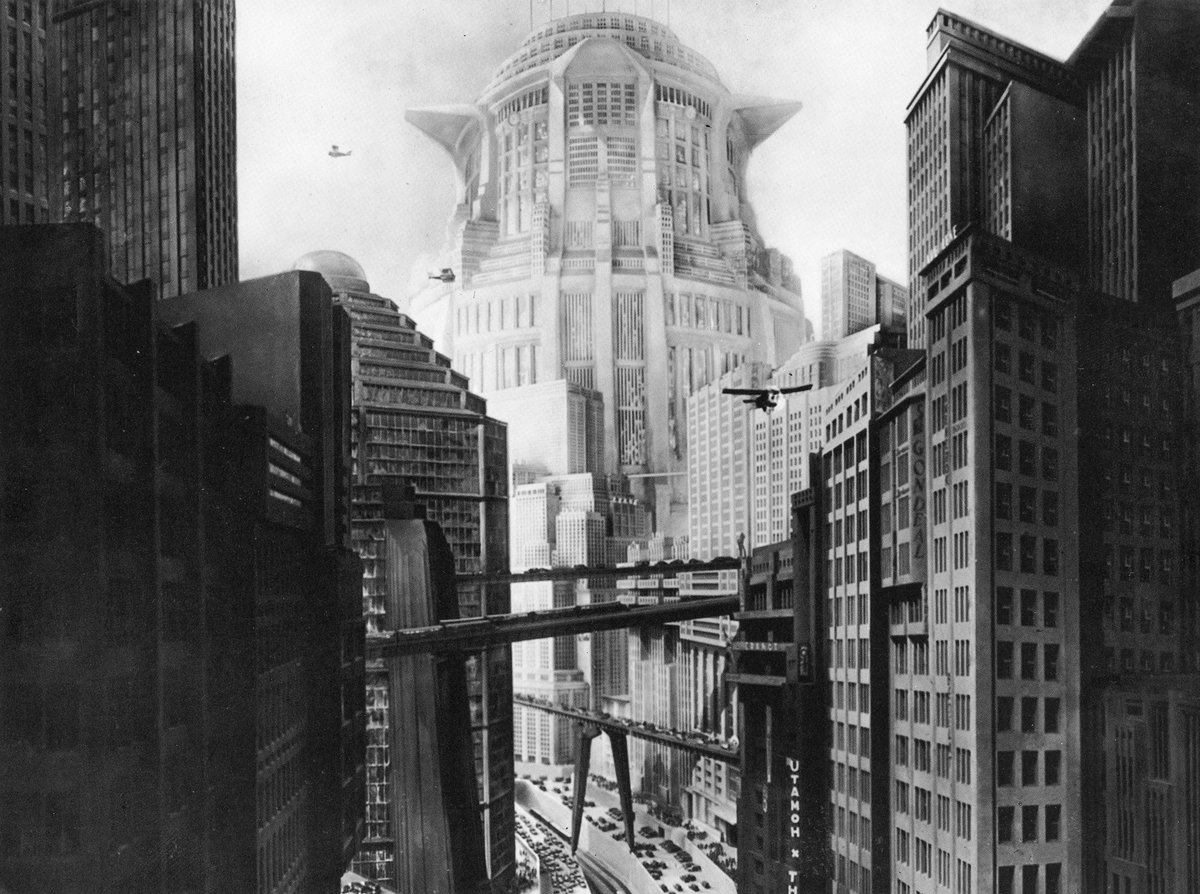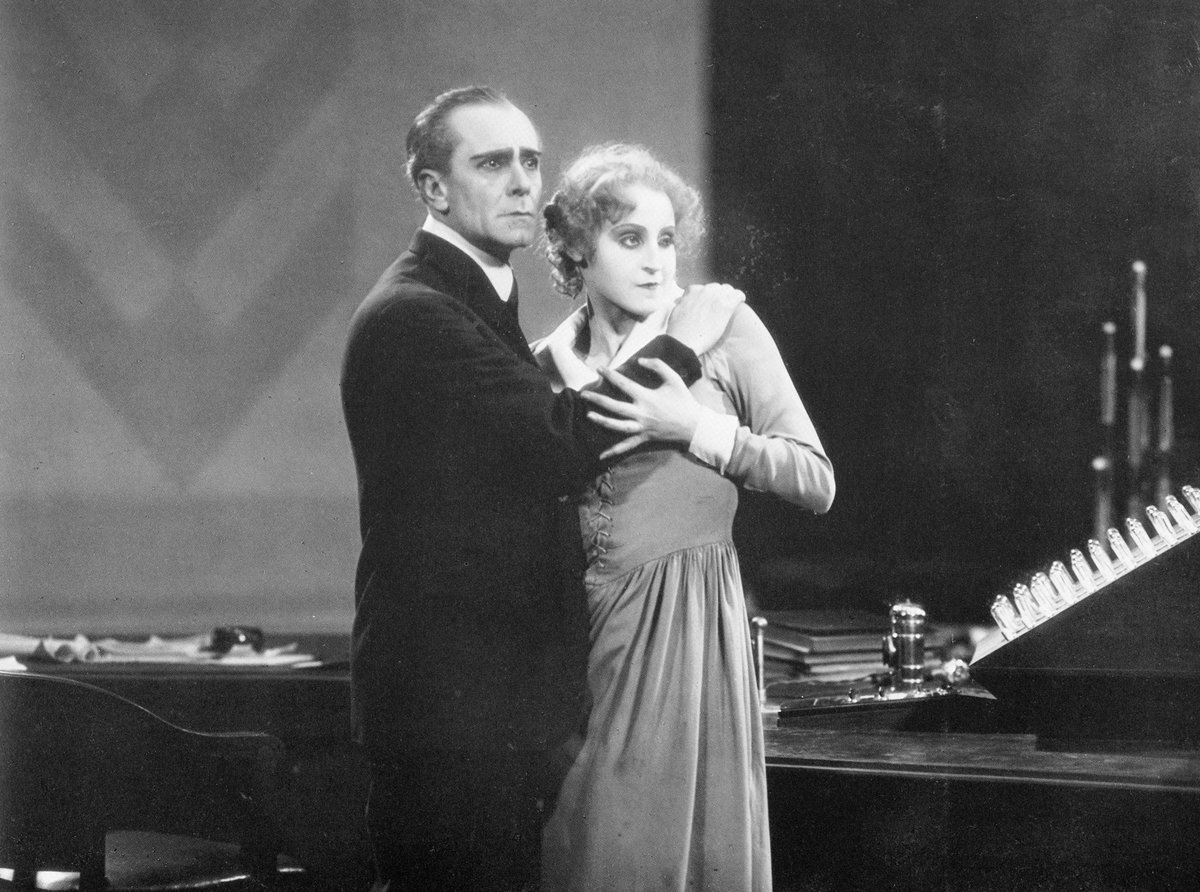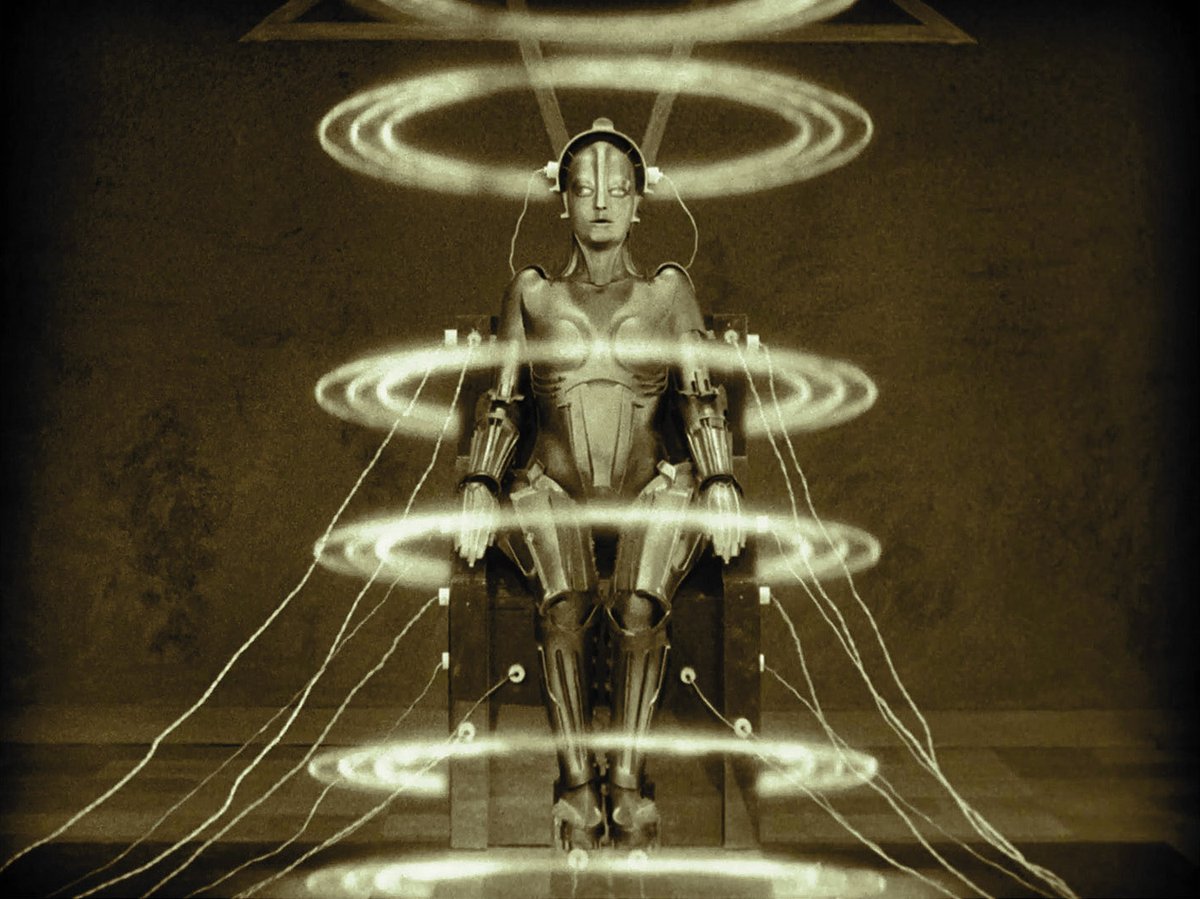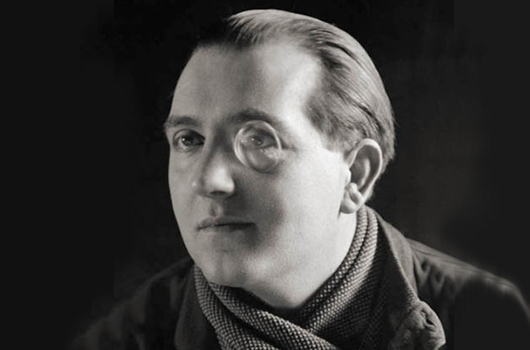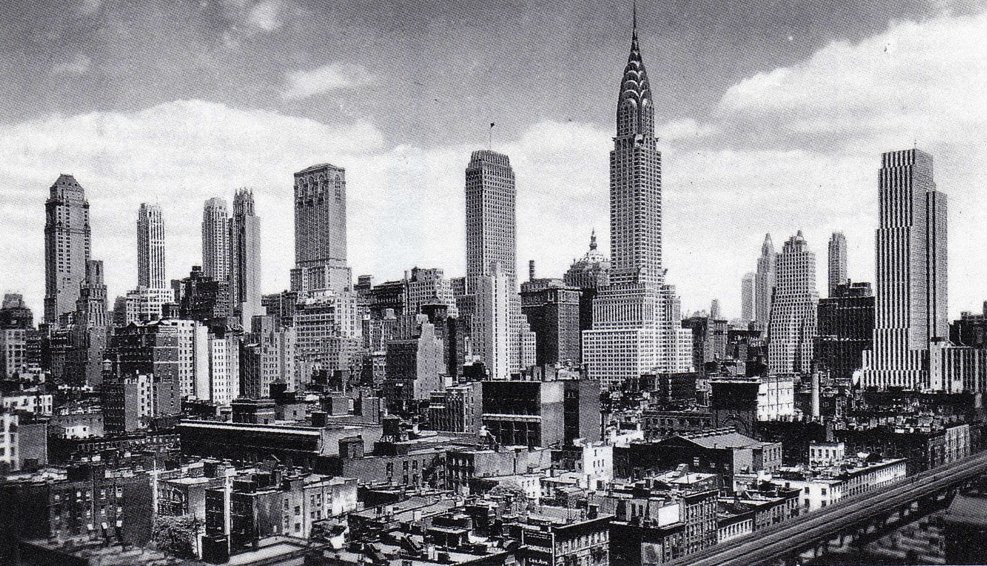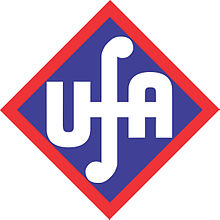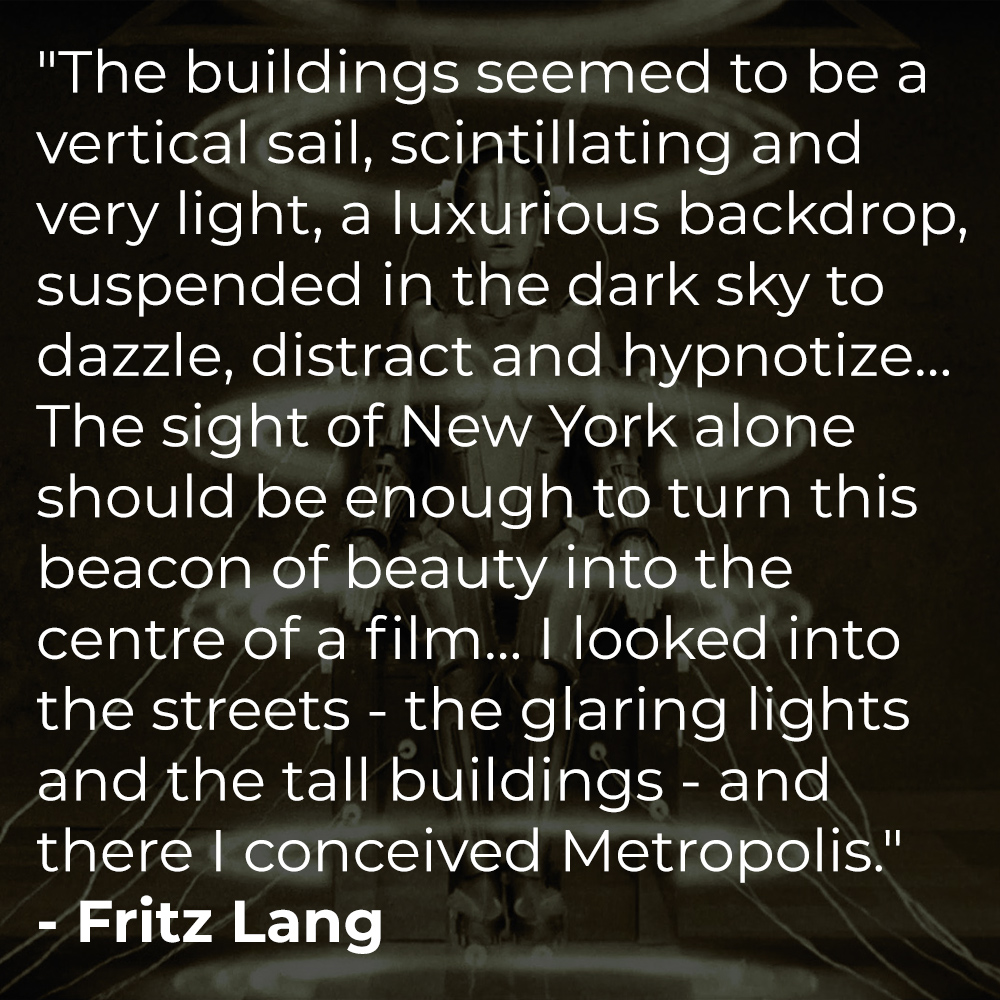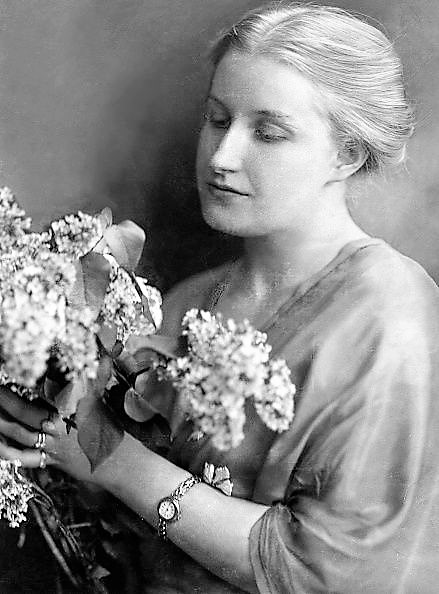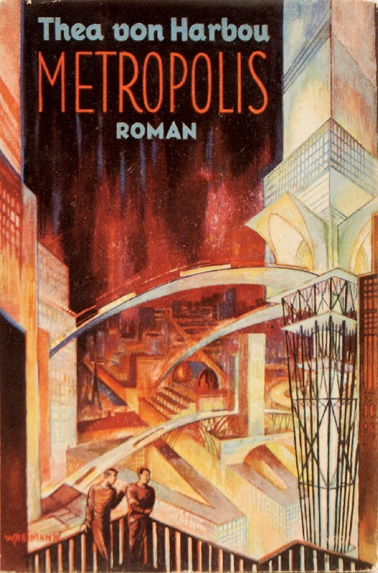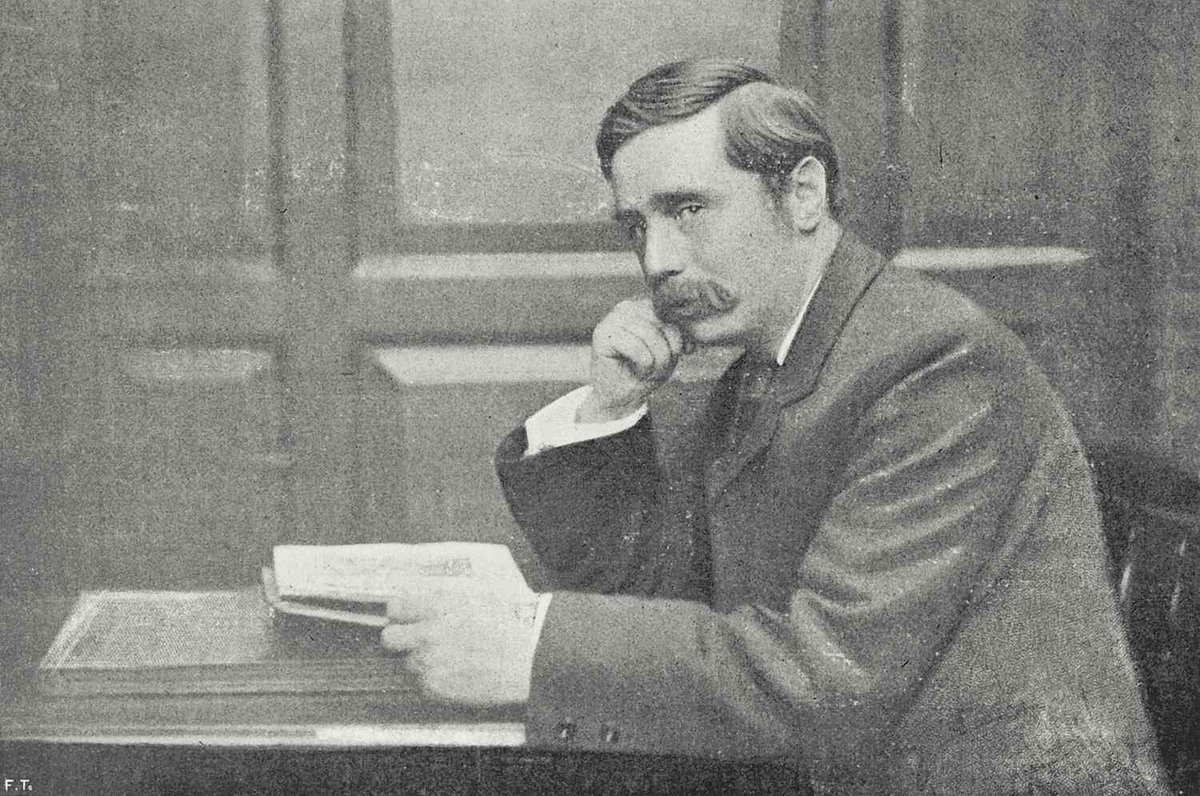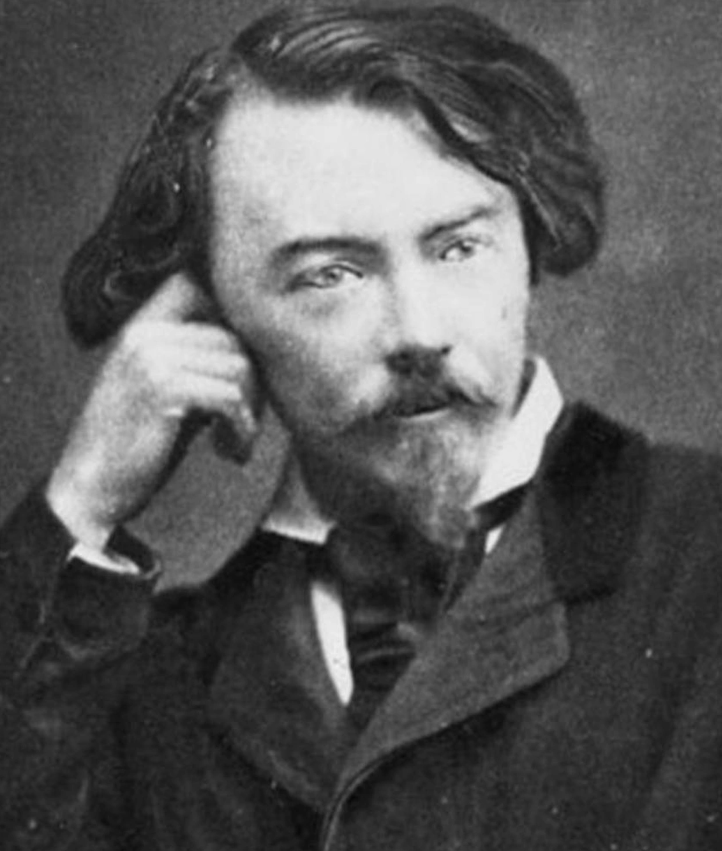THE SILENCE OF THE LAMBS was released 33 years ago this week. One of the most commercially and critically successful crime thrillers ever made, the making of story is like having an old friend for dinner…
1/45




1/45
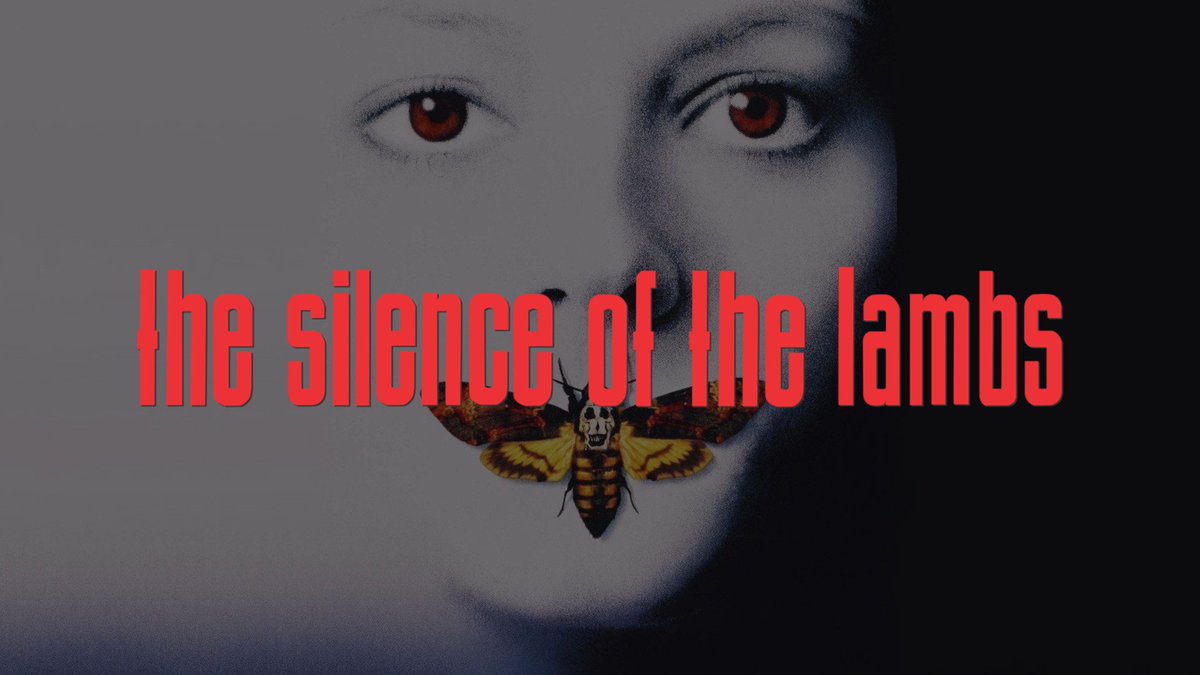
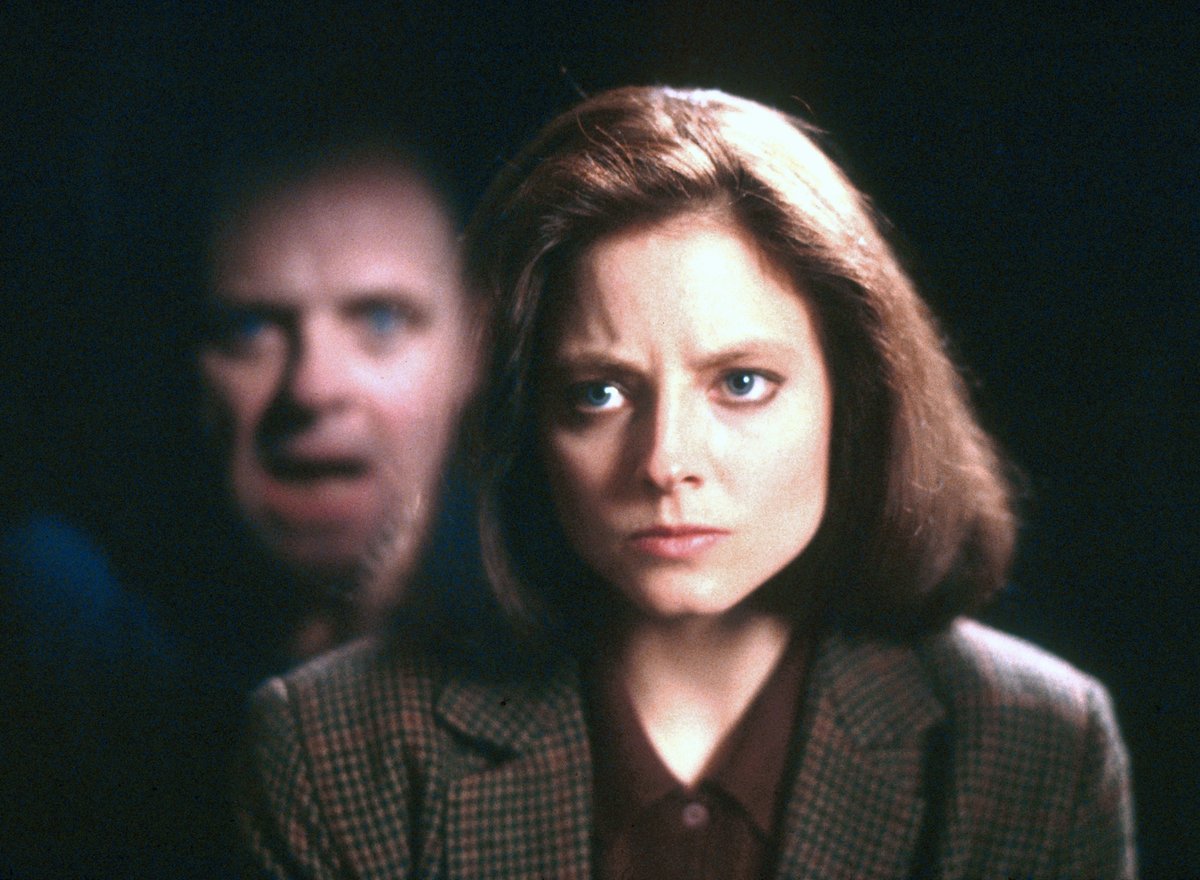
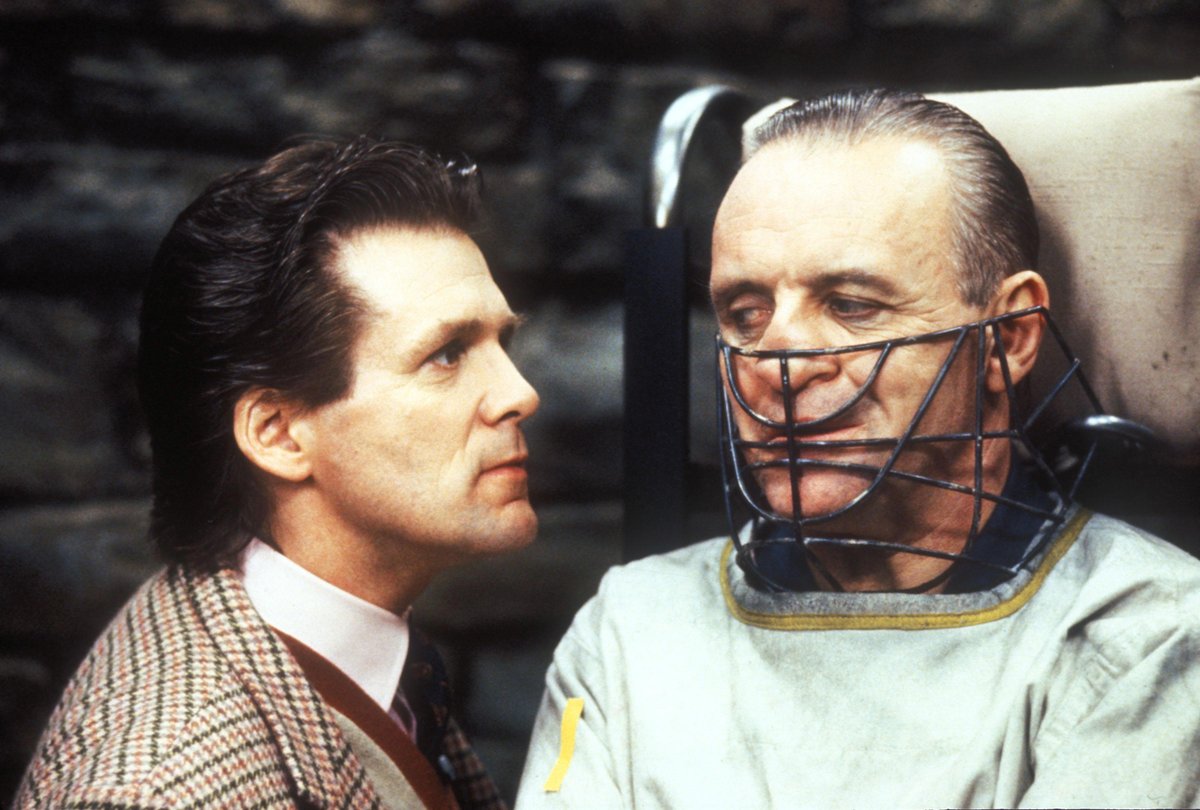
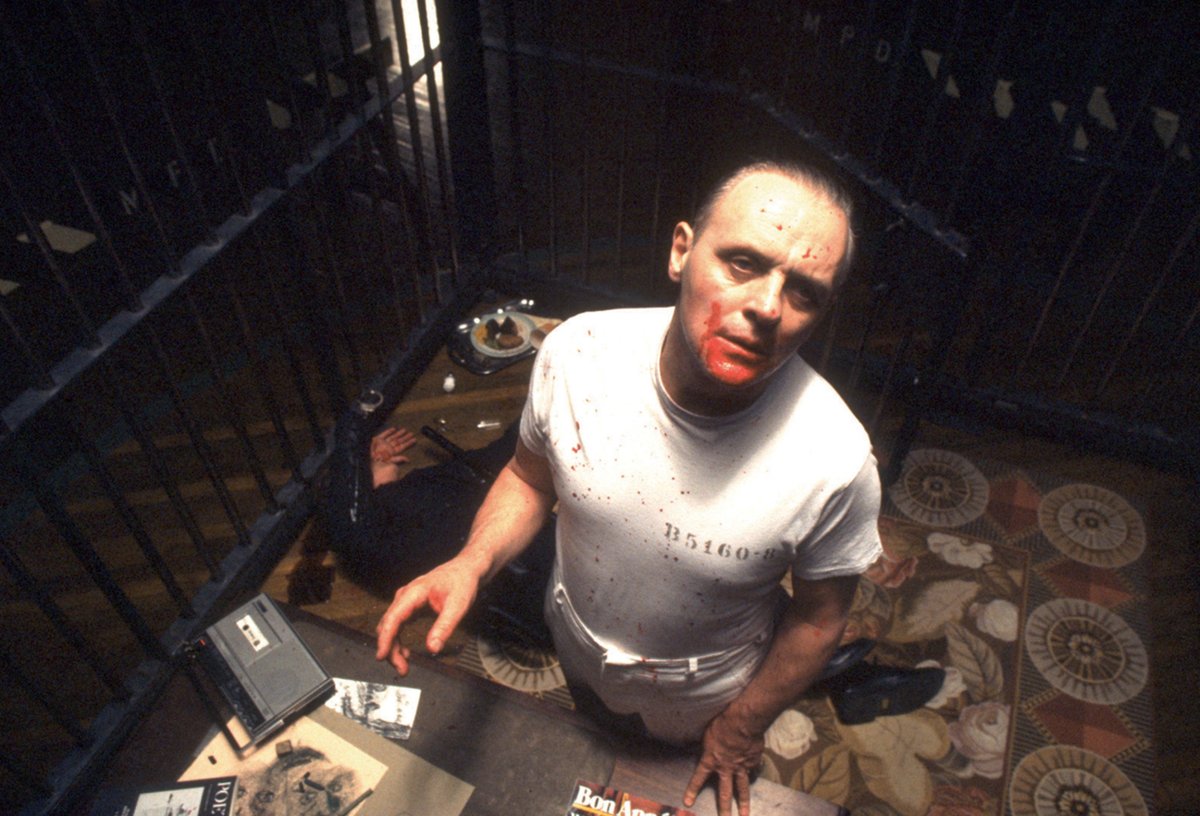
7 years after the success – and film adaptation of – his 1981 novel Red Dragon, author Thomas Harris published a sequel. It followed an enigmatic character from the first – Hannibal Lecter – and was called The Silence of the Lambs.
2/45



2/45
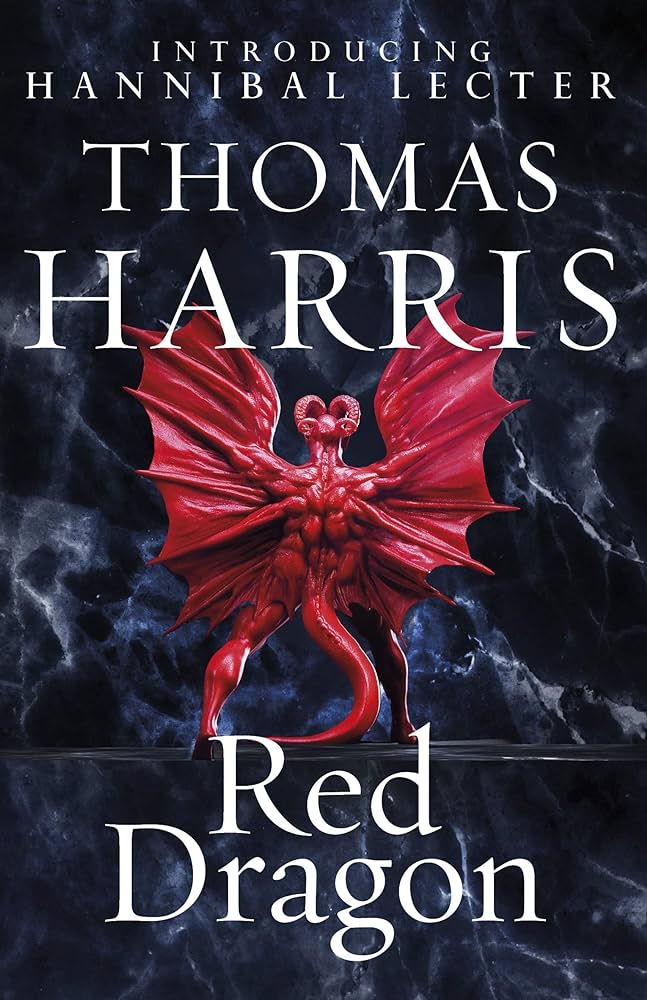

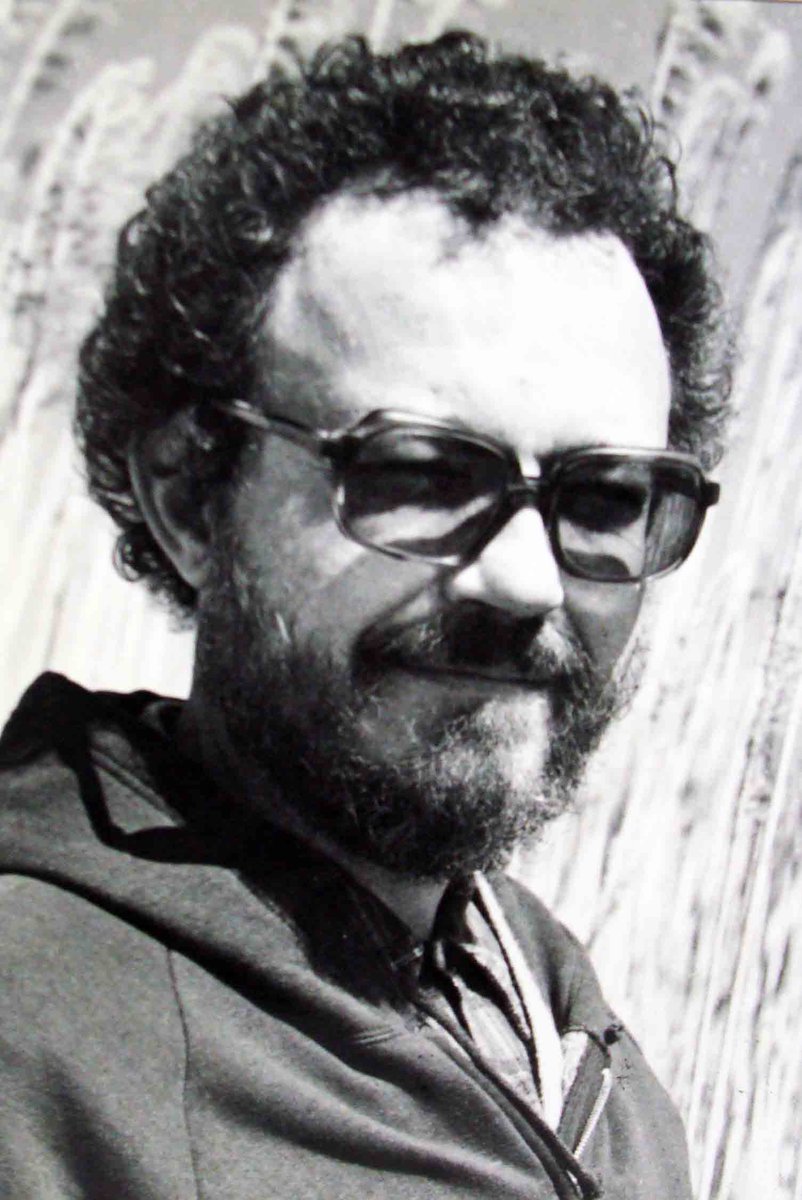
Immediately on the book’s release, film studios were interested. Gene Hackman and Orion Pictures joined forces to acquire the rights for $500k. The idea was Hackman would direct the film, possibly write it, and star as FBI Agent Jack Crawford.
3/45


3/45
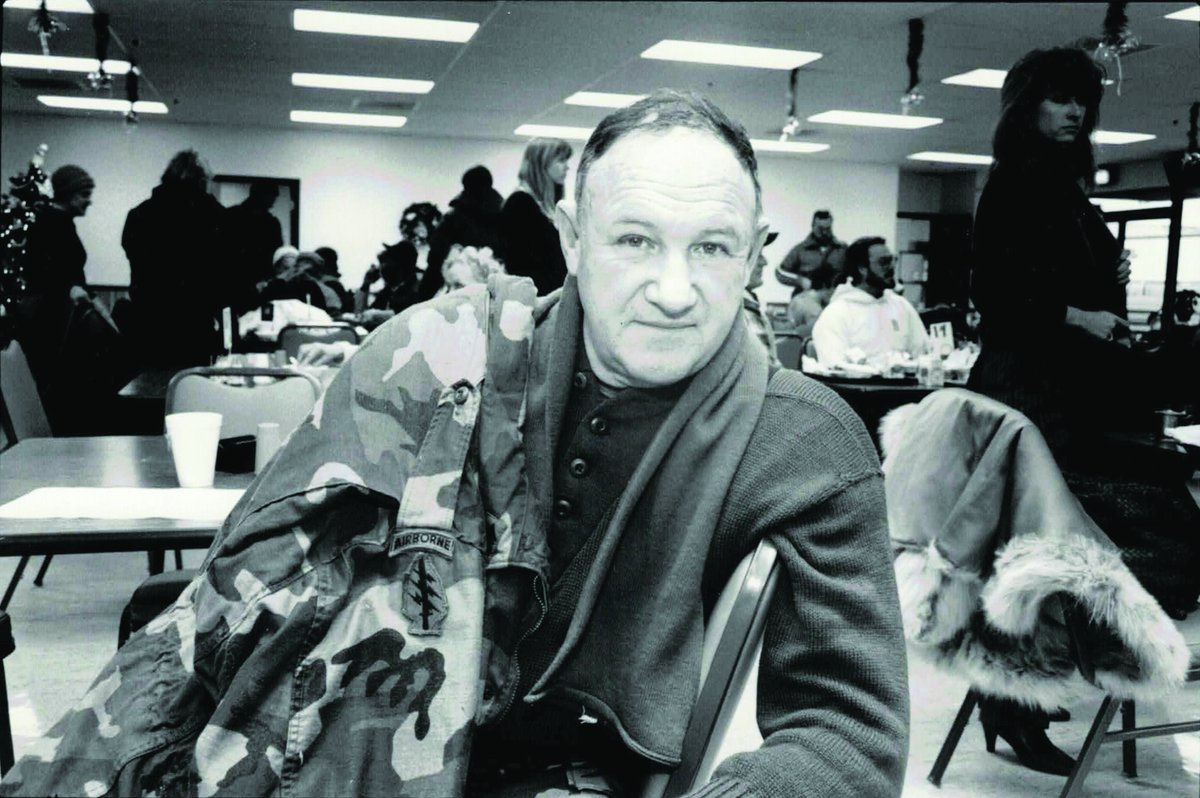
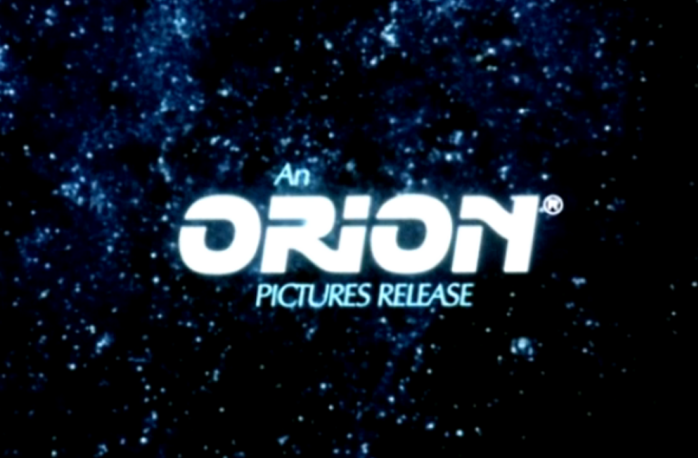
The one stipulation was around the character of Hanibal Lecter. Having adapted Red Dragon as Manhunter (1986), producer Dino De Laurentiis owned the rights to Lecter. Manhunter had flopped though, so De Laurentiis let the rights go to Orion for (reportedly) free!
4/45


4/45
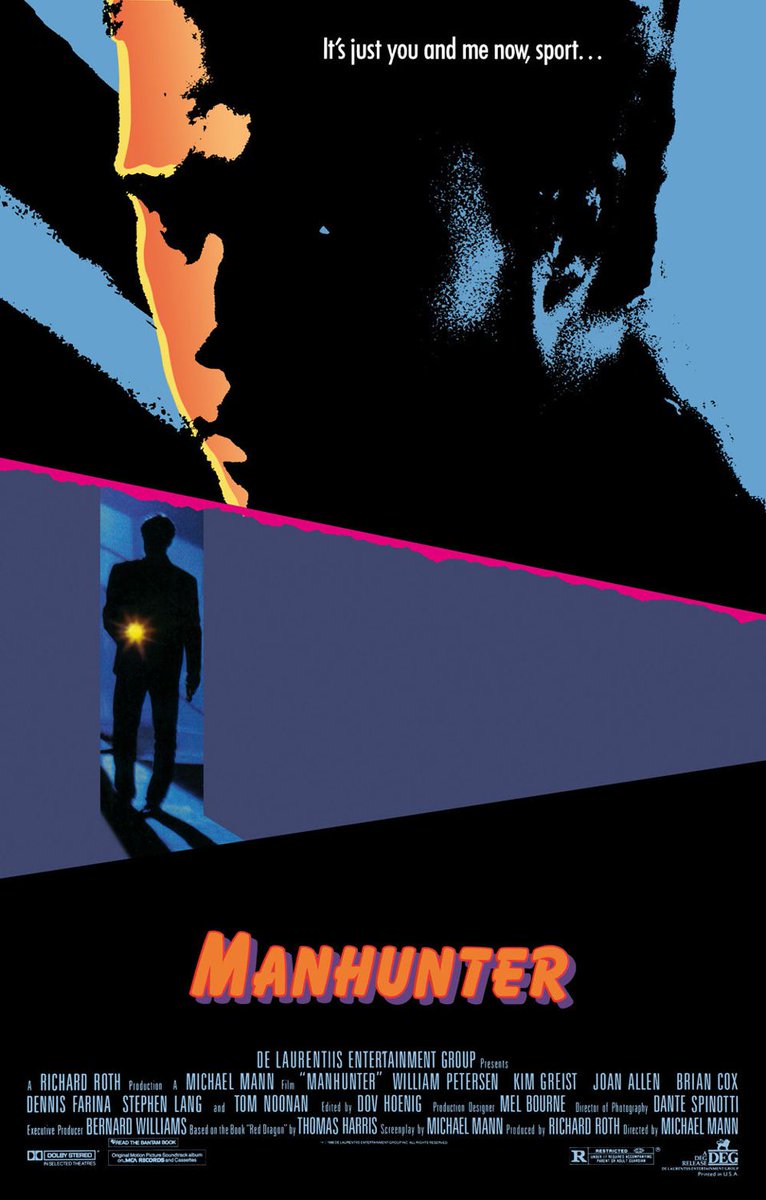
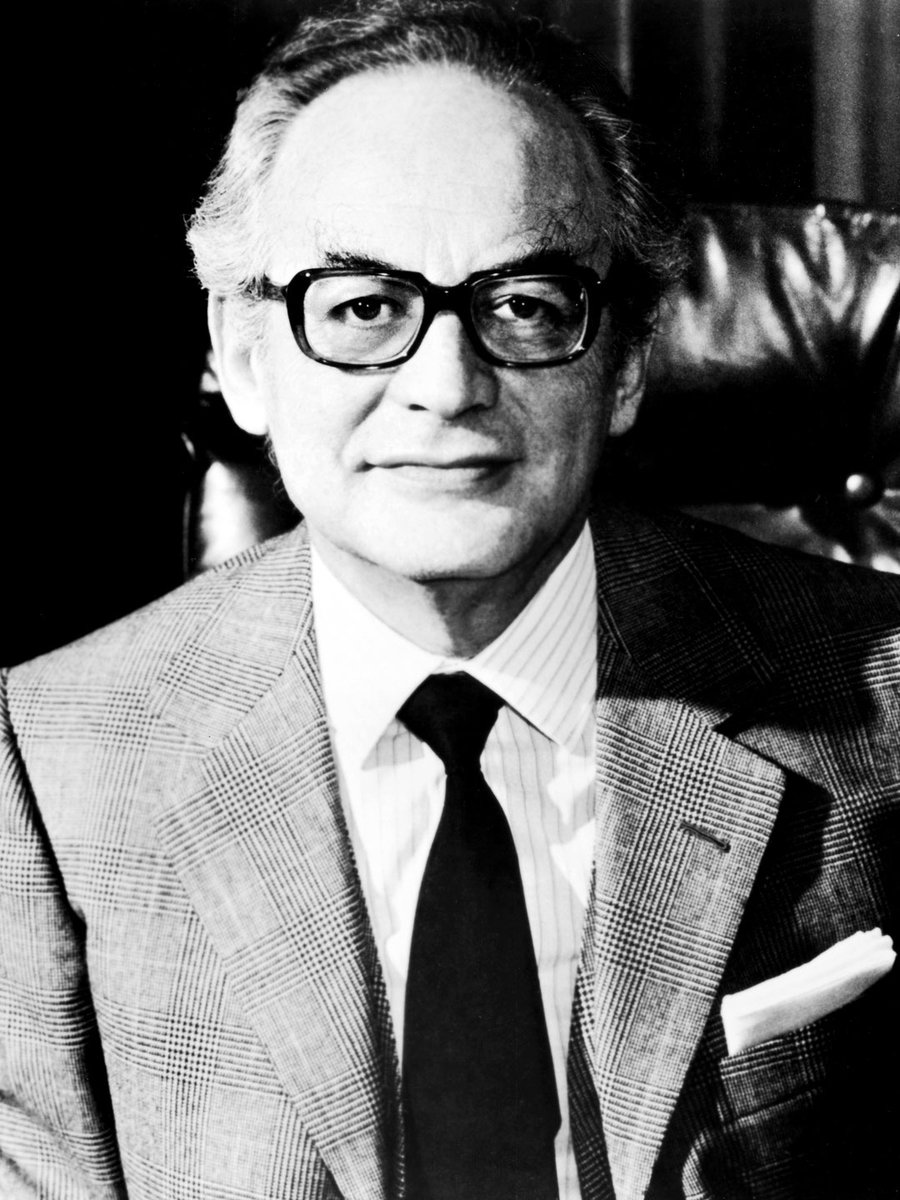
When it turned out that, as a writer, Hackman was a great actor, Orion brought in playwright Ted Tally to adapt the book. Tally had just one screenwriting credit to his name – erotic thriller White Palace.
5/45


5/45
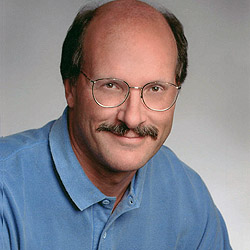
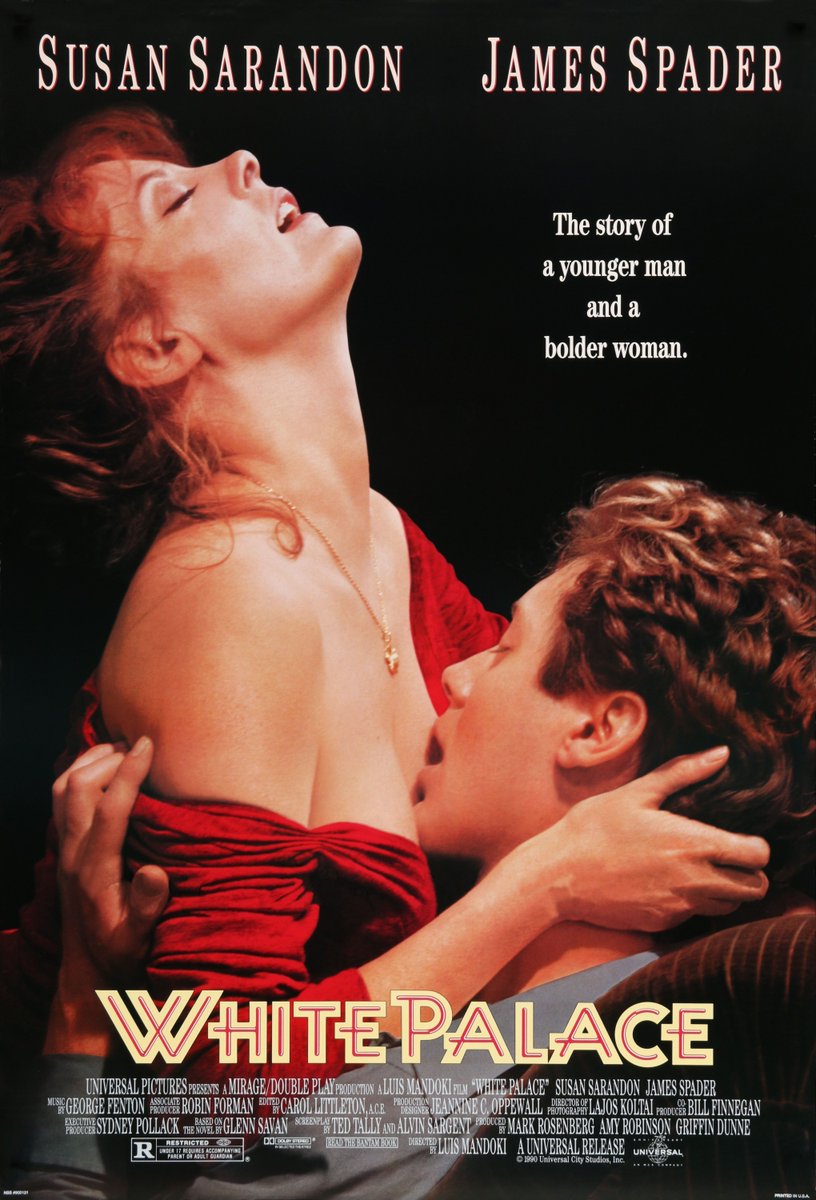
At this point, Hackman pulled out – reportedly, he watched himself playing a tough guy agent in Mississippi Burning and didn’t want to repeat it. Later, Paul Verhoeven claimed he was offered the chance to direct, but said no. A decision he regretted.
6/45


6/45
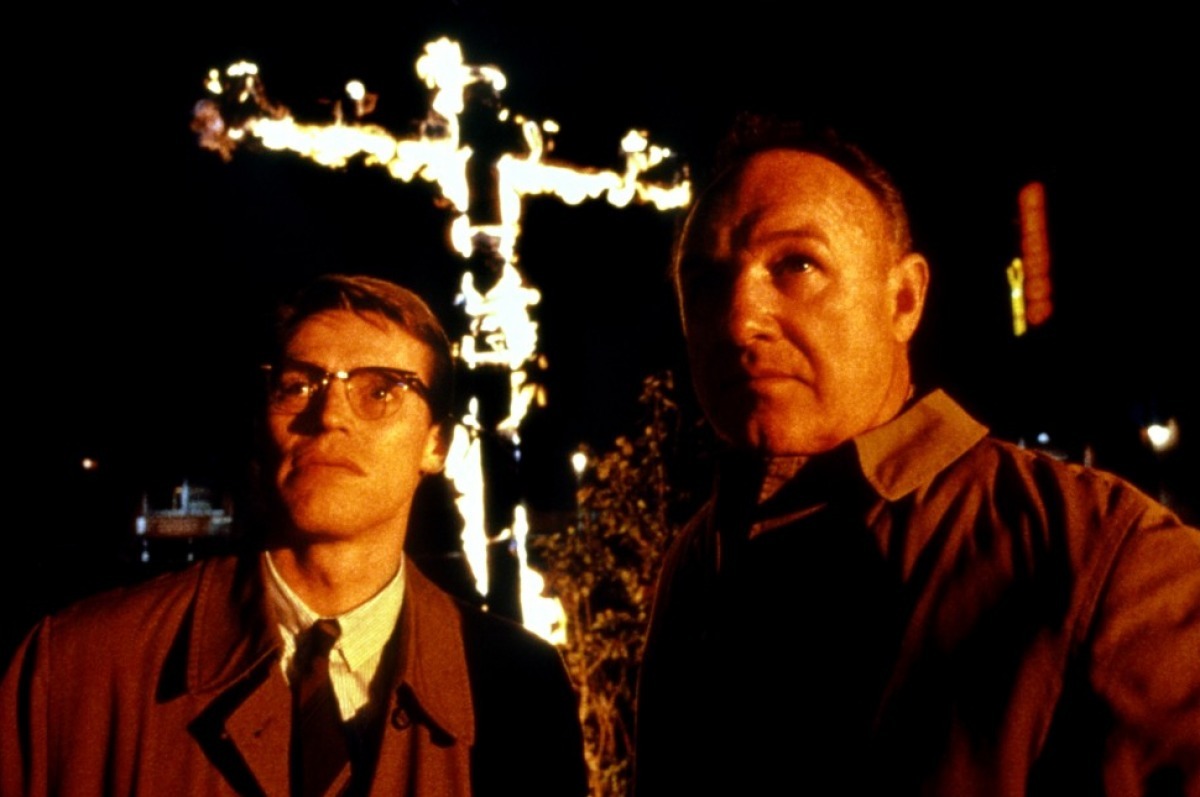
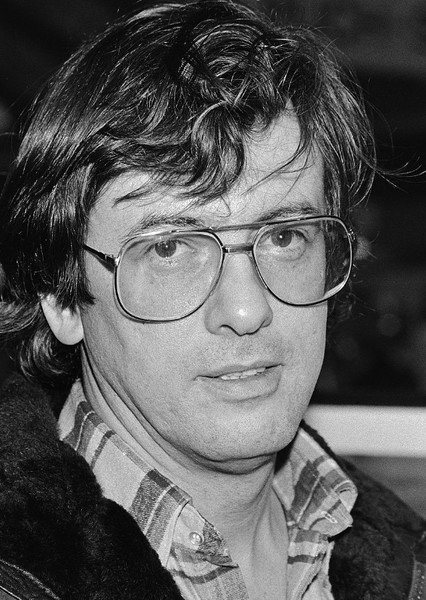
With the screenplay half-finished, Orion sent Harris’ novel to Jonathan Demme. He had made a big hit for Orion in 1986 – Something Wild. Orion offered him the directing gig for the Silence of the Lambs, and he accepted.
7/45


7/45

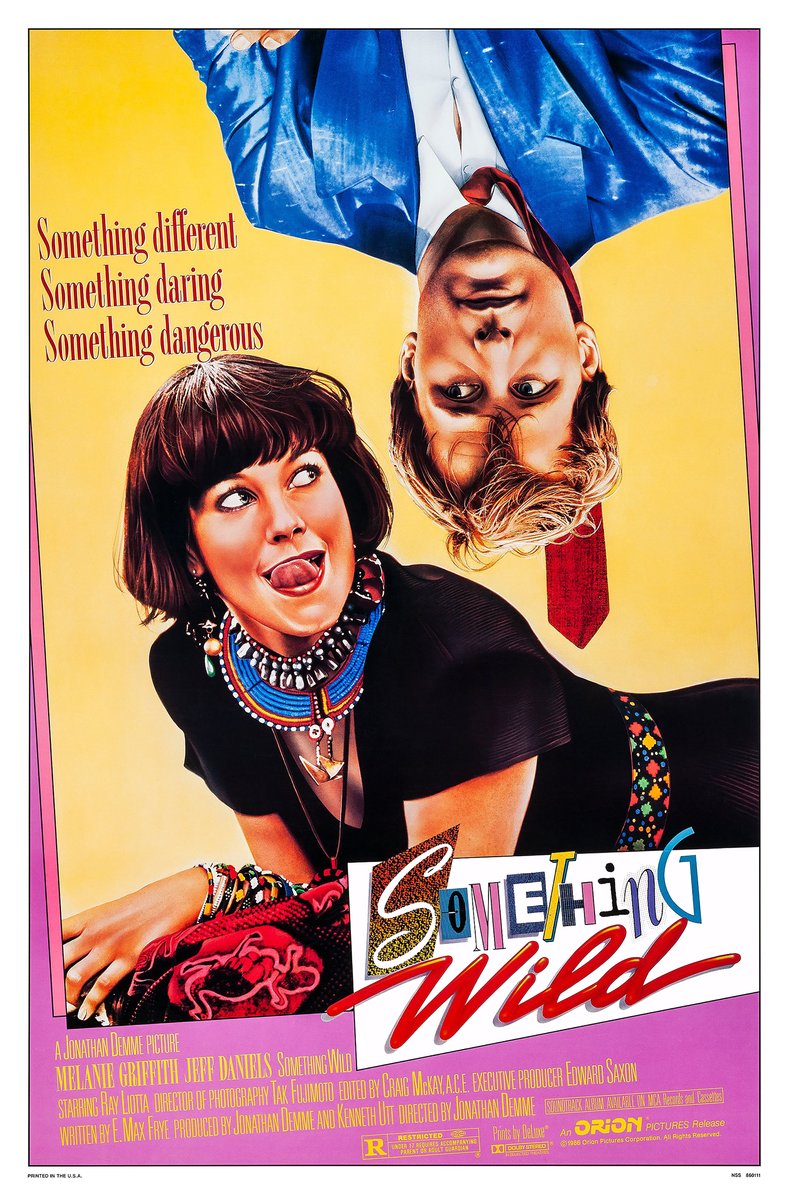
To play the lead role – FBI Agent Clarice Starling – Demme wanted Michelle Pfeiffer. They had talks bought Pfeiffer turned the role down went Orion wouldn’t meet her reported $2m fee for the film.
8/45


8/45
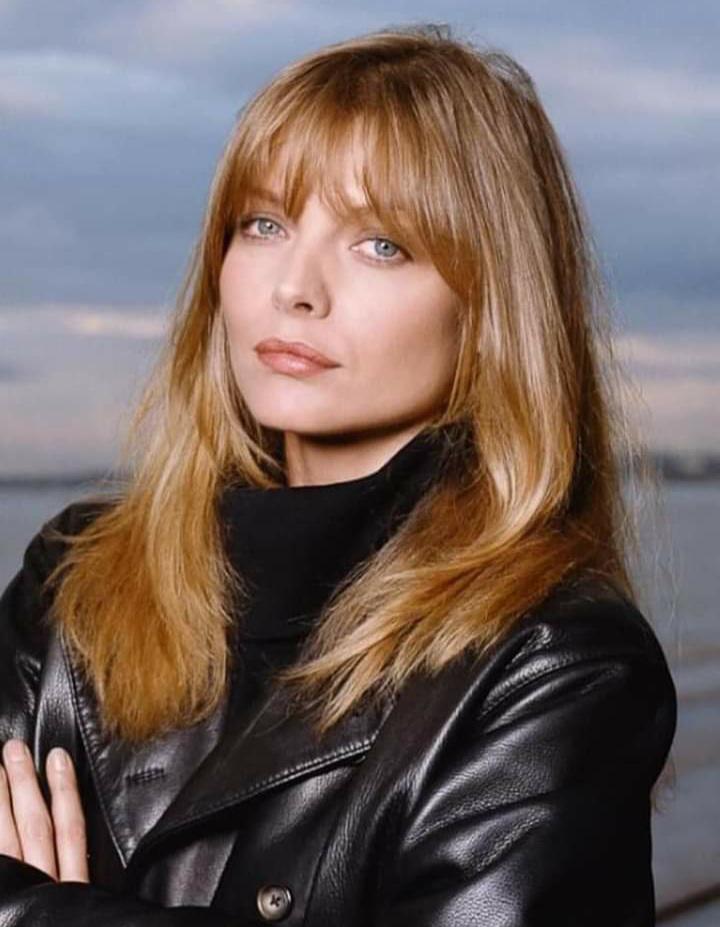
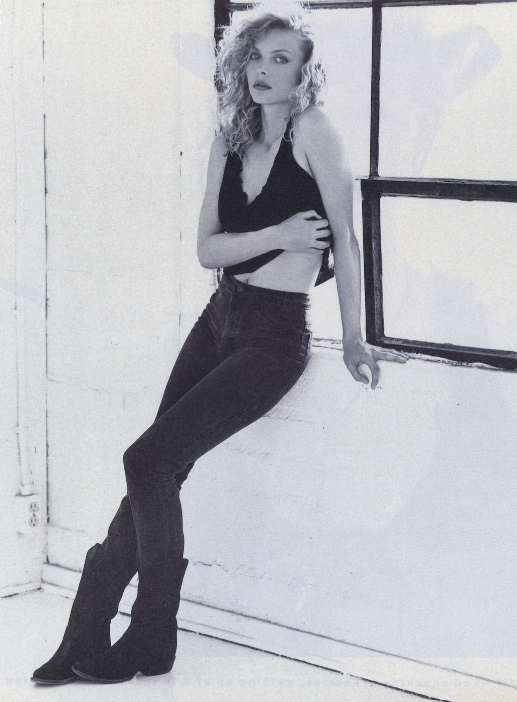
Many other names were considered (or auditioned) to play Clarice. Demme said there were over 300 applicants - among them Debra Winger, Andie MacDowell, Madeleine Stowe and Nicole Kidman.
9/45




9/45
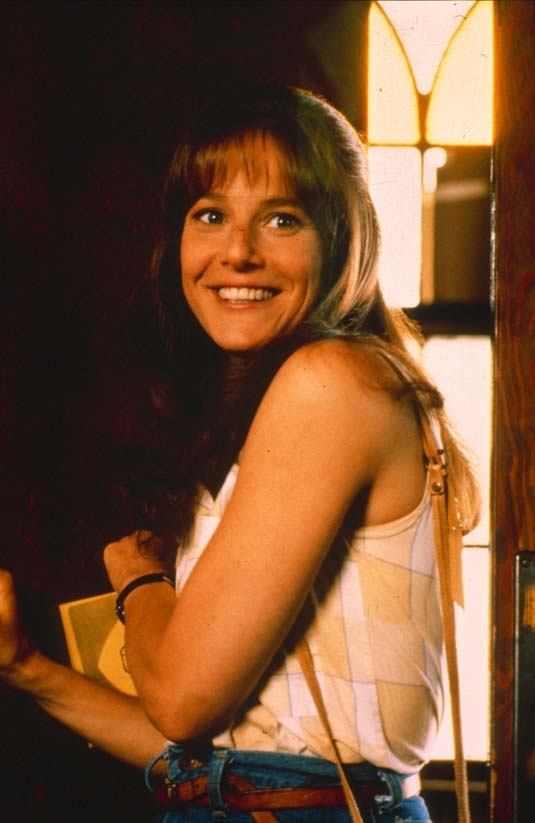
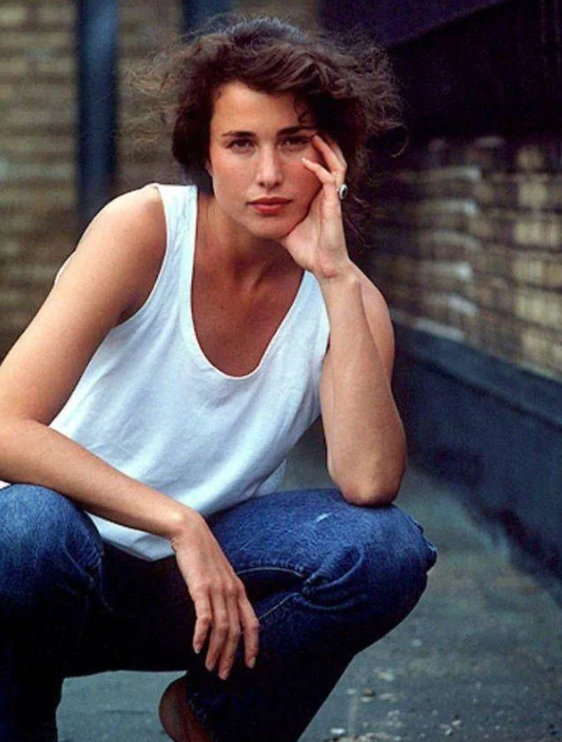


When the rights to the script had been up for grabs, Jodie Foster had beaten to it by Hackman. Ted Tally had written the part of Clarice with Foster in mind, so Demme met with her. He liked her instantly and cast her after just one meeting.
10/45


10/45
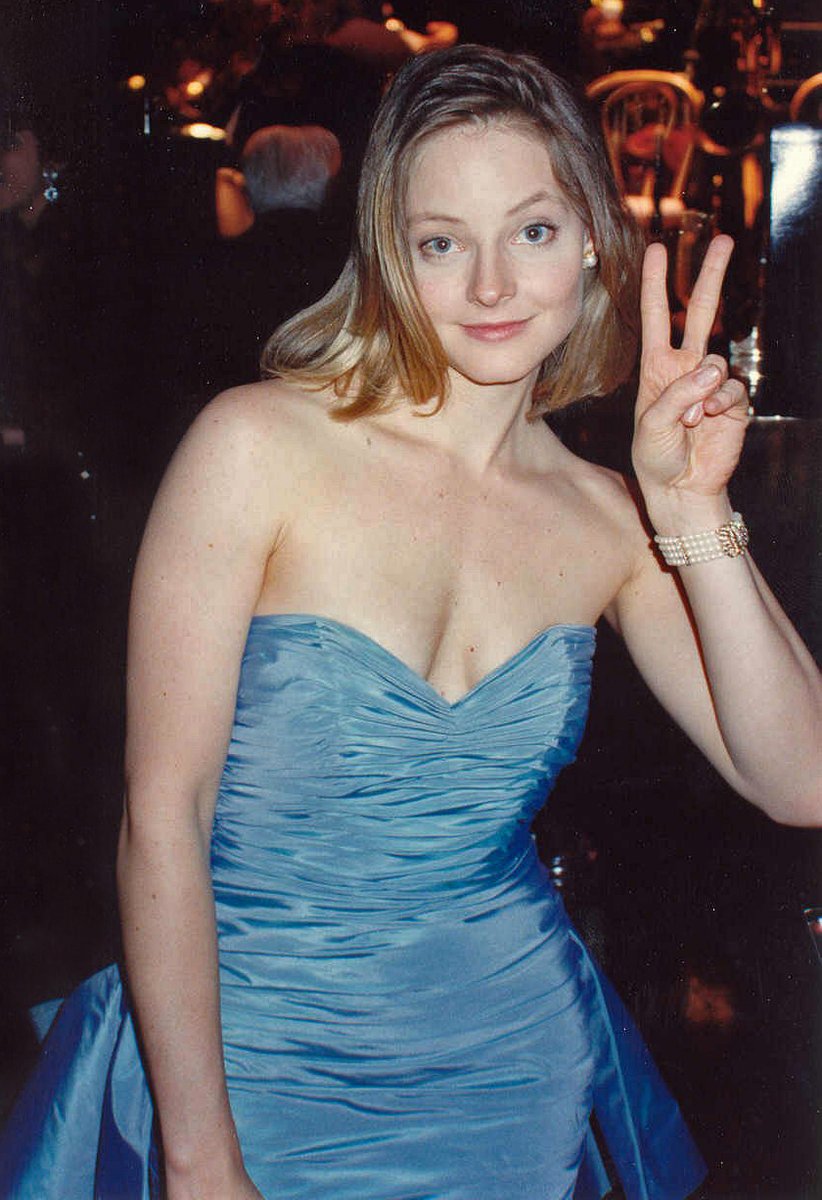
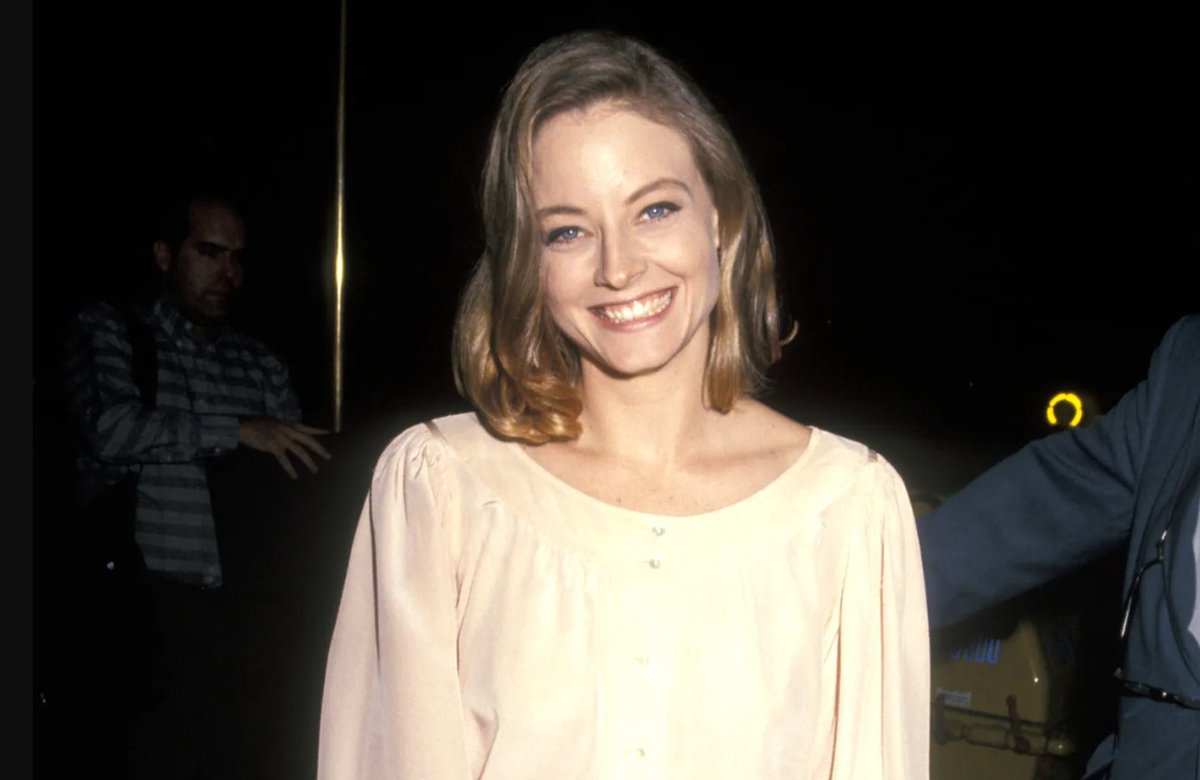
Demme said it was Foster’s “air of determination” which won her the part. And Foster cut a special deal with Orion. As part of the package, they would fund her directorial debut. This came to be when she helmed Little Man Tate (1991).
11/45


11/45
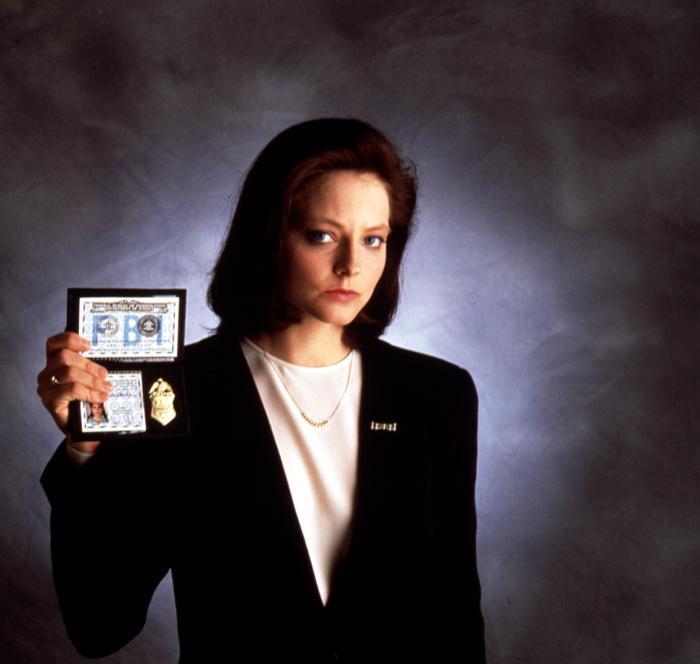
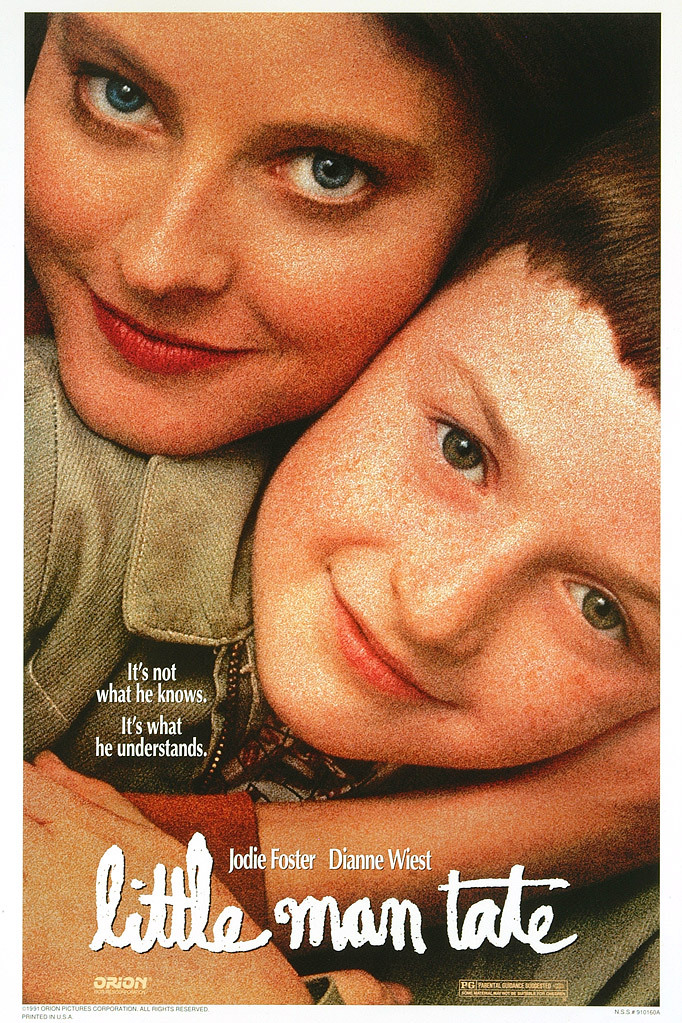
In preparation, Foster spent time shadowing real FBI agent Mary Ann Krause. Krause told Foster the work was sometimes so overwhelming she needed an emotional release. These conversations gave Foster the idea of Clarice crying by her car.
12/45


12/45


Demme knew he needed an actor with presence to play serial killer Lecter. His first choice was Sean Connery, but he turned the part down. He also met with Robert Duvall to discuss playing the part. Again, it went nowhere.
13/45


13/45


Having seen him as Dr Frederick Treves in The Elephant Man, Demme had been struck by Anthony Hopkins. When Hopkins questioned this by saying “But Treves was a good man” Demme replied “So is Lecter – he’s just trapped in an insane mind.”
14/45


14/45

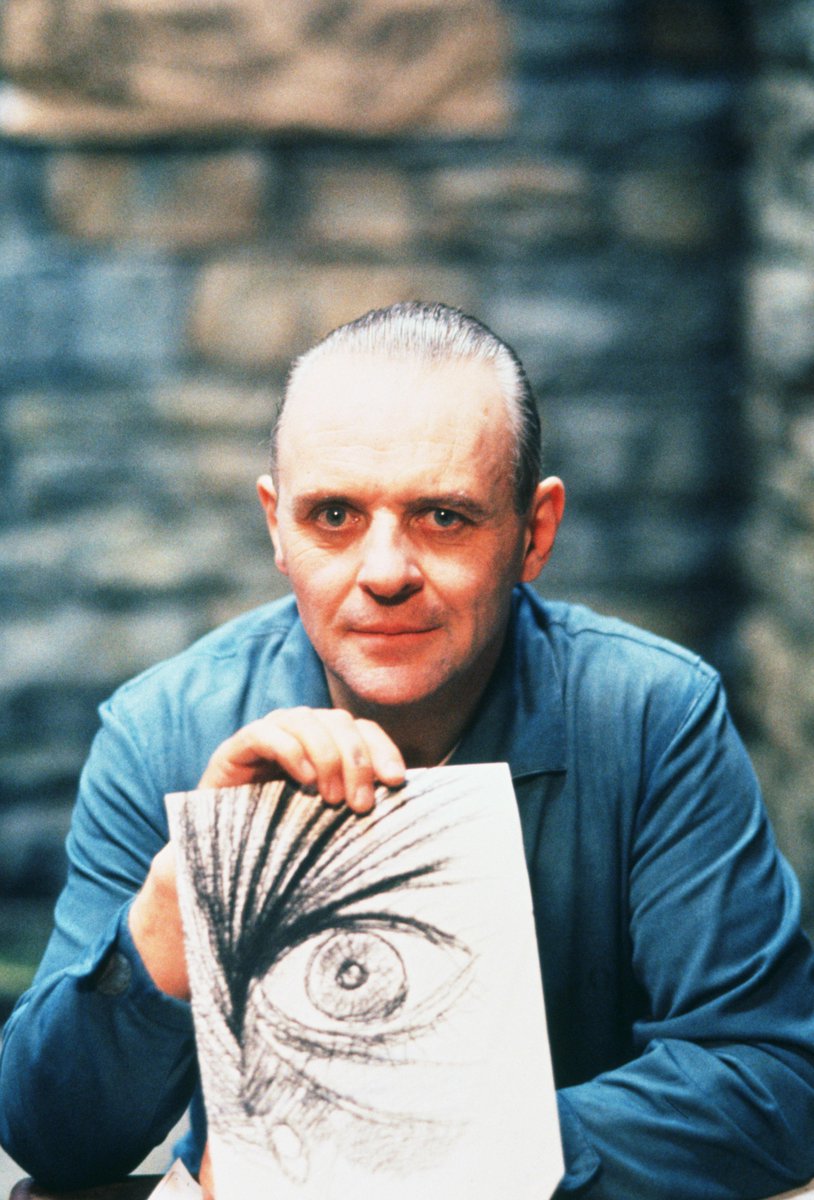
When Hopkins agent told him he’d been sent a script called The Silence of the Lambs, Hopkins asked if it was a children’s movie. And once he accepted the part, he said he channelled 3 personas: Truman Capote, Katharine Hepburn and HAL-9000.
15/45



15/45
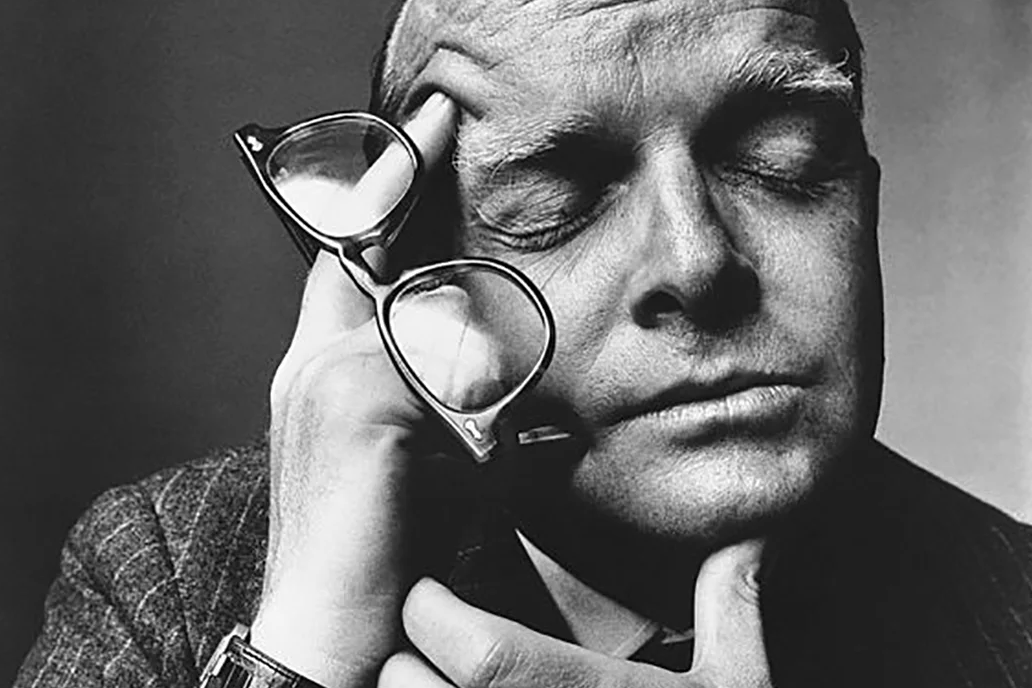
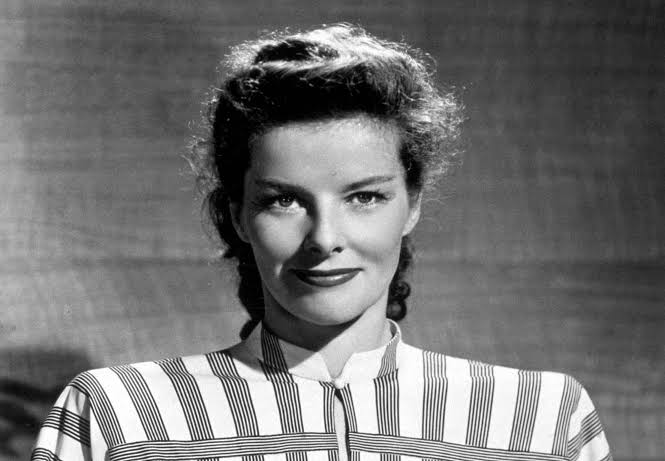
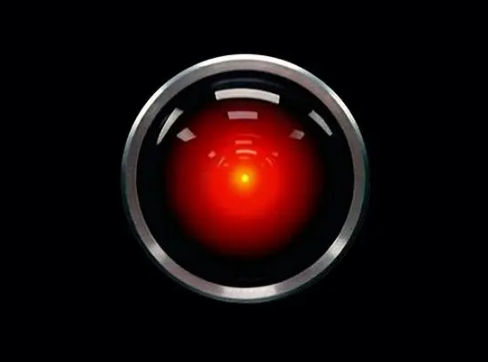
Hopkins also studied files of serial killers and attended court hearings. He noted similarities between the behaviour of Lecter and reptiles so adopted a trait whereby Lecter would rarely blink, and do so consciously, like a reptile.
16/45


16/45
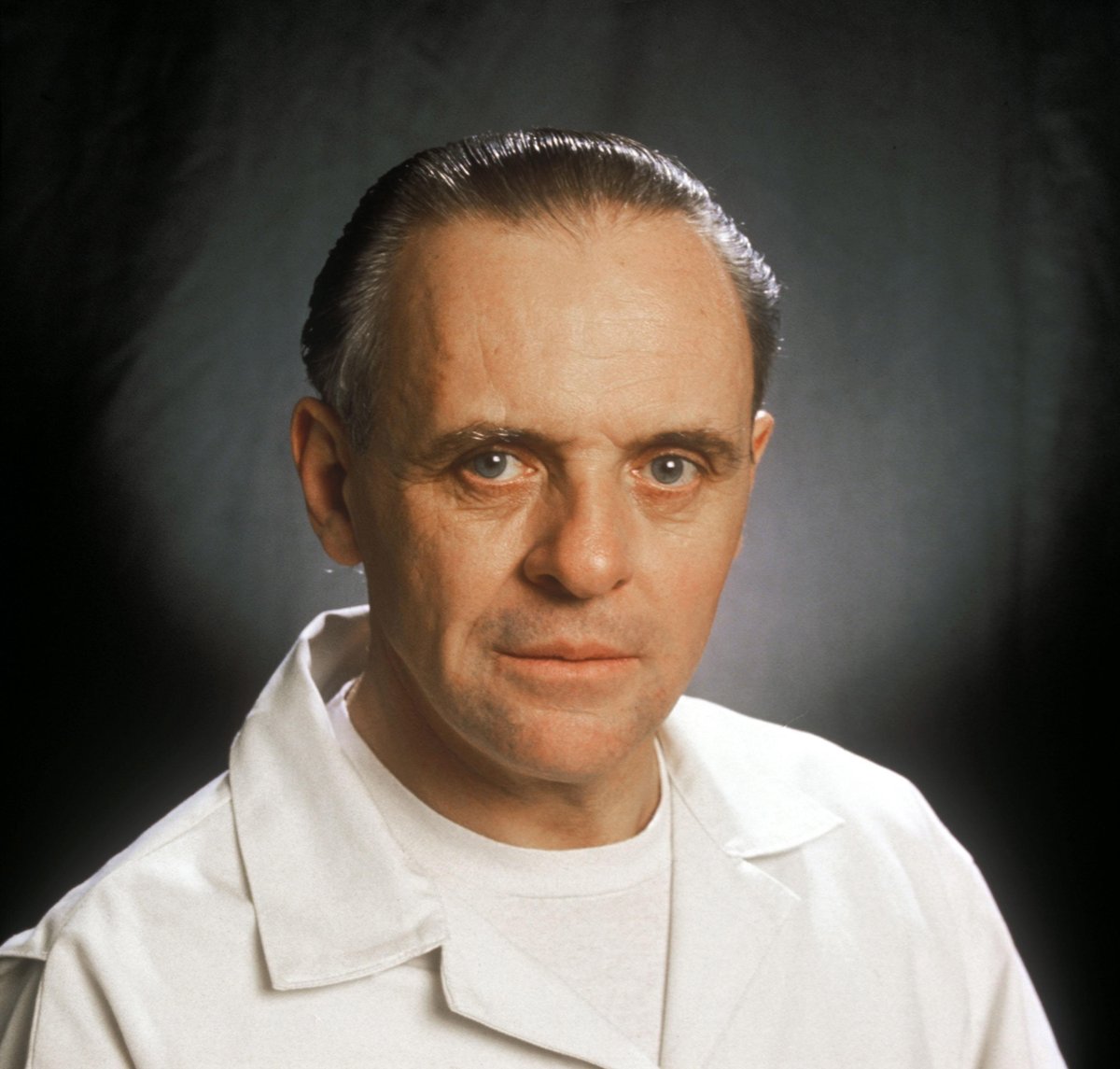
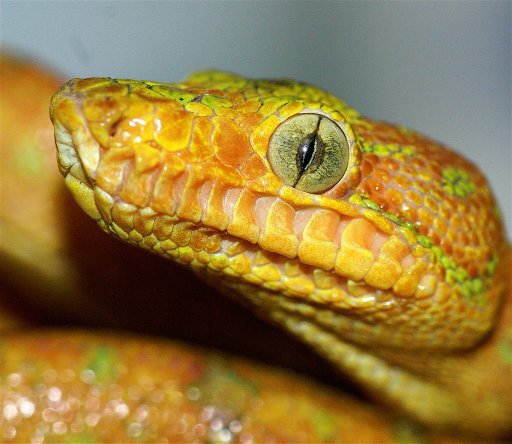
At the time of filming, Hopkins was in a relationship with businesswoman Martha Stewart. Shortly after the film was released, they split up. Reportedly, it was because Stewart had difficulty seeing past Lecter when she looked at Hopkins.
17/45


17/45
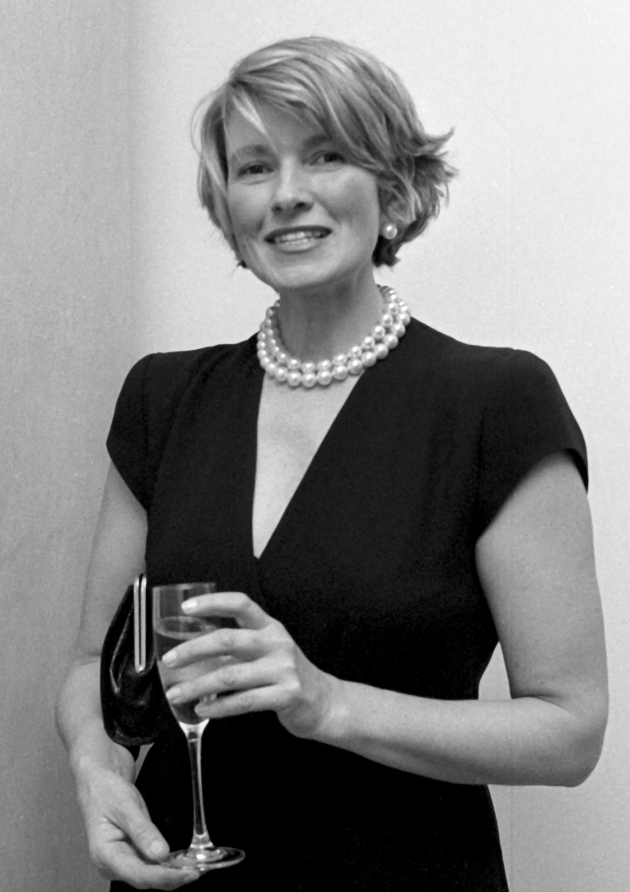

Years later, Jodie Foster would say she and Hopkins barely spoke to one another on the set. She avoided him away from their scenes together as he unnerved her.
18/45


18/45
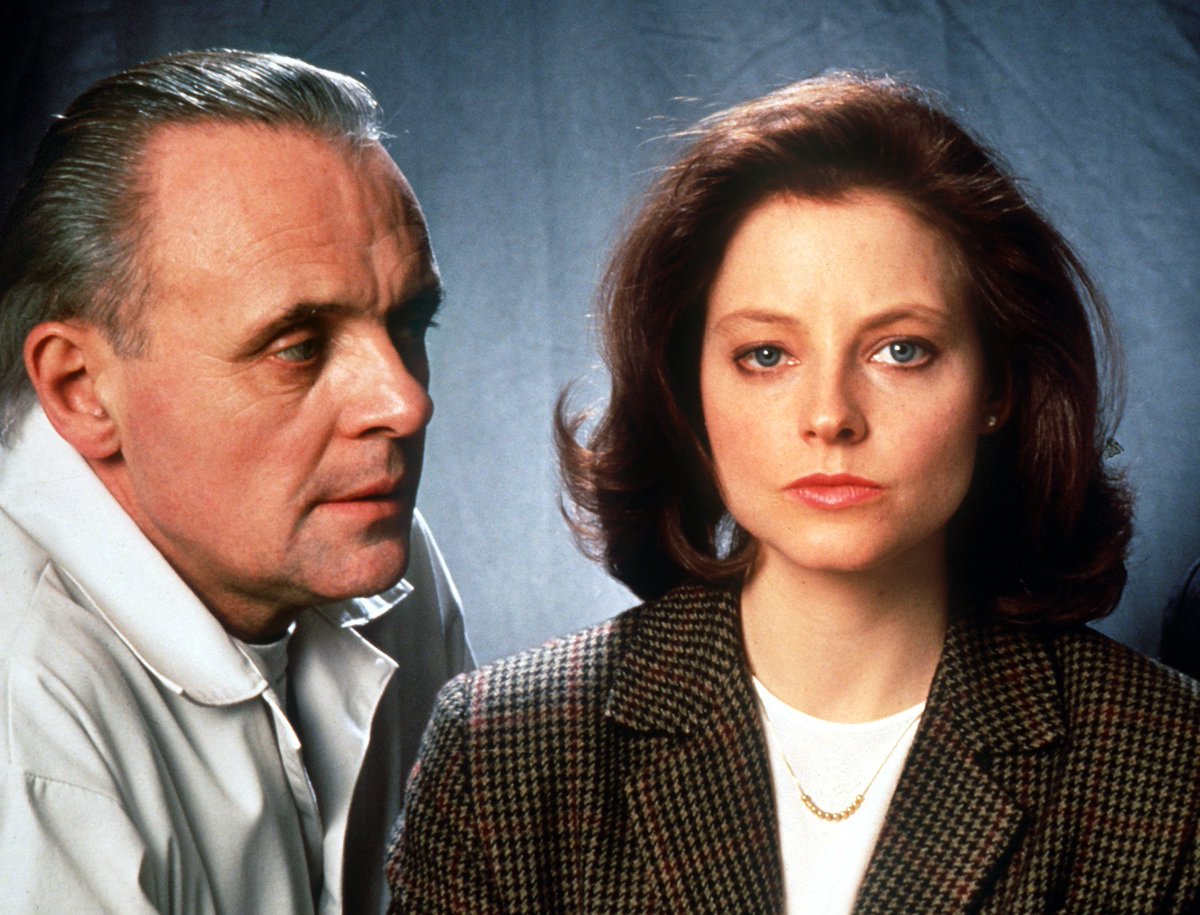

Brooke Smith was cast as kidnappee Catherine Martin on condition she gained 25lbs. She knew Vincent D’Onofrio (who gained 75lbs to play Pyle in Full Metal Jacket) and he told her the producers should buy her food. Martin later said “they went over budget because of my food.”
19/45

19/45
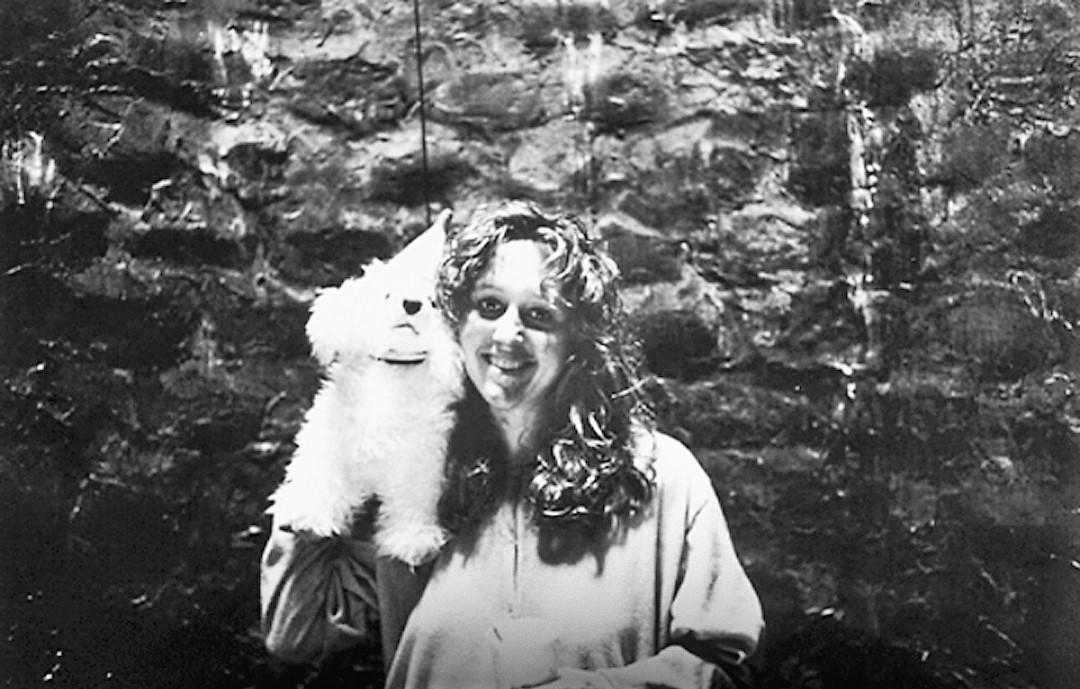
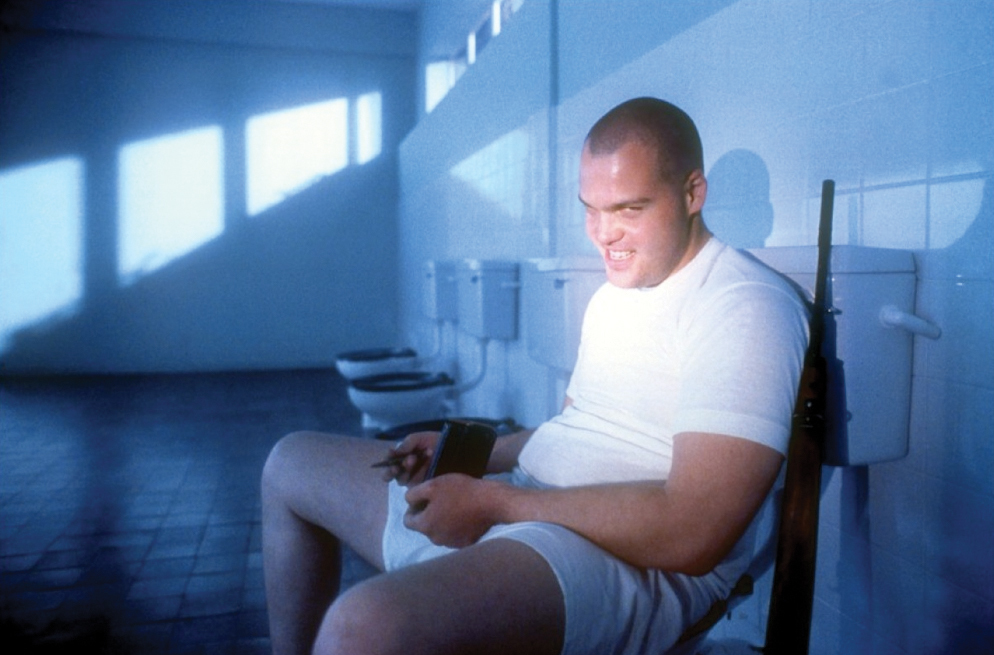
Smith screen tested alongside Ted Levine when he auditioned to play Jame ‘Buffalo Bill’ Gumb. He was so good that she asked how he’d prepared. Levine told her he didn’t know what to do so just drank lots and lots of coffee.
20/45


20/45
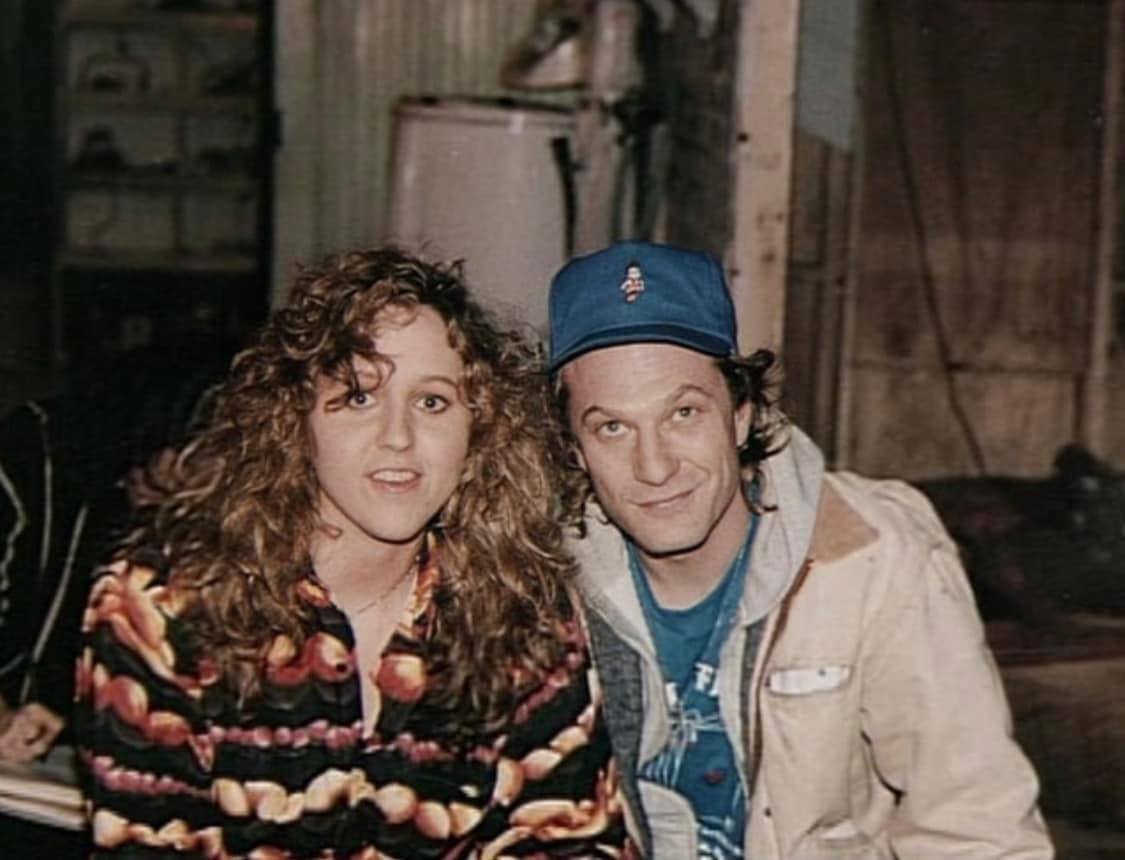
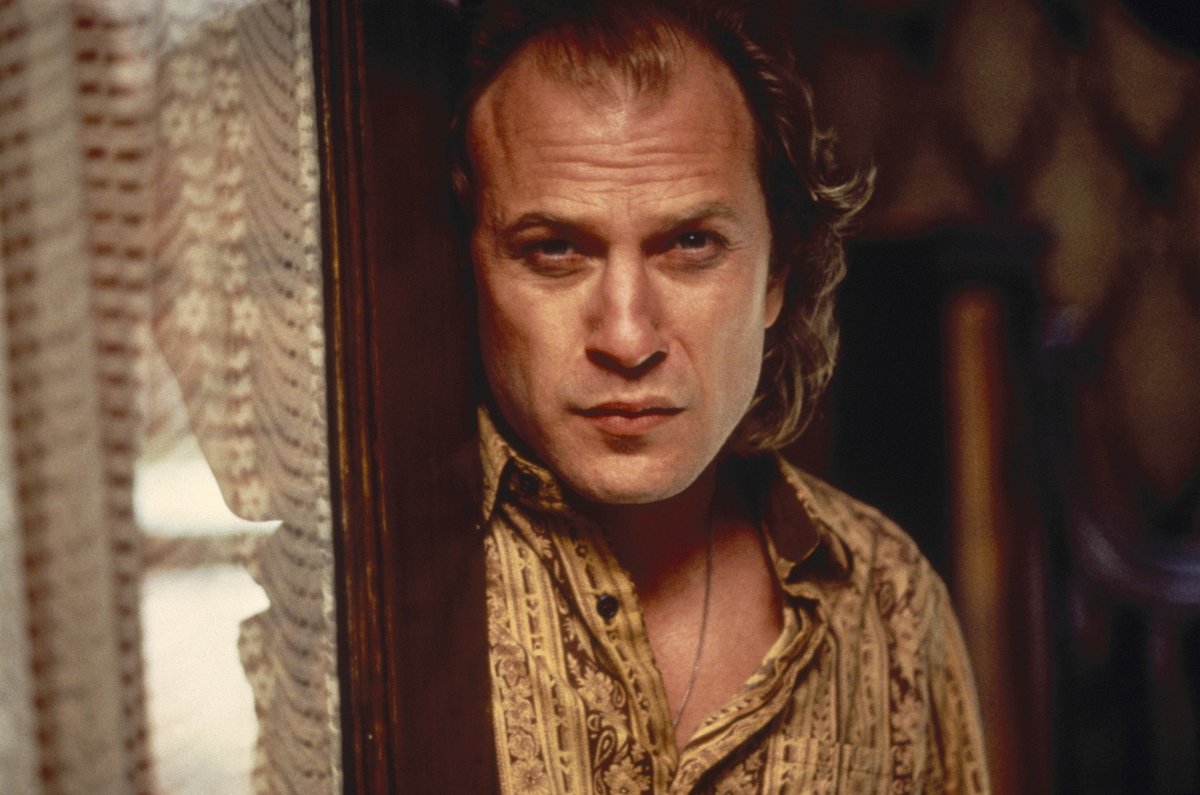
After being cast, Levine developed his character by reading profiles of real-life serial killers, saying he found the material very disturbing. Since Gumb was a crossdresser, Levine also went to some transgender bars and interviewed some regulars.
21/45


21/45
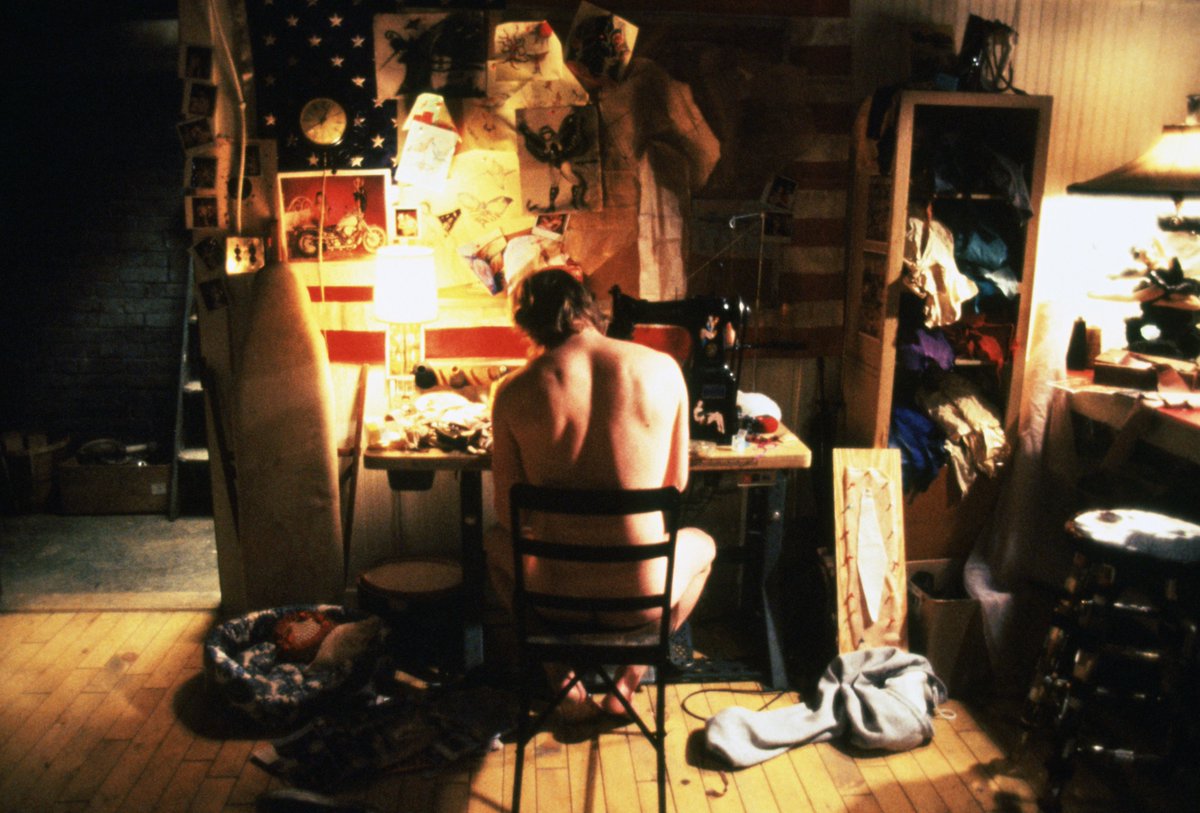
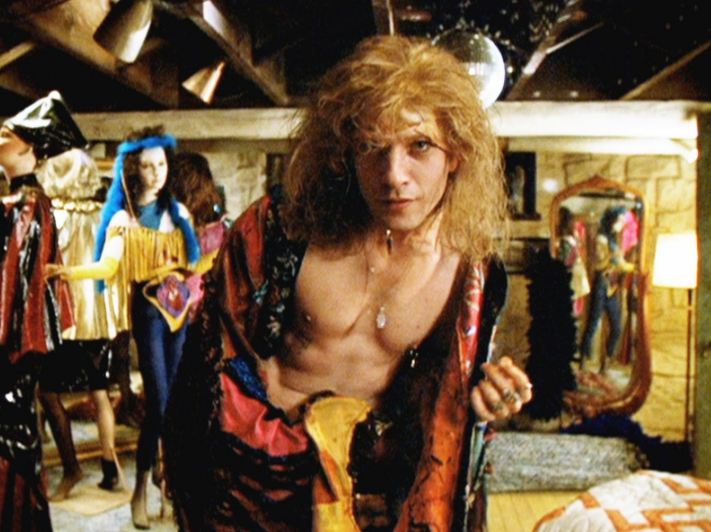
Ed Harris turned down the role of Jack Crawford, saying he’d rather play Hannibal Lecter. Michael Keaton and Mickey Rourke were also considered before Scott Glenn was cast.
22/45




22/45
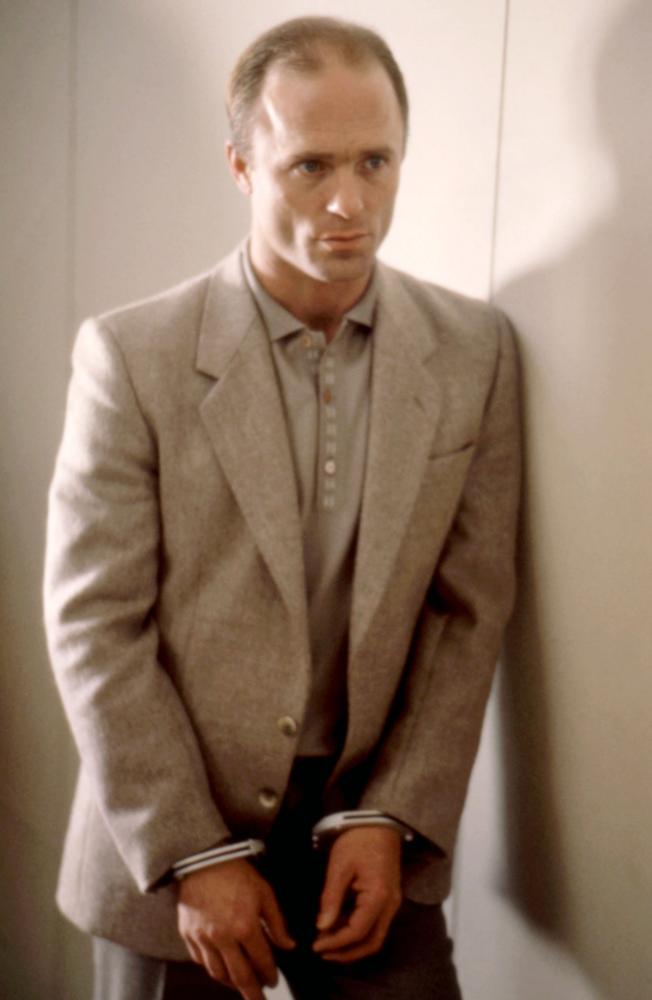
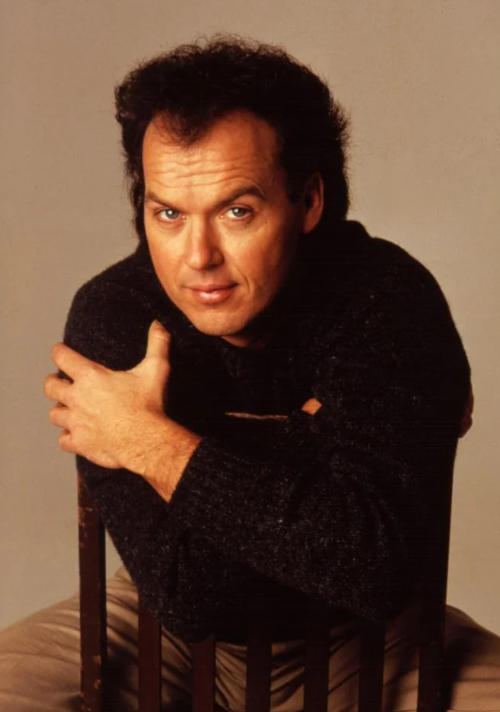
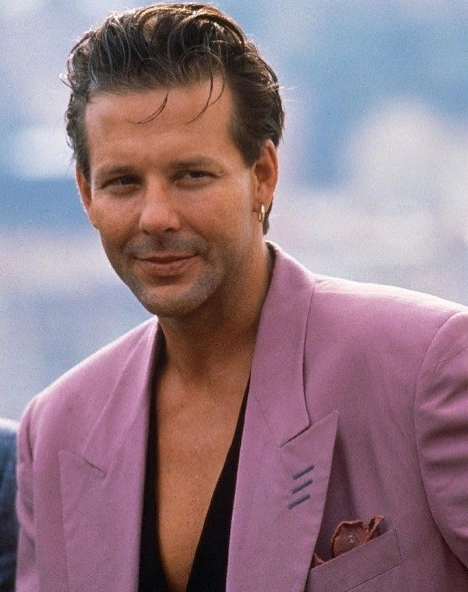
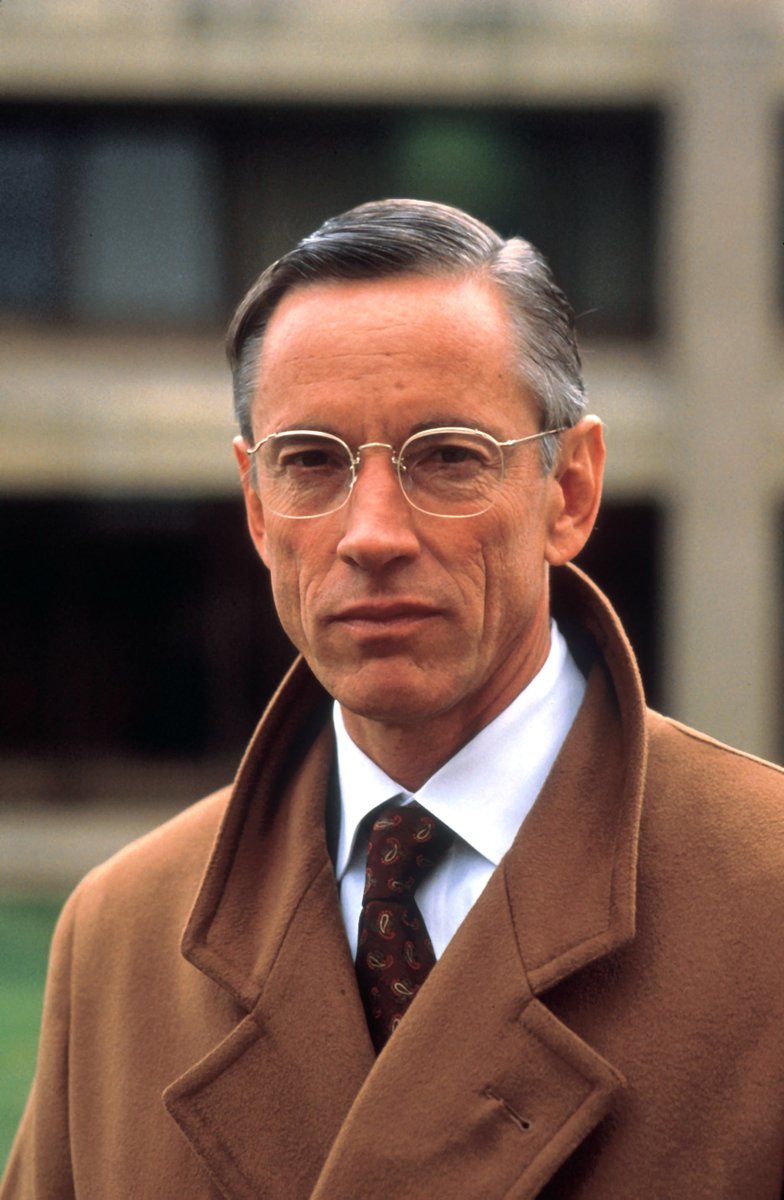
There are a couple of filmmaker cameos too. David Lynch can be heard in the gym shouting "Cindy, in the ring for Starling!" And the man accompanies Dr. Chilton and the two guards after Clarice’s final meeting with Lecter was played by horror legend George A. Romero.
23/45


23/45

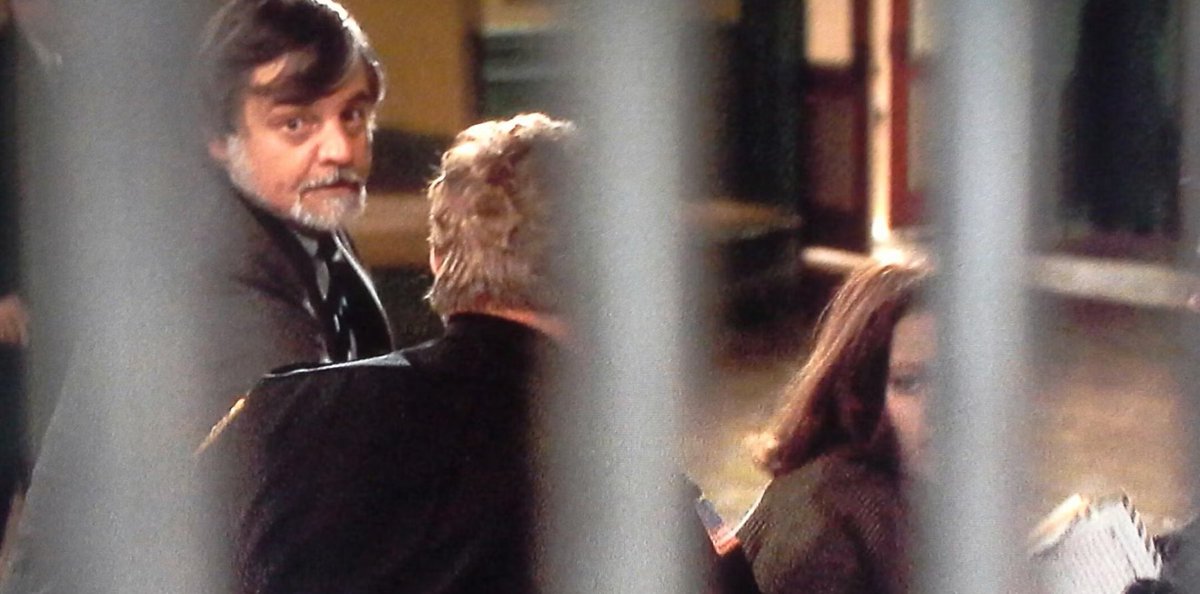
Originally, the film opened with Clarice and an FBI agent in the middle of a drug bust that turned out to be a training exercise. Foster convinced Demme to change it as that idea ha been done before, and the first scene changed to the assault course.
24/45


24/45
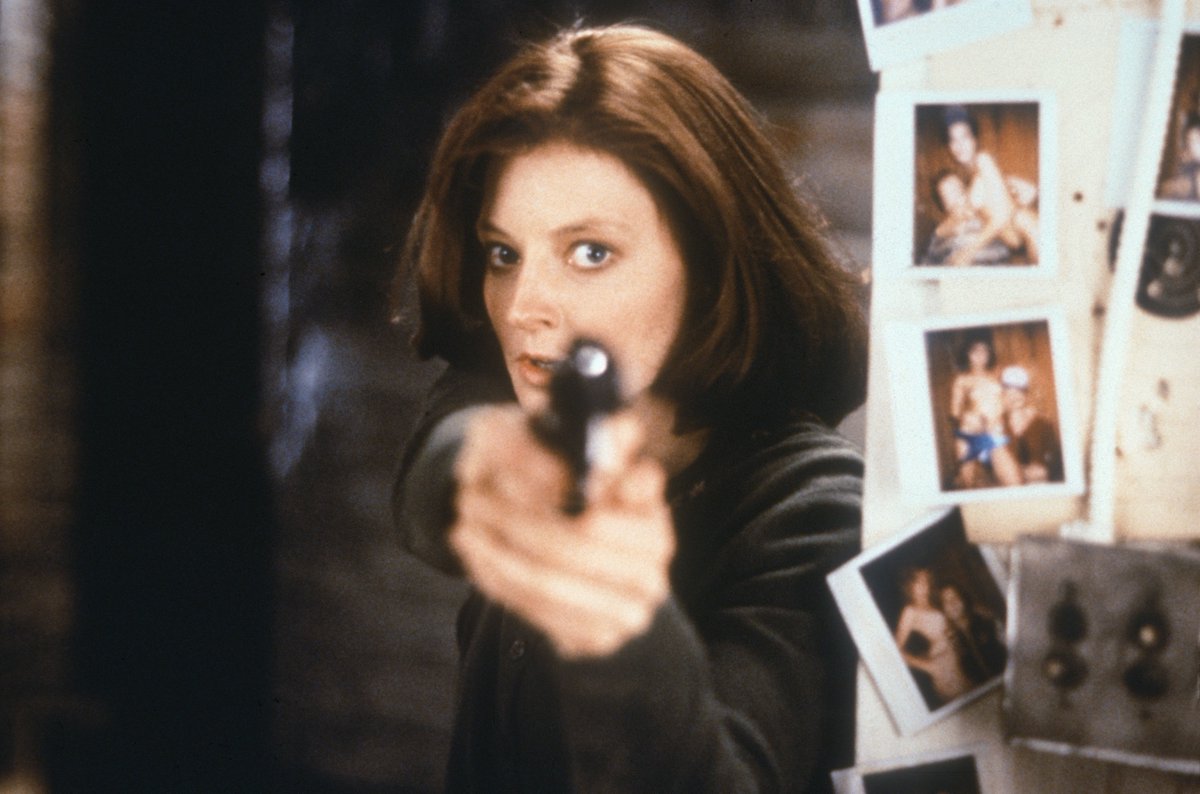
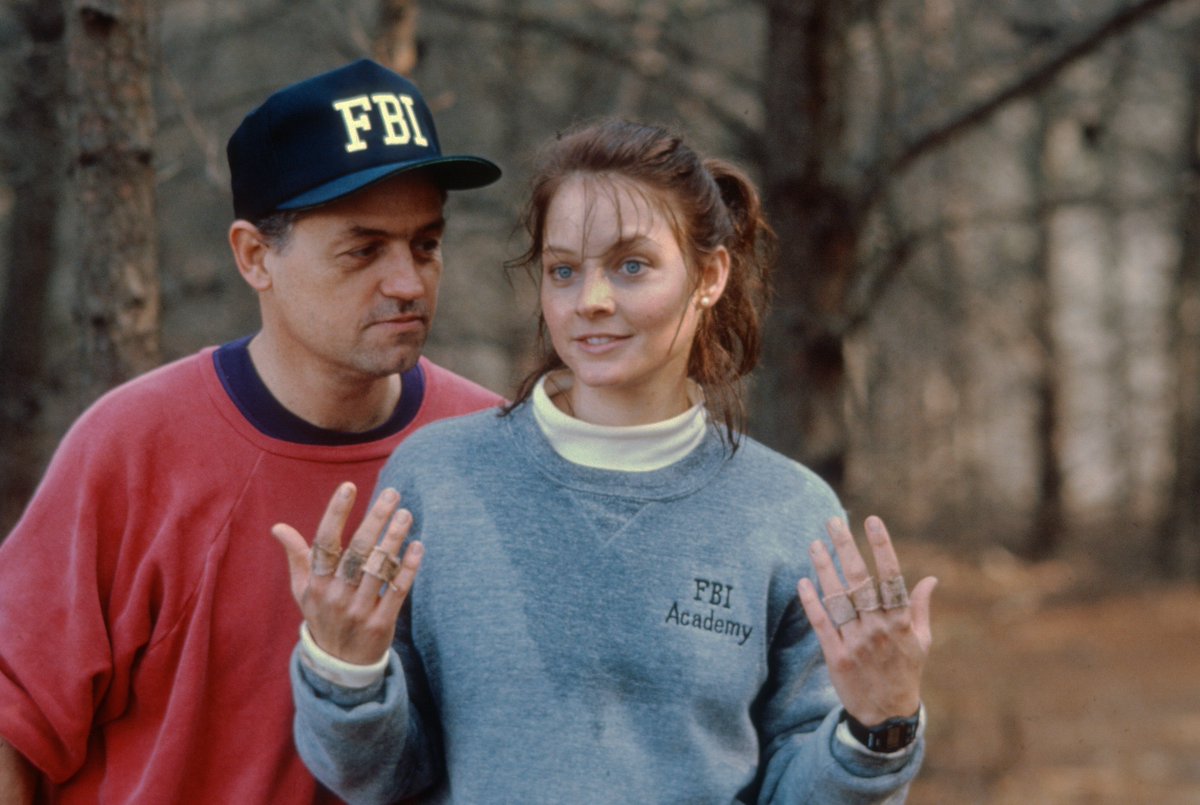
The scene where Bill kidnaps Catherine is inspired by real-life serial killer Ted Bundy. In the film, Bill pretends to be a disabled man trying to lift a couch. Bundy would fake a broken arm and ask women to help him carry some books.
25/45


25/45
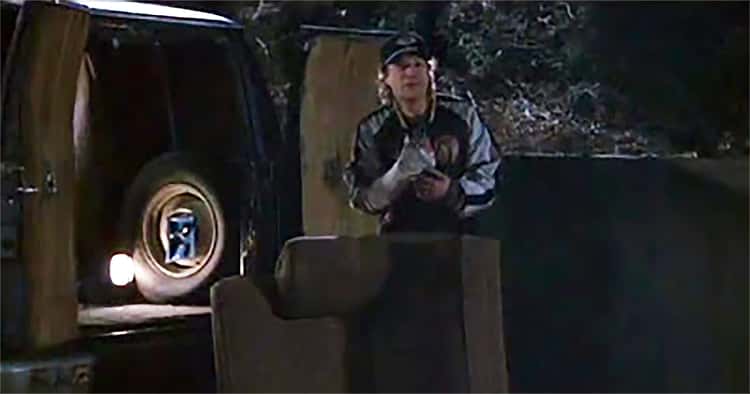
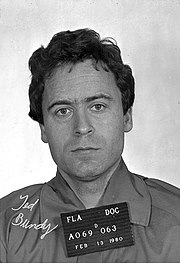
Bill was a combination of Bundy and 2 other real killers. One was Ed Gein, who would skin his victims and make lampshades out of them. And Gary Heidnik, who would trap his victims in a custom-made basement.
26/45


26/45
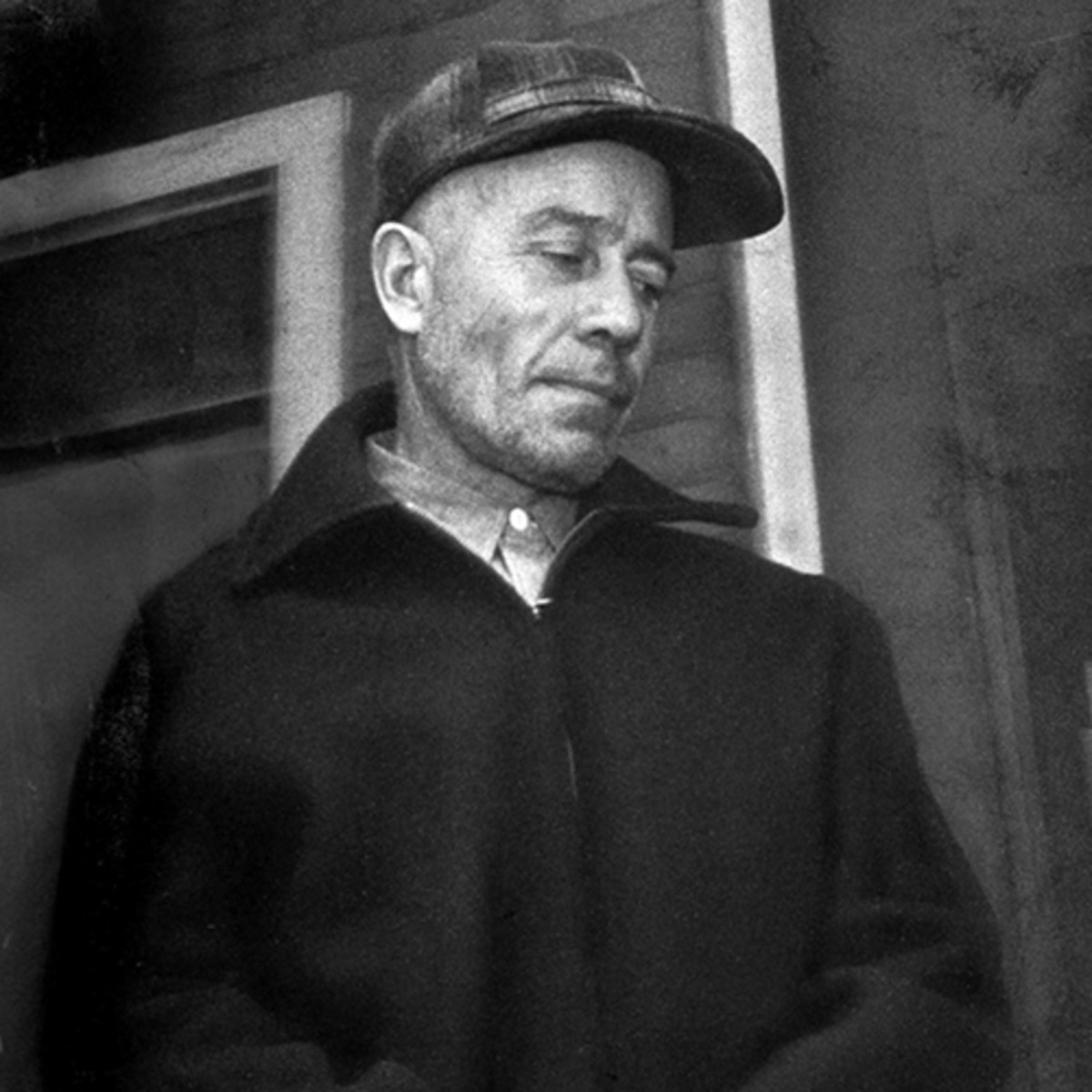
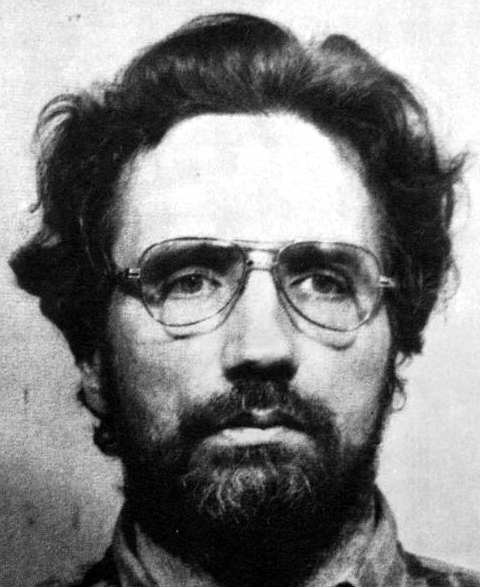
Some of the cast and crew (including Demme and Foster) researched at the real FBI Academy in Quantico, Virginia. They underwent firearms training, studied under criminal profilers, and sat in several classes.
27/45


27/45
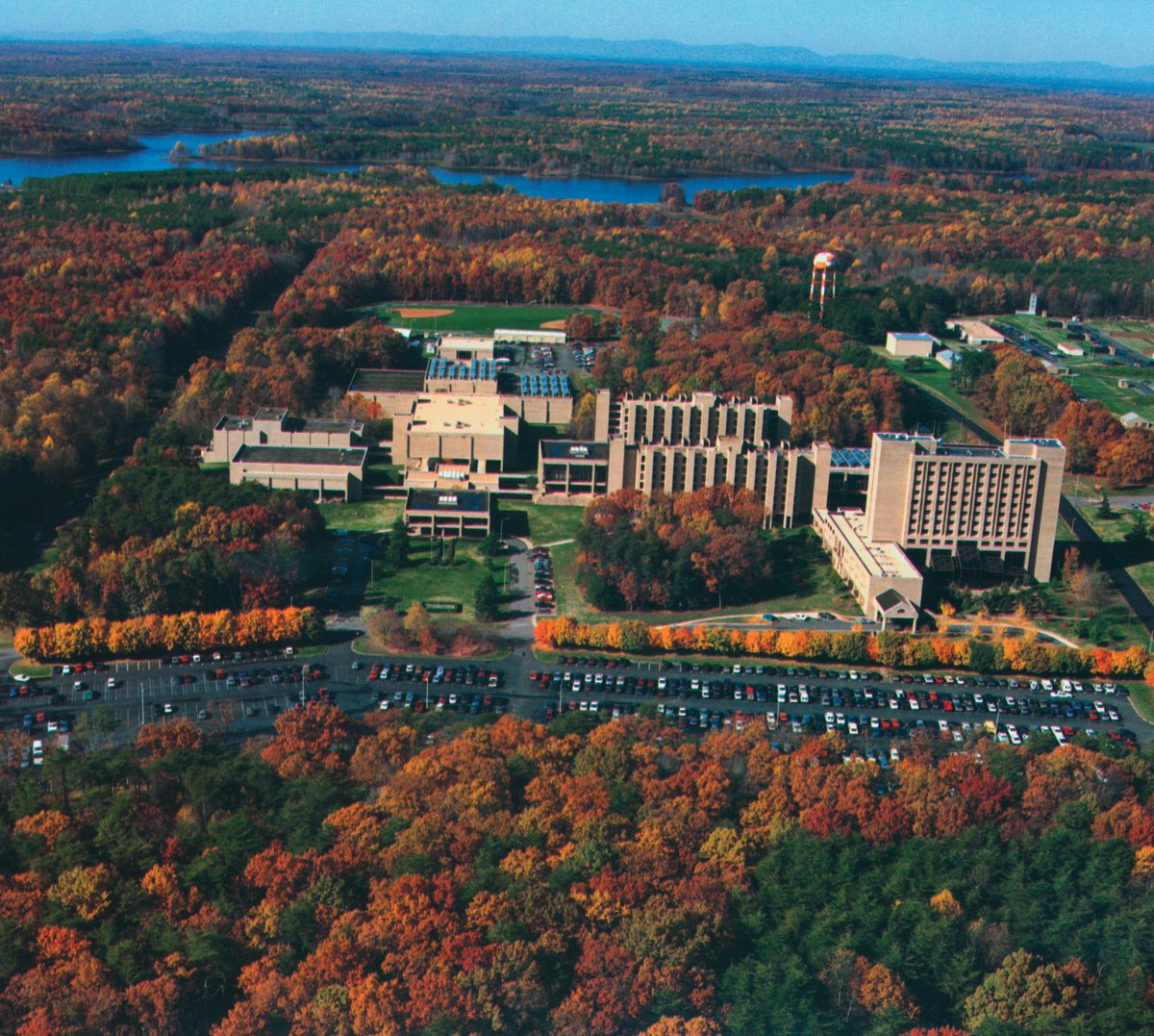
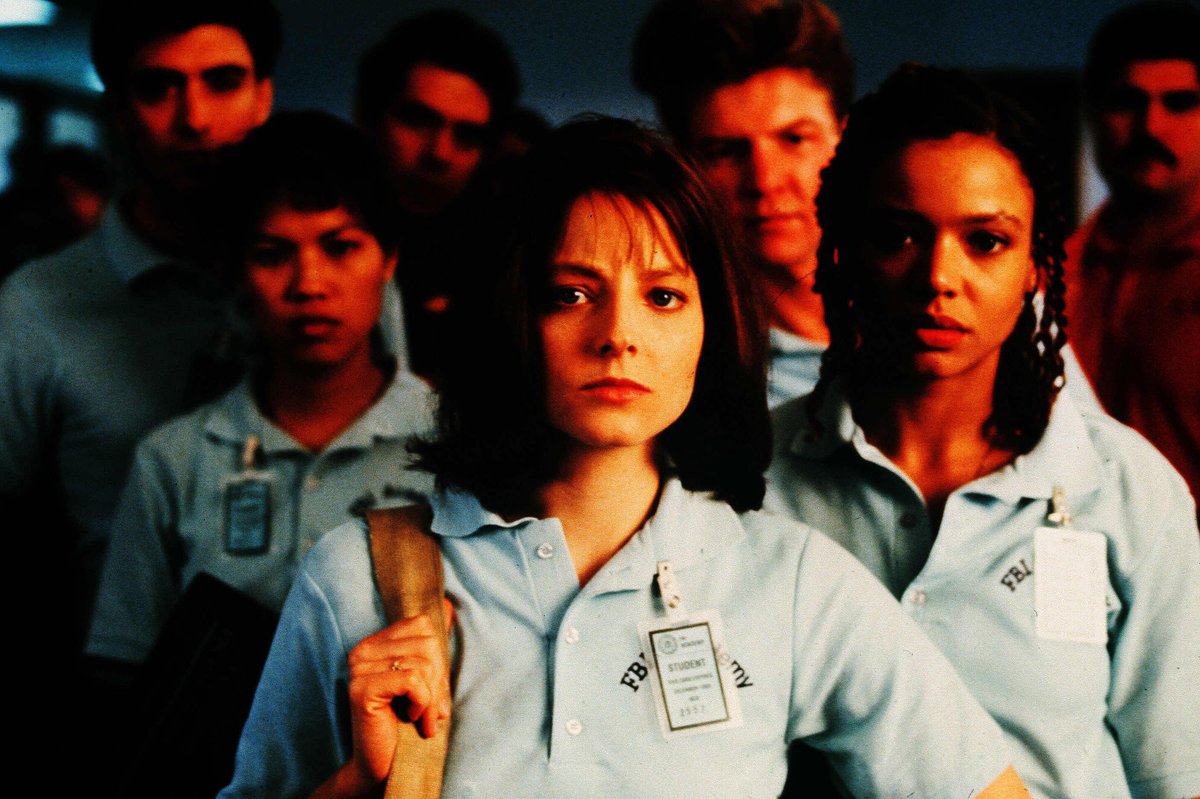
Demme knew early on he wanted to film at Quantico (which had always denied movie crews). When she saw it, production designer Kristi Zea raised concerns with Demme that the place was so boring-looking. Demme said that was just what he wanted.
28/45


28/45


The FBI cooperated fully with the production, as they thought the character of Clarice would encourage more female agents to sign up. After the film was released, the FBI praised its accuracy in portraying criminal investigations.
29/45



29/45
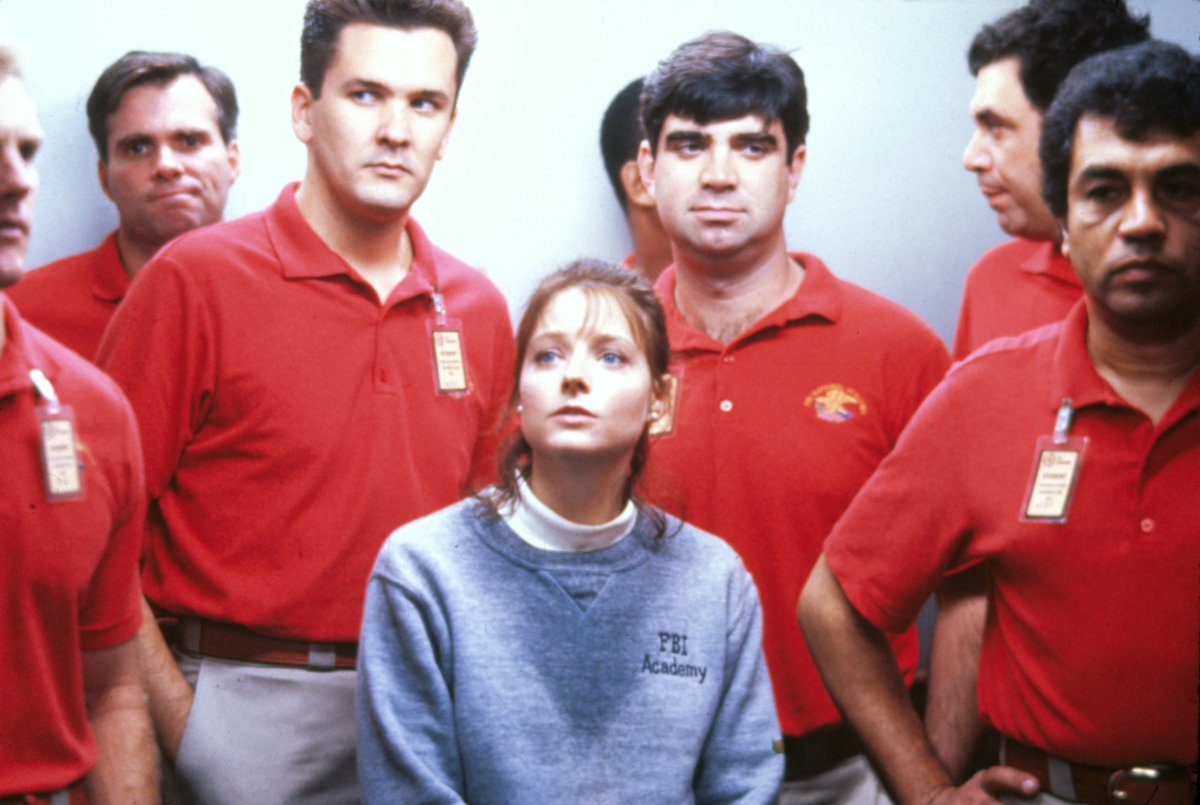
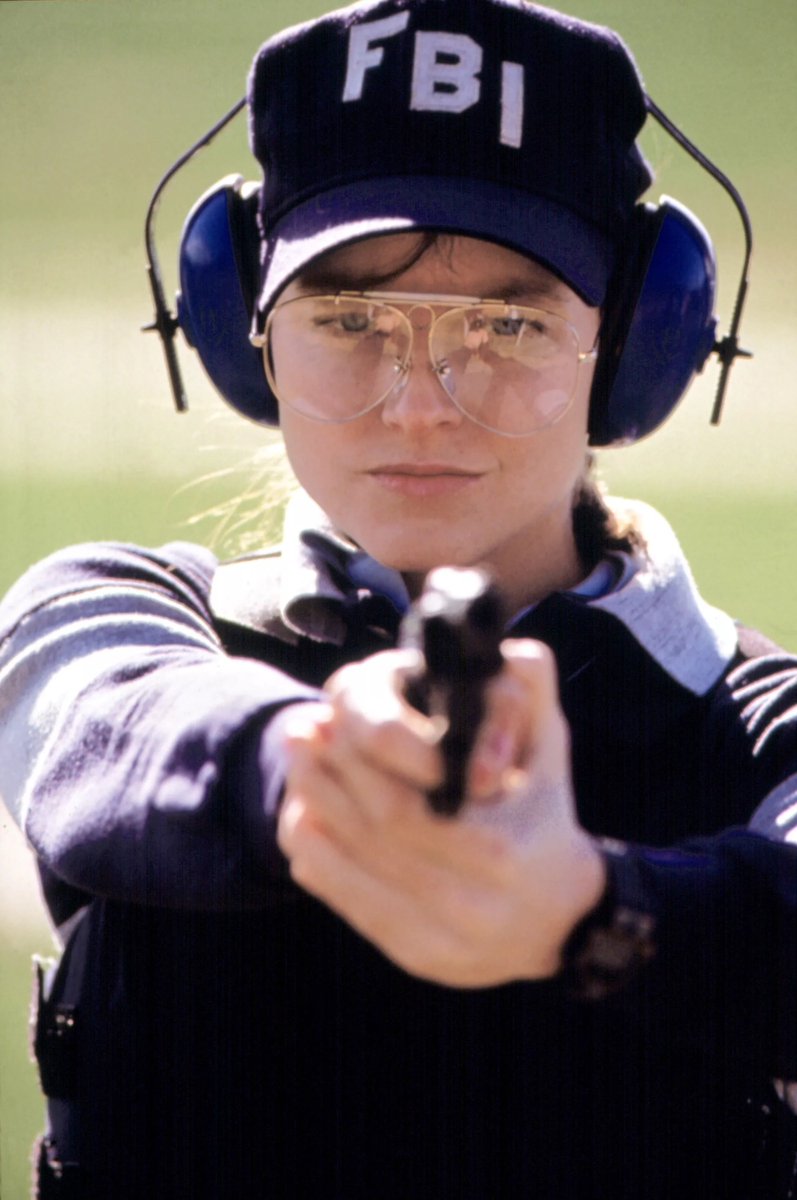
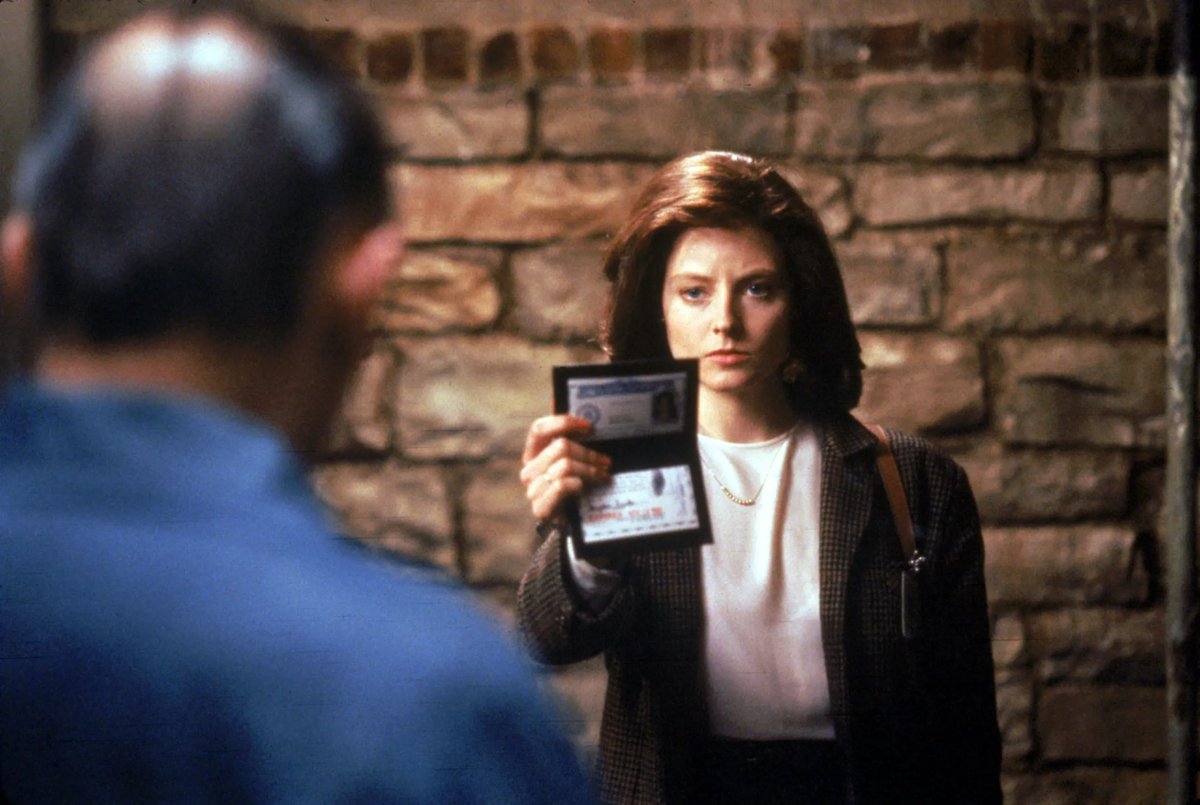
Filming the scene where Lecter and Clarice first meet, it was Hopkins idea for Lecter to look directly at the camera as it panned into view. And it was Kristi Zea’s idea for the cells to be glass rather than bars, so as not to obstruct the shots.
30/45


30/45
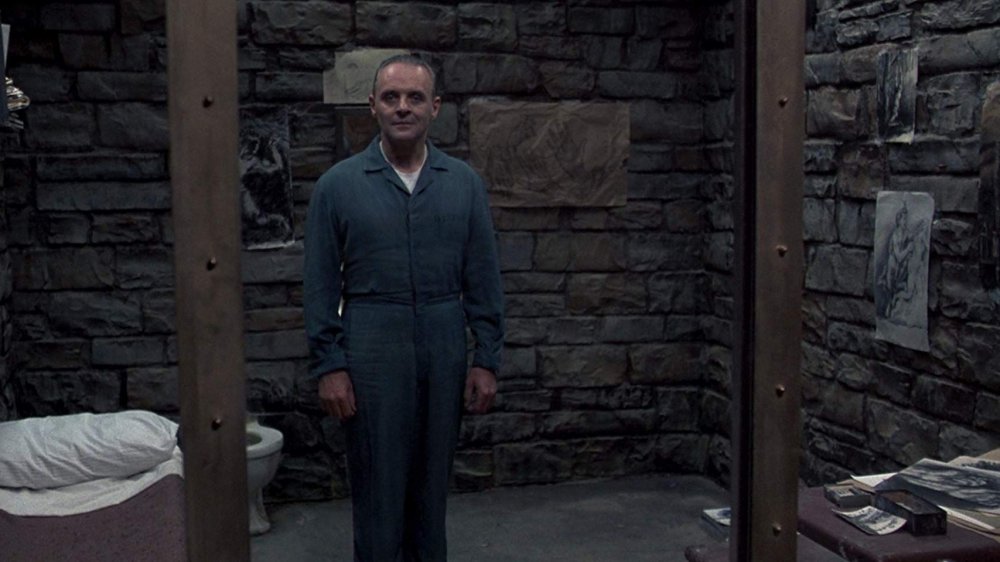
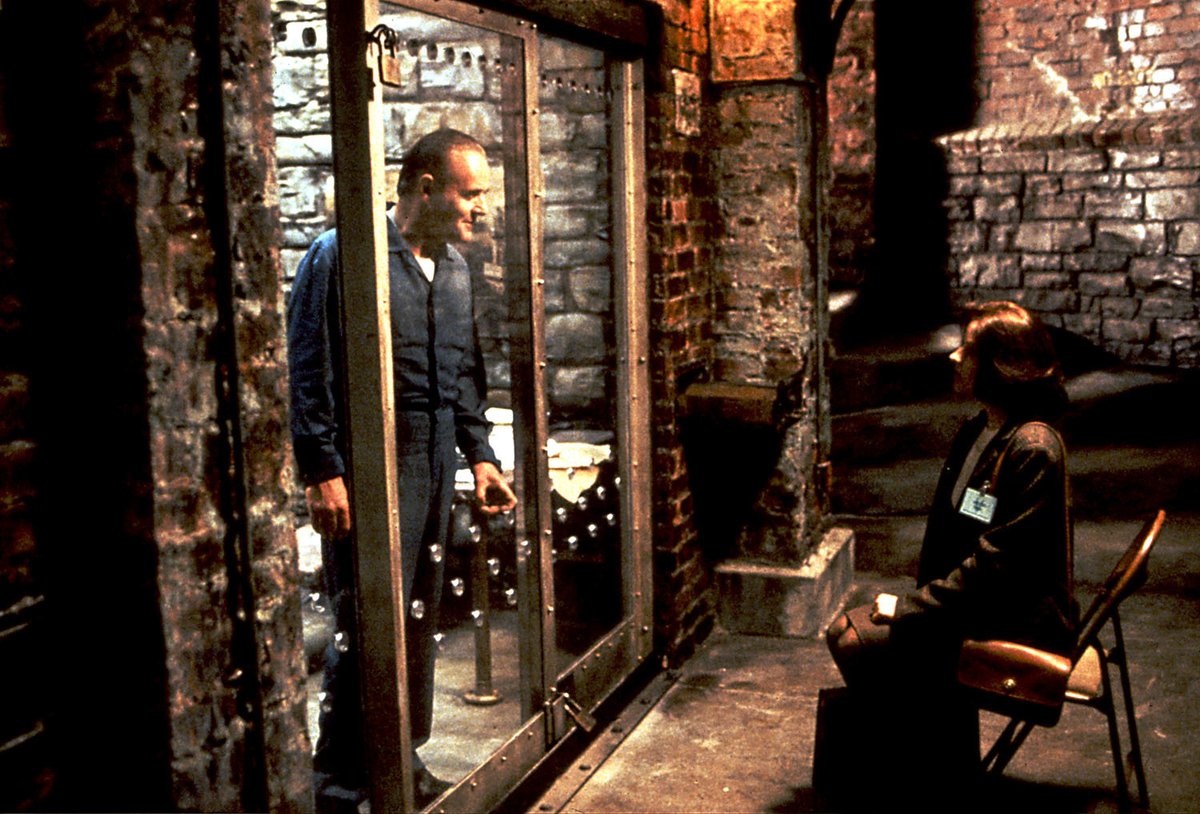
Lecter’s slurping sound after his fava beans speech was inspired by Bela Lugosi’s title performance in Dracula (1931). Hopkins said “When I was a kid, I’d tell the girls the story about Dracula and I’d go th-th-th, as a result, they’d run away screaming.” He improvised it on the set.
31/45

31/45
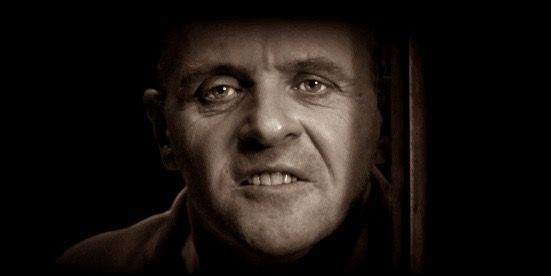
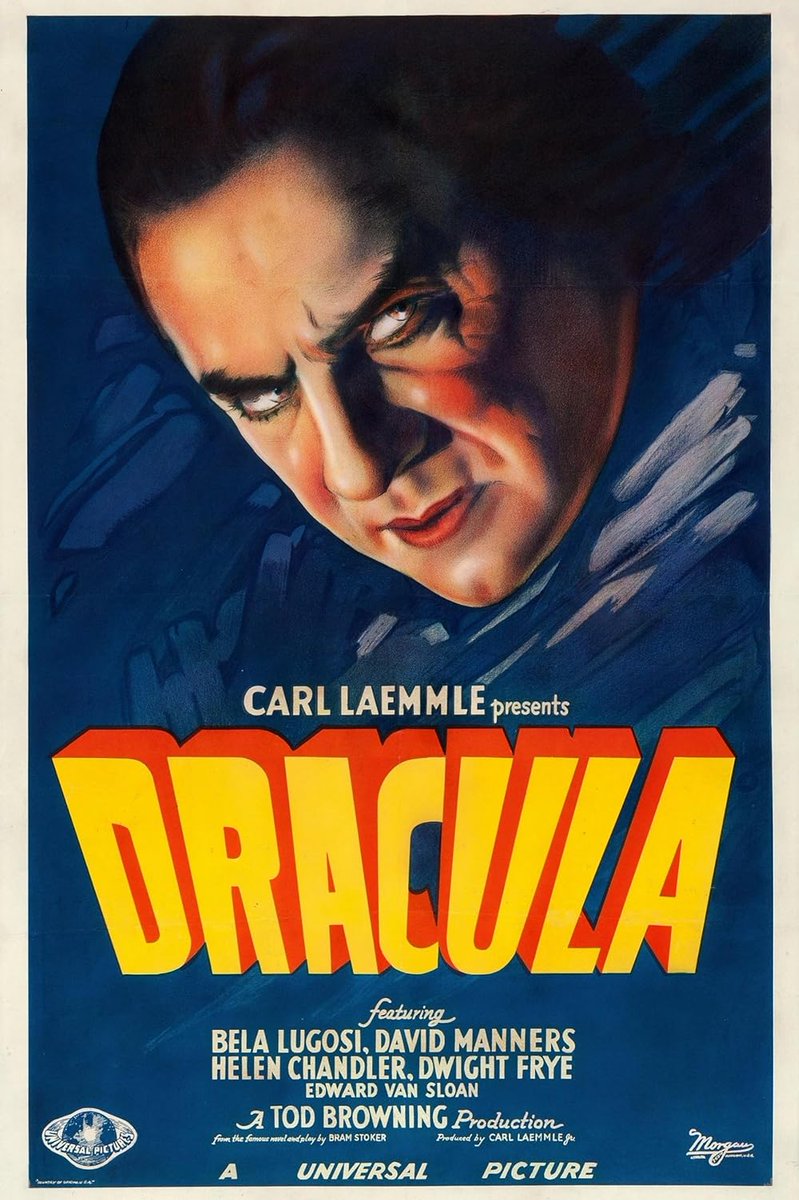
In that first meeting, Lecter makes fun of Clarice’s Southern accent, and Clarice looks offended. That’s because Hopkins improvised mocking Foster’s real accent. She wasn’t expecting it and took it personally. She later thanked Hopkins for getting a genuine reaction from her.
32/45

32/45
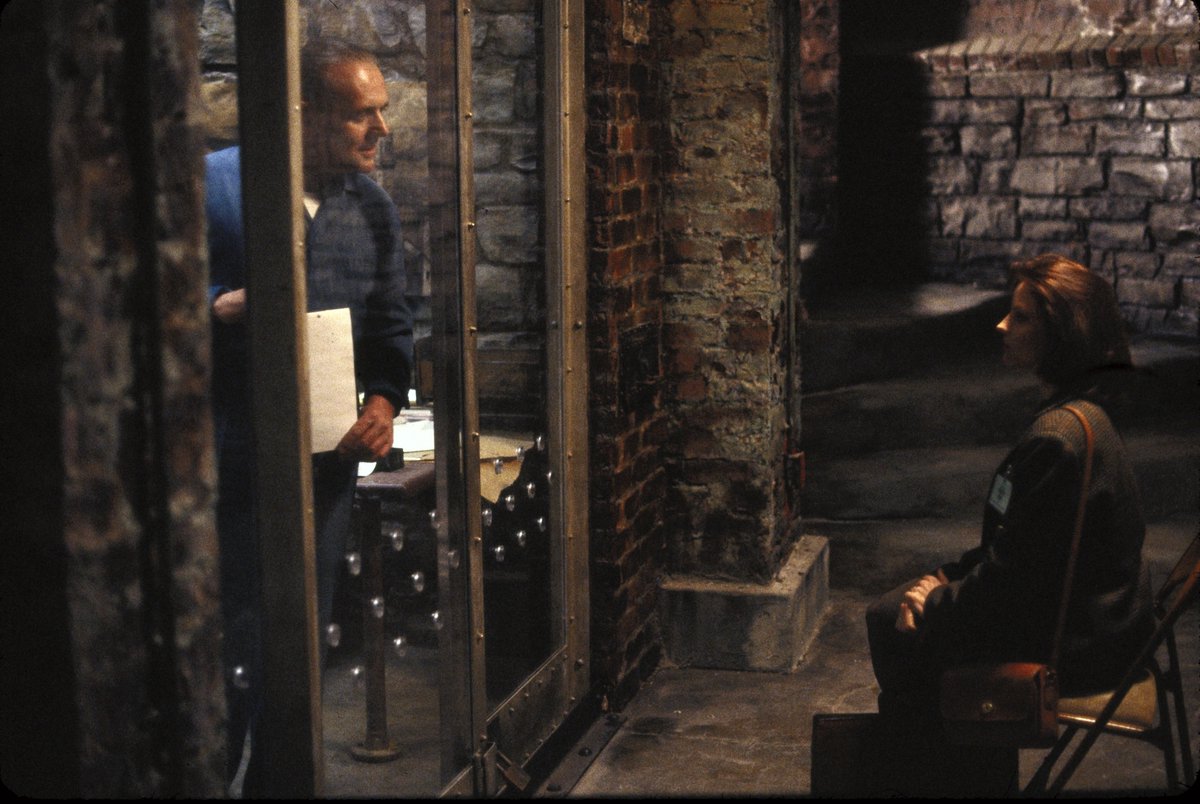
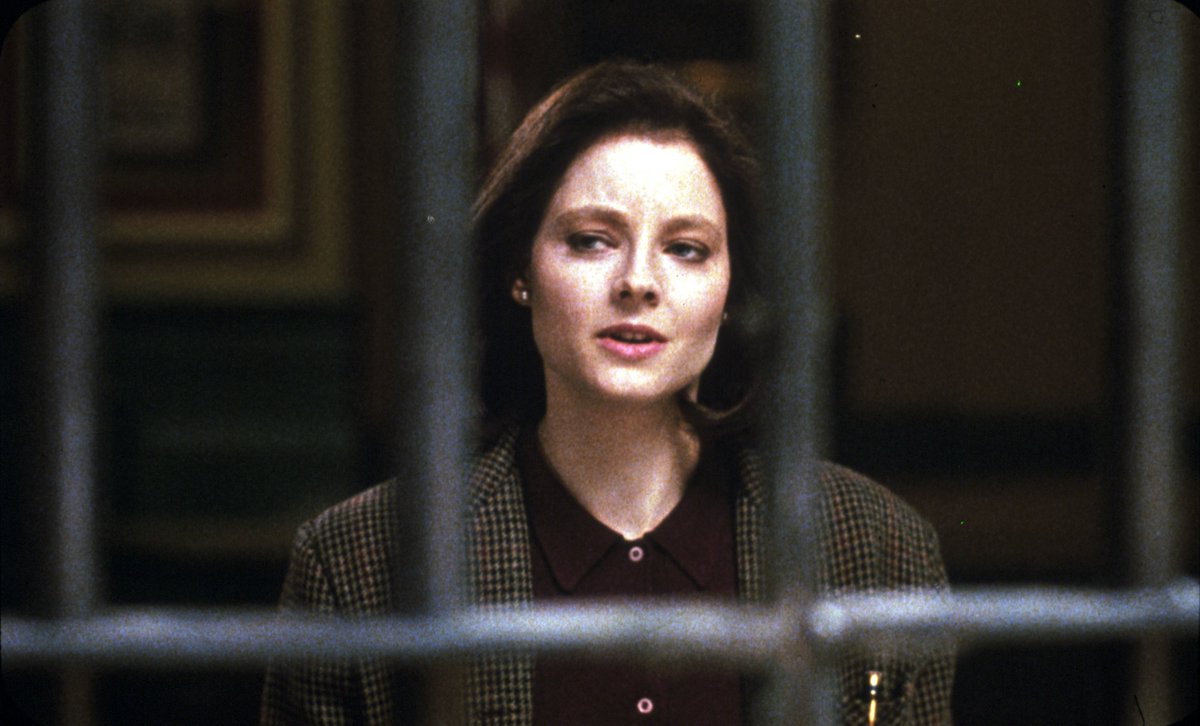
When characters are talking to Clarice, they often look directly at to the camera. When she is talking to them, she looks slightly off-camera. Demme wanted the audience to experience her point-of-view, so they identified with her more.
33/45


33/45

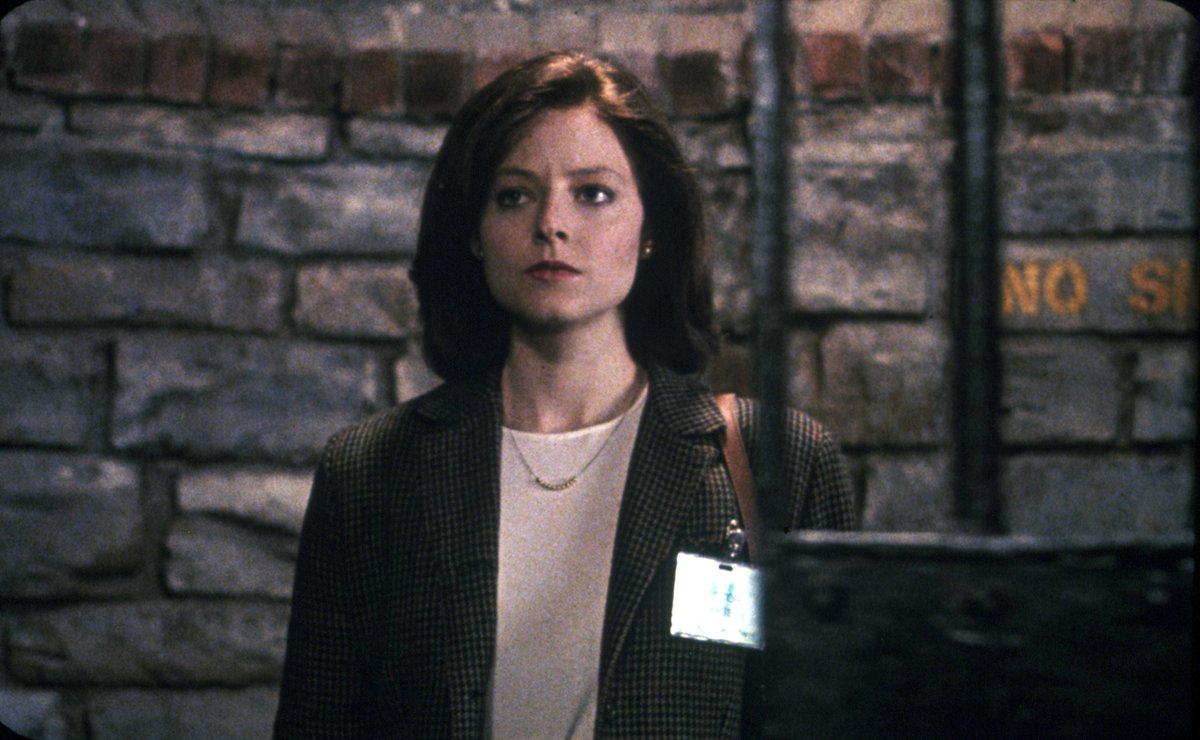
When Clarice tells Lecter her story about running away you can, if you listen carefully, hear the sound of a crew member dropping a wrench off-screen. Foster remained in character then after Demme yelled ‘cut’, turned and shouted “what the hell was that?”
34/45




34/45
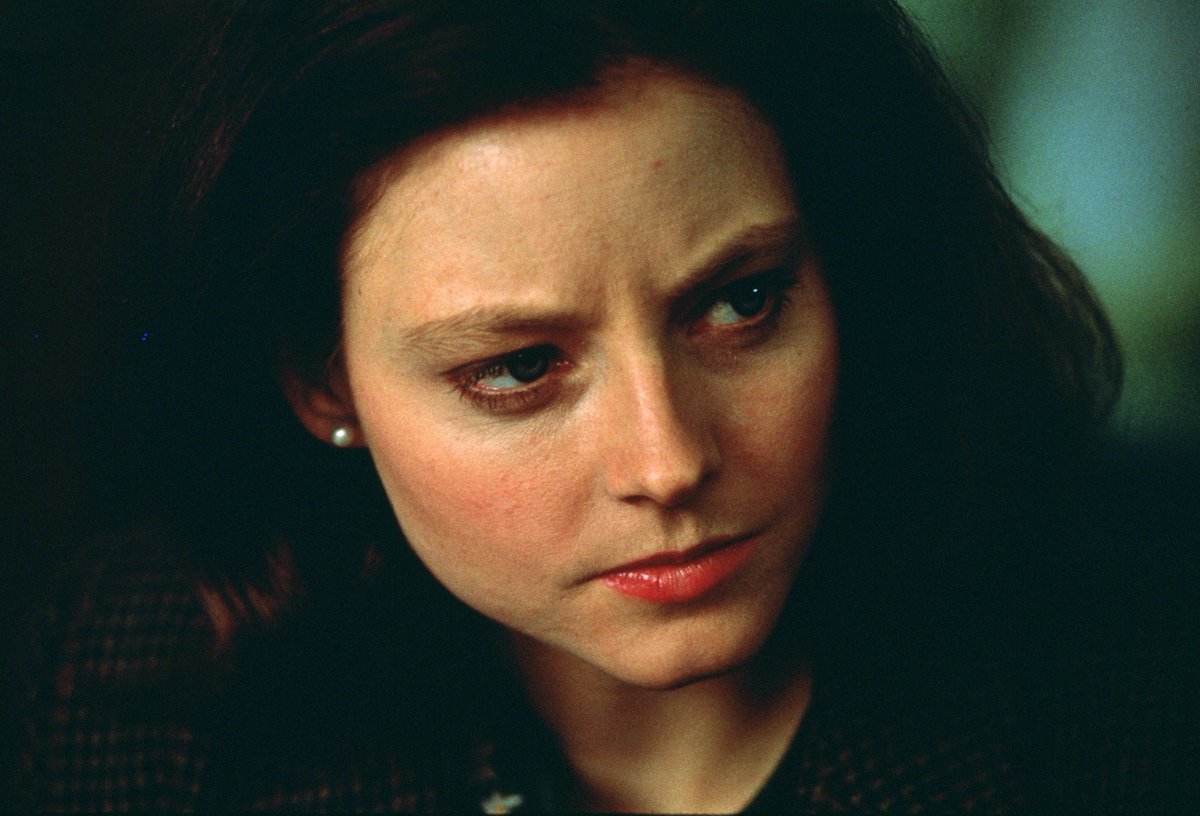
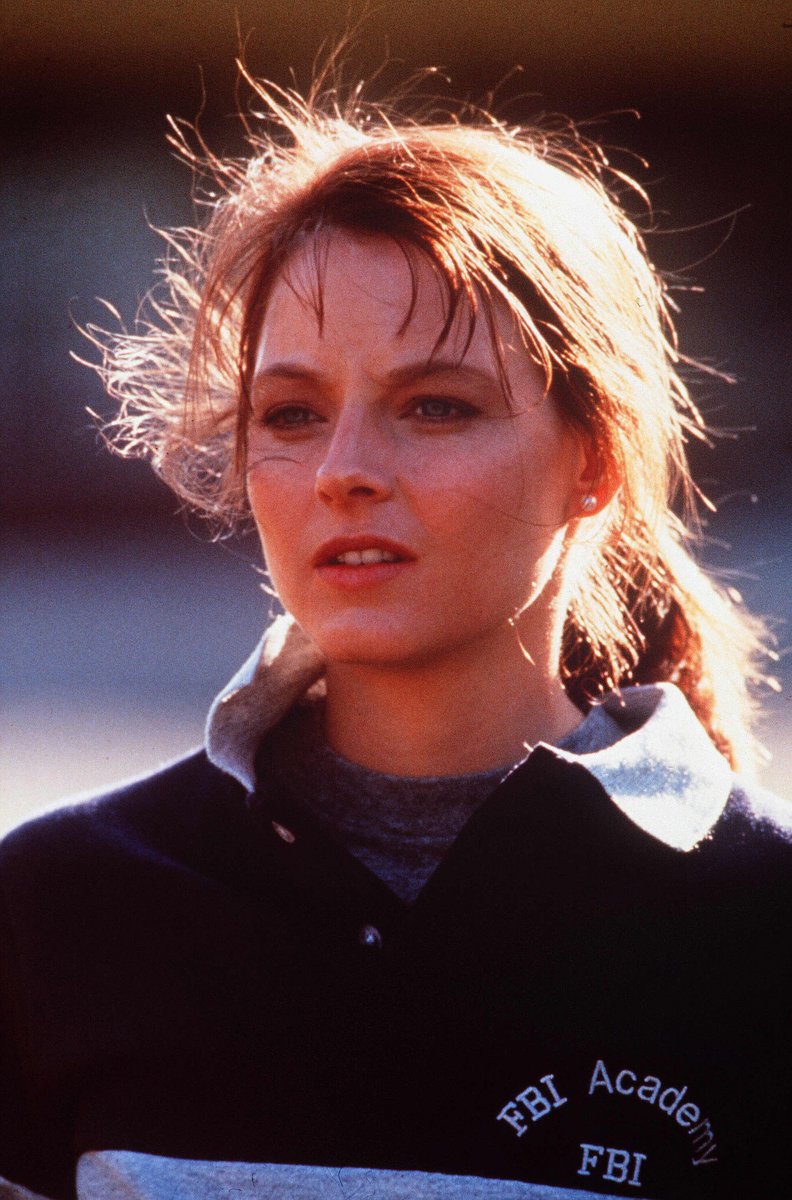
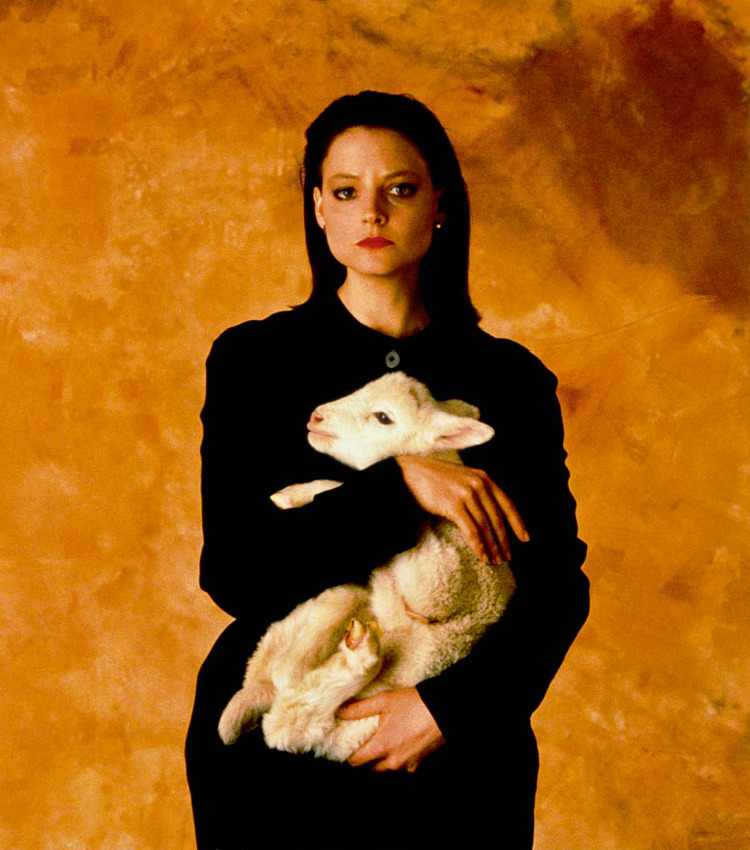
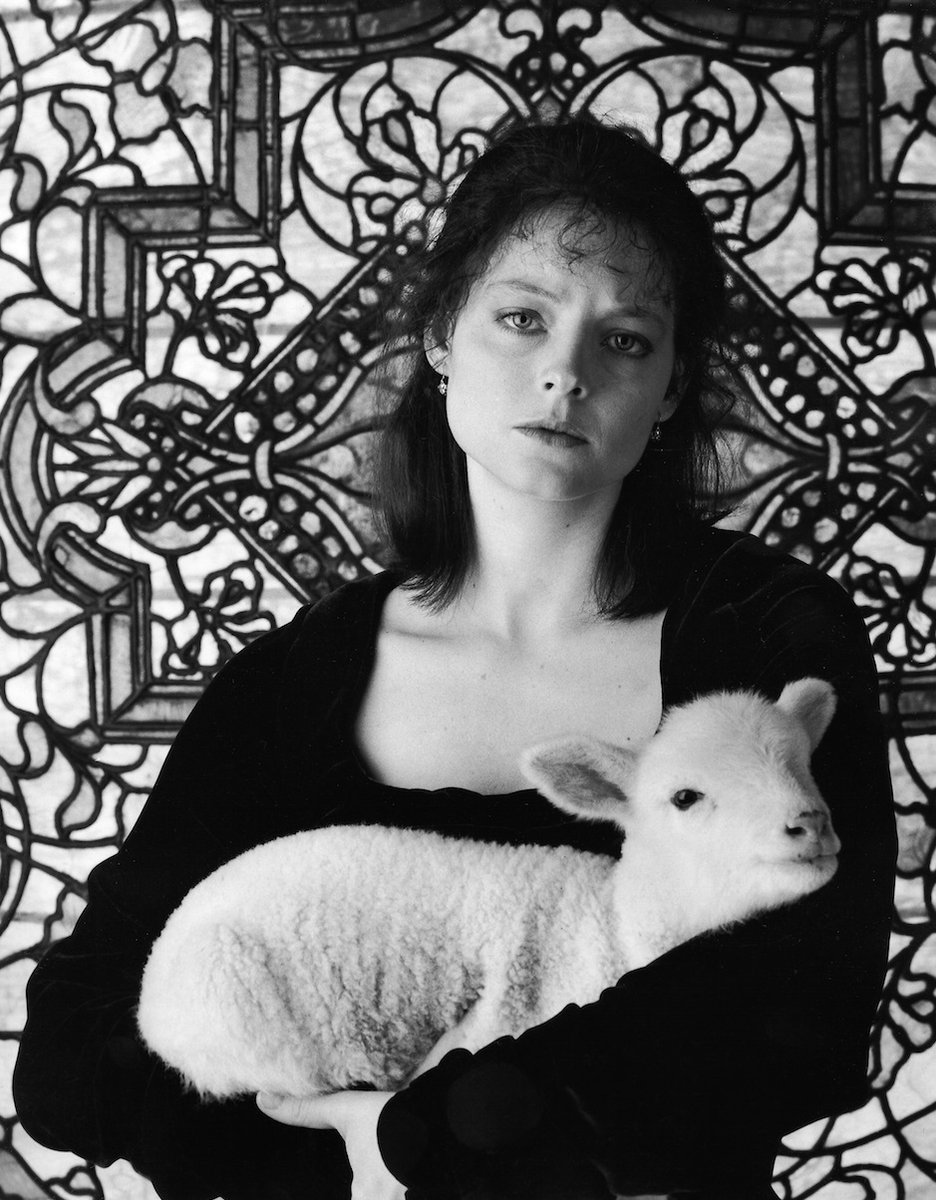
Despite the grim subject matter of the film, Demme kept the atmosphere on-set upbeat. He and the crew came up with a board game called the ‘Gumb Game’. The object of the game was to save Catherine from Bill. It had cards that said things like “liposuction, go back two spaces”.
35/45



35/45
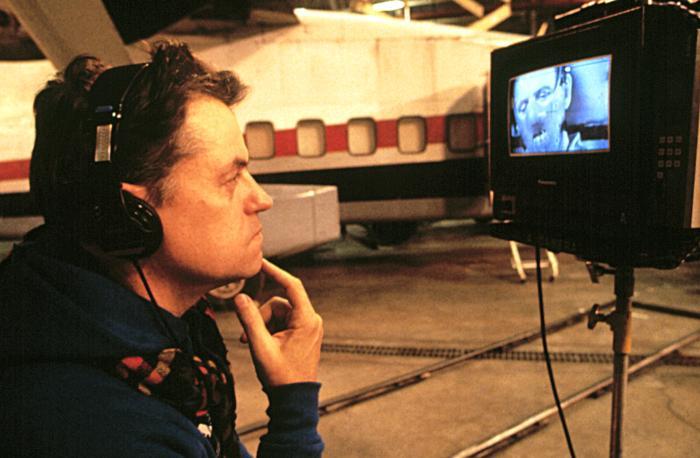
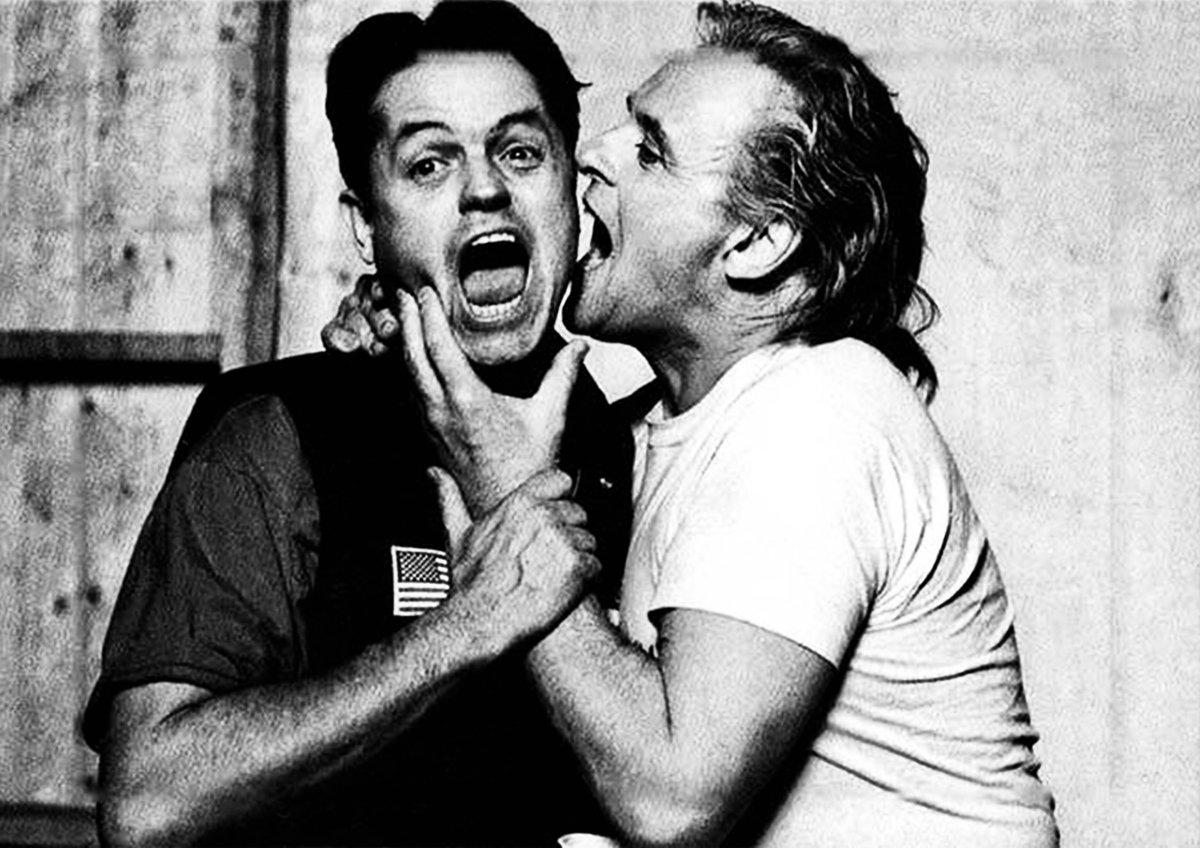
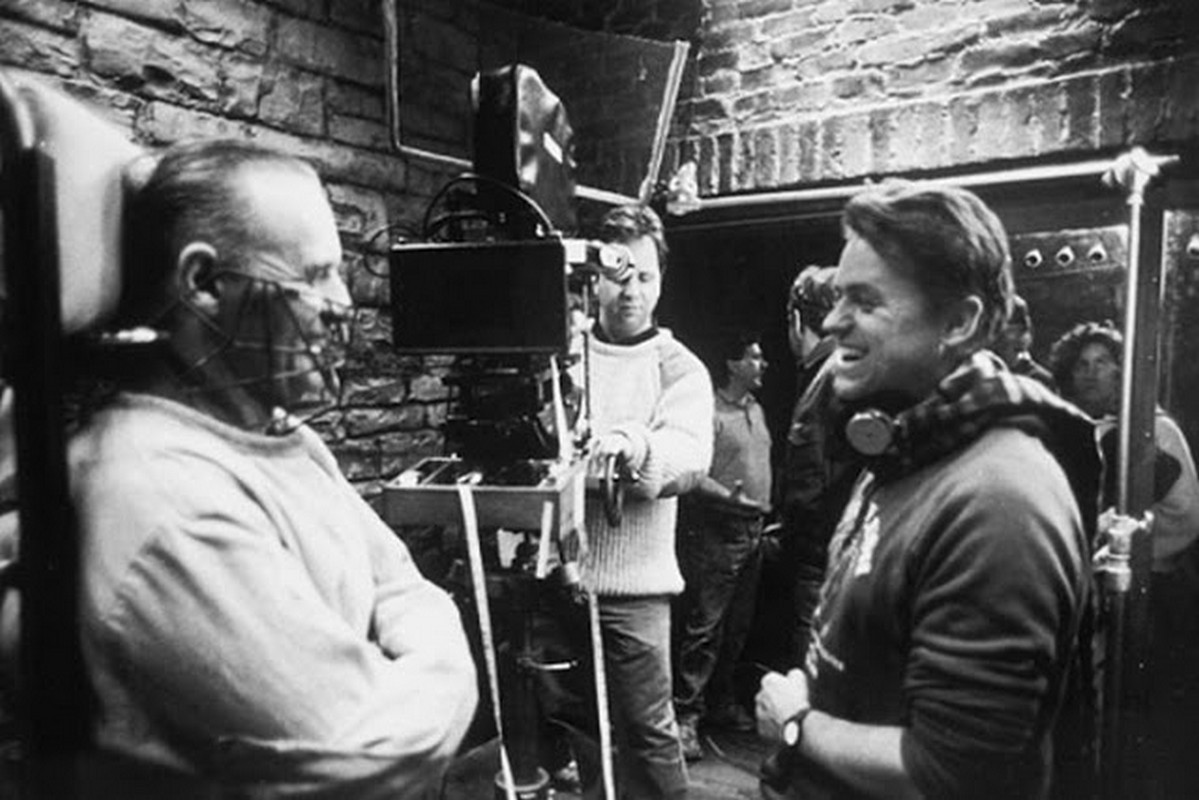
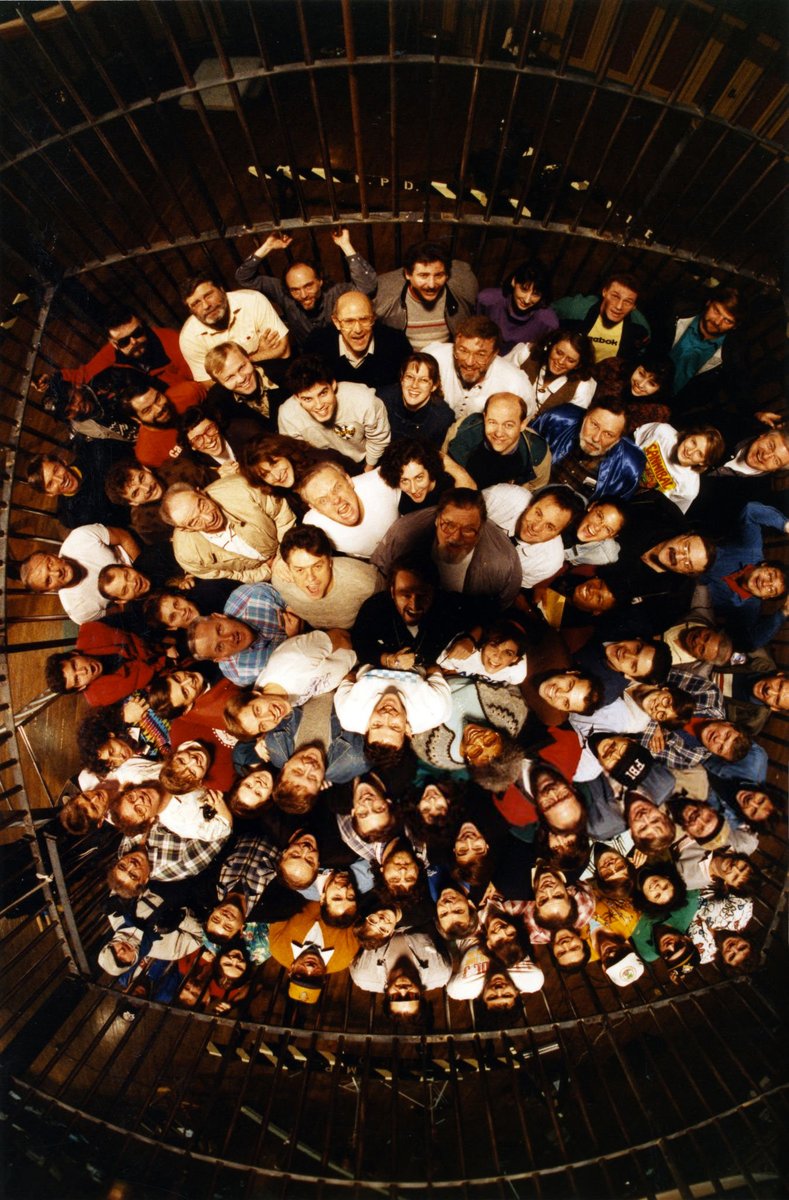
After Lecter is moved from Baltimore, the plan was to dress him in a standard orange prison jumpsuit. Hopkins convinced Demme and costume designer Colleen Atwood that he should dress in pure white. He got the idea from his fear of dentists.
36/45




36/45
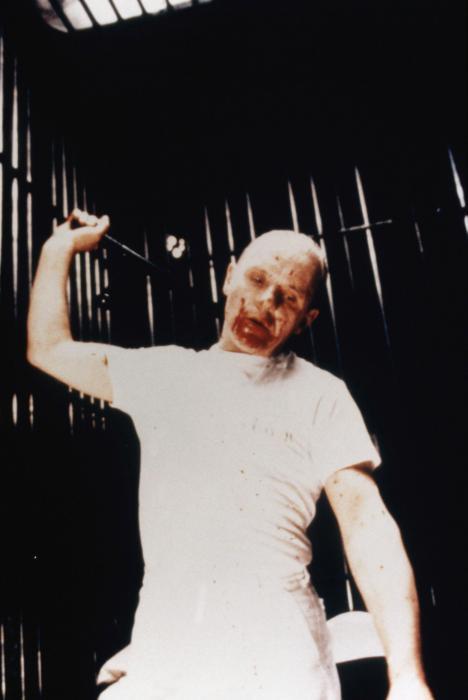
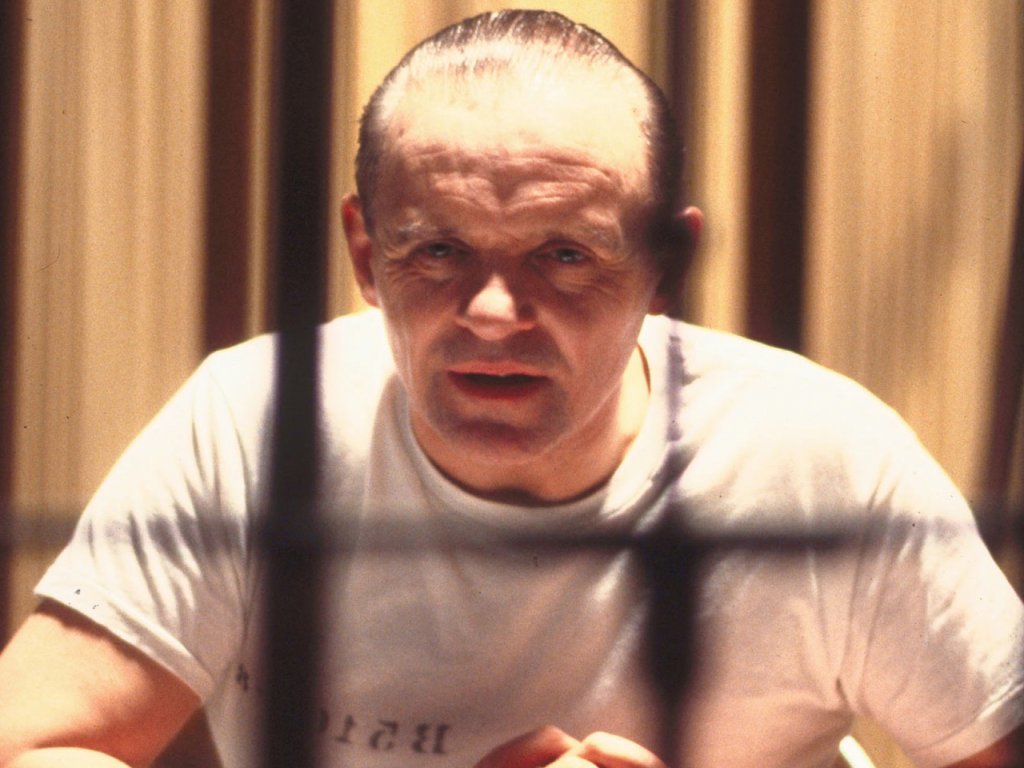
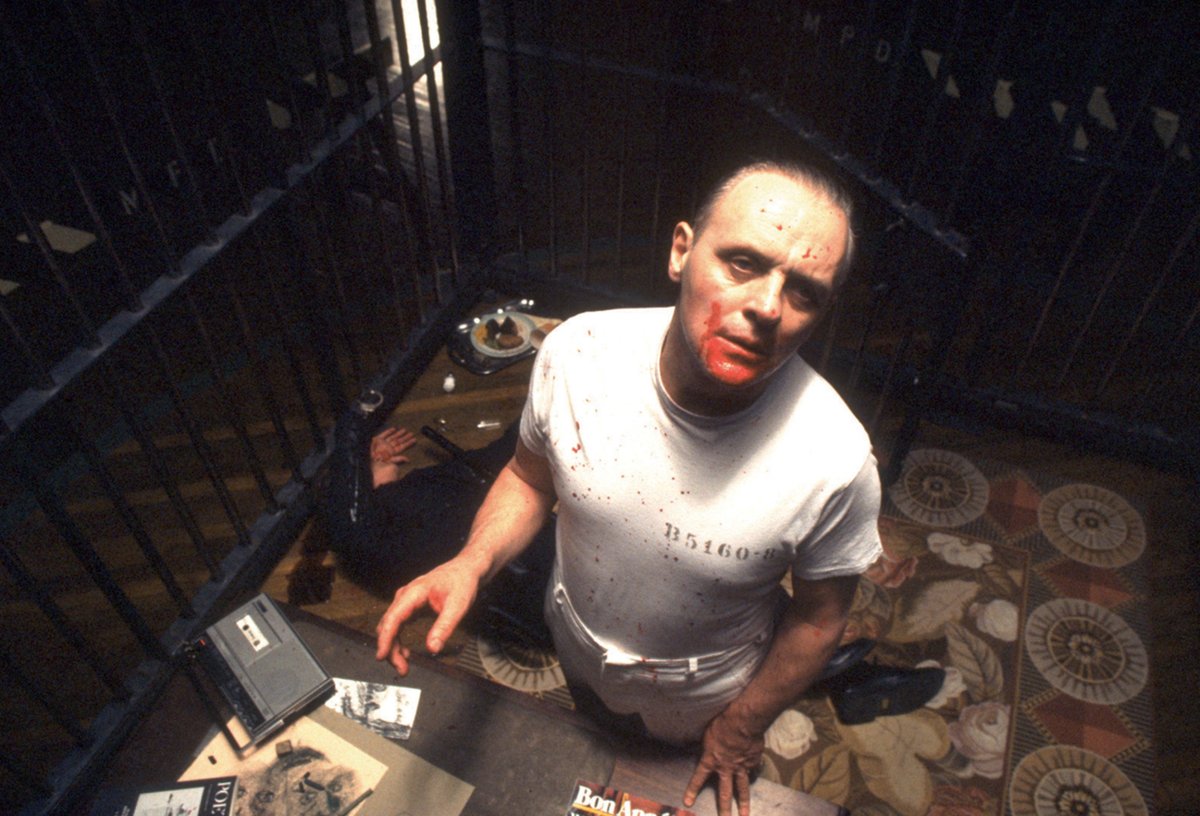
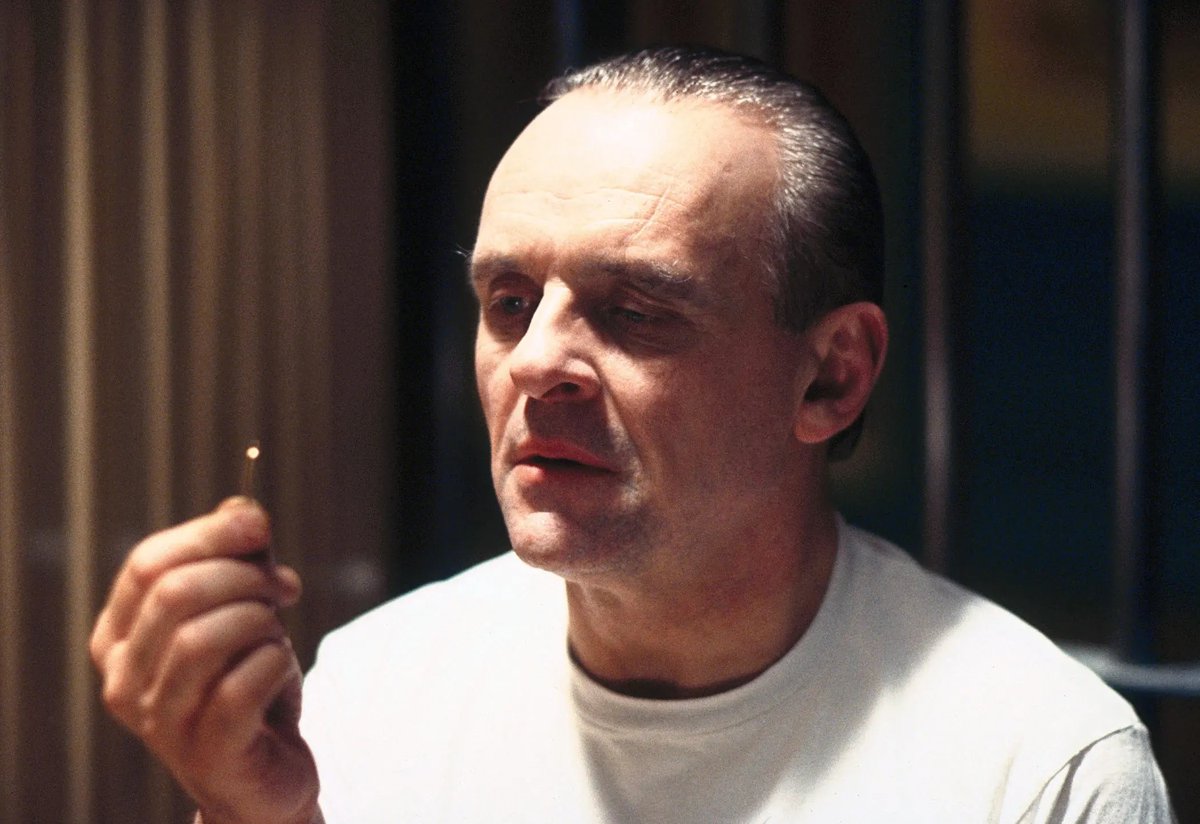
The position of Lieutenant Boyle's body after Lecter disembowels and hangs him from the cell was inspired by the work of Irish-British figurative painter Francis Bacon.
37/45


37/45

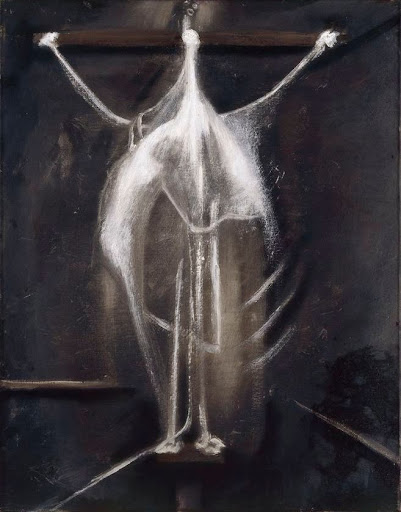
One of the film’s most indelible images is the moth cocoon found in victims’ throats. The first one we see was made from a combination of Tootsie Rolls and gummy bears (so it would be edible if swallowed by mistake).
38/45



38/45
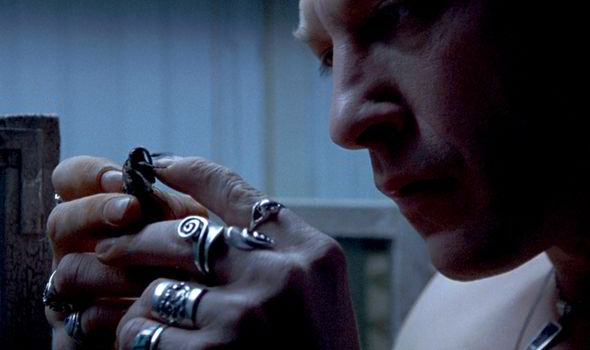
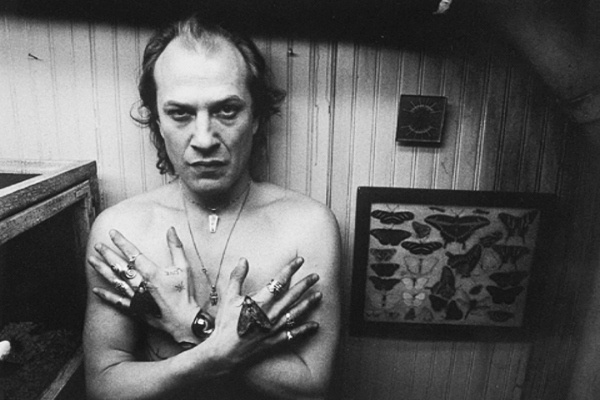

Bill’s dance was not in the original screenplay. Ted Levine read it in the novel though, and insisted it was fundamental to the character. He improvised it on the day after necking a couple of shots of tequila. The song – Goodbye Horses by Q Lazzarus – was Levine’s idea too.
39/45

39/45
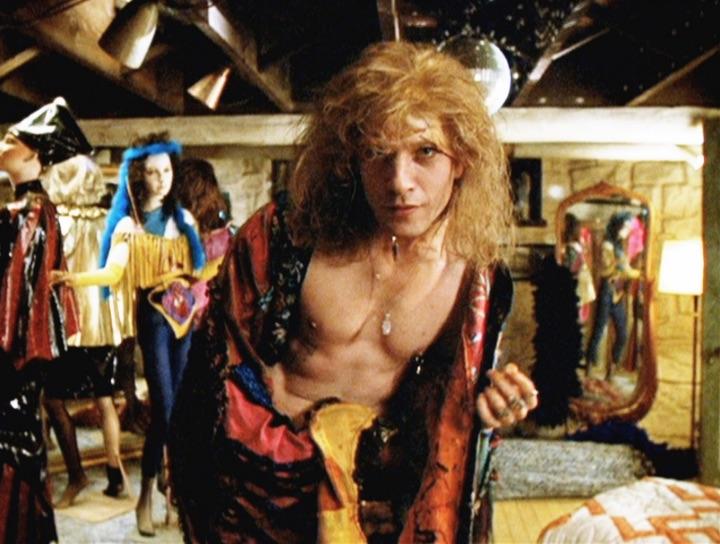
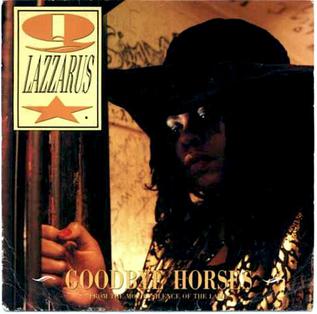
During location scouting for Bill’s house, there was an amazing coincidence for Levine. The one used was in the town where he grew up. Not only that, it was next door to the old house of his high school girlfriend.
40/45


40/45
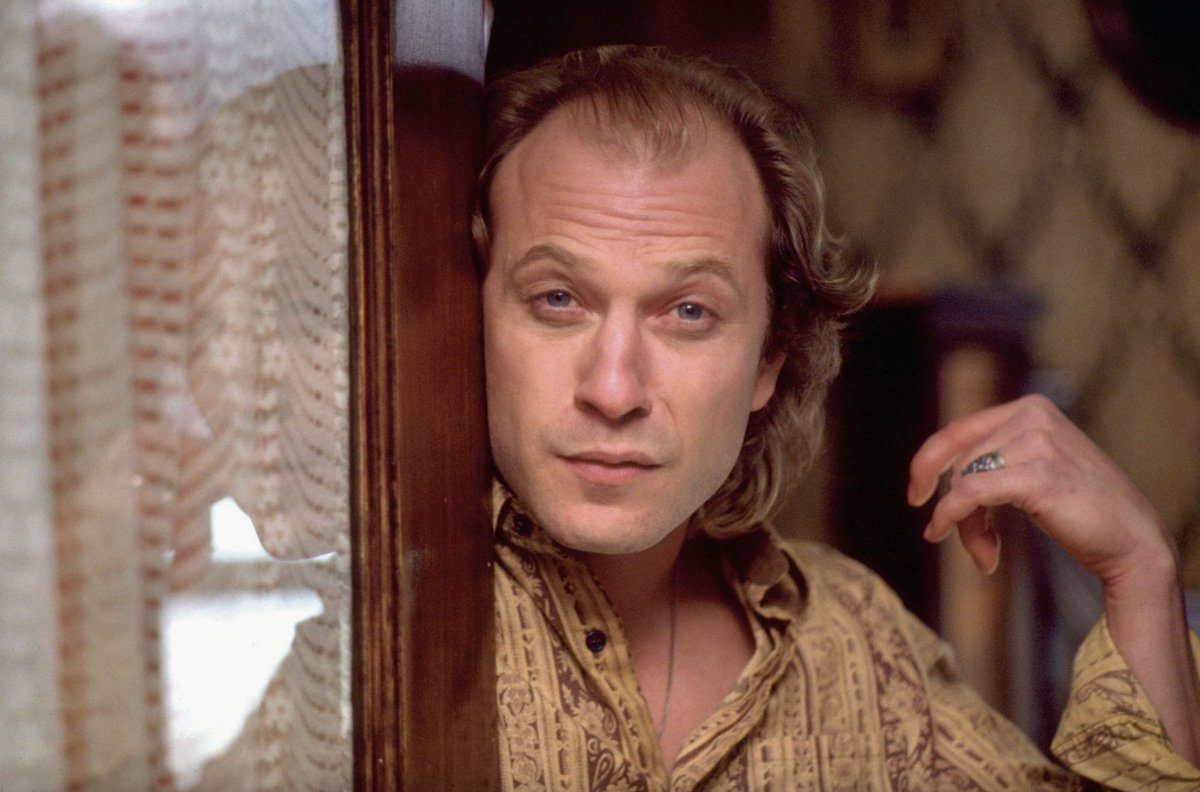

An alternate ending was written where Lecter calls Clarice. He tells Clarice she looks lovely in her blue suit. He then hangs up, revealing a tied up Dr Chilton in his home. Lecter said "Well, Dr. Chilton, shall we begin?" before the camera fades to black.
41/45


41/45
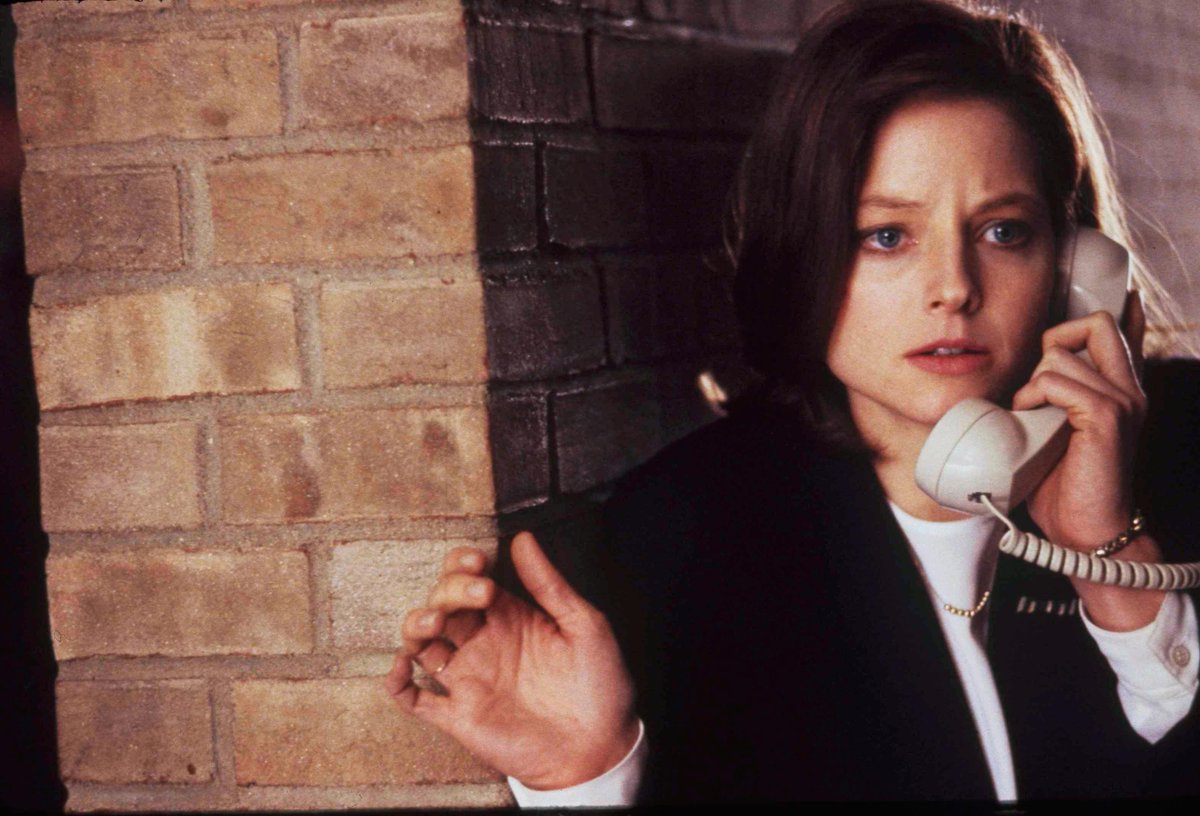
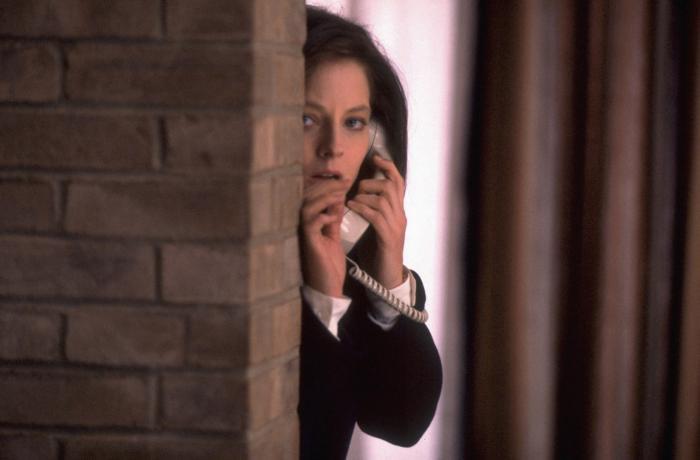
Harris’ book ends with Lecter just writing a threatening letter to Dr. Chilton. Tally and Demme decided they needed more than that so came up with the ending of Lecter tracking Chilton to the Bahamas. It was filmed in the Bahamas, too.
42/45


42/45
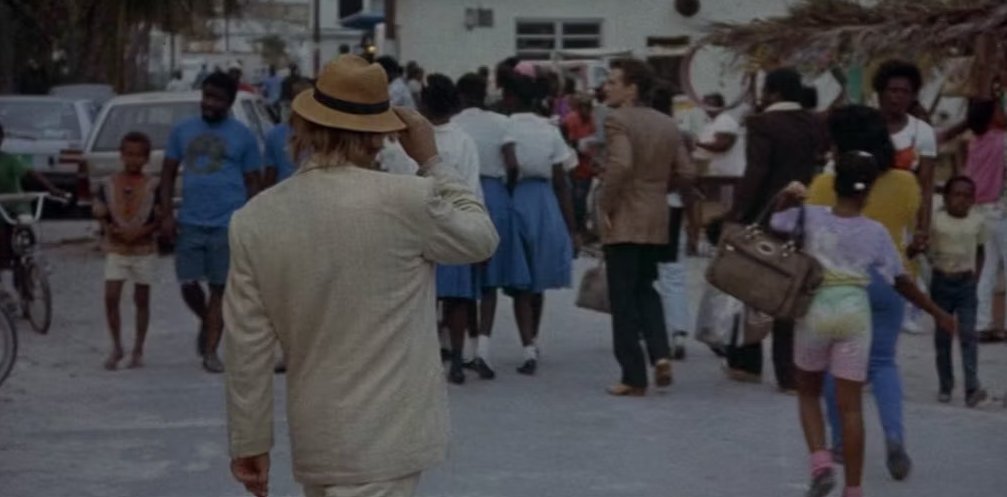

The film was huge, making $273m on a $19m budget. It is one of only 3 films ever to win the Big Five at the Oscars: Best Actor, Actress, Director, Picture, and Screenplay. The others are It Happened One Night (1934) and One Flew Over the Cuckoo's Nest (1975).
43/45




43/45

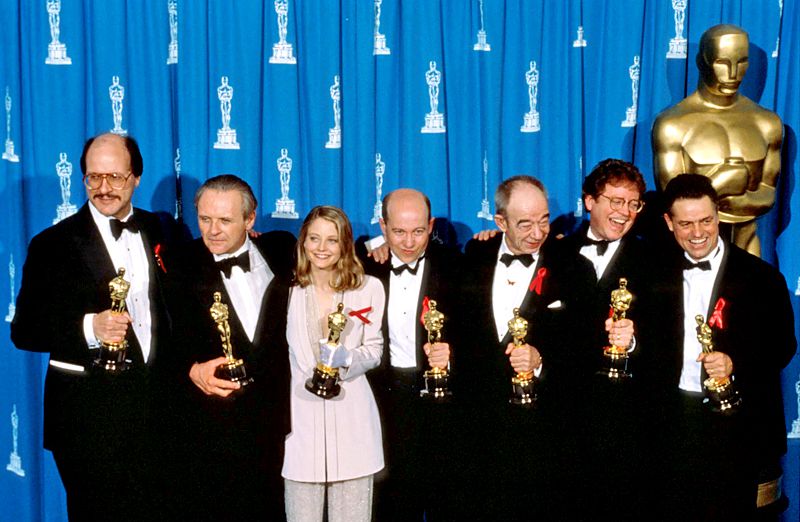
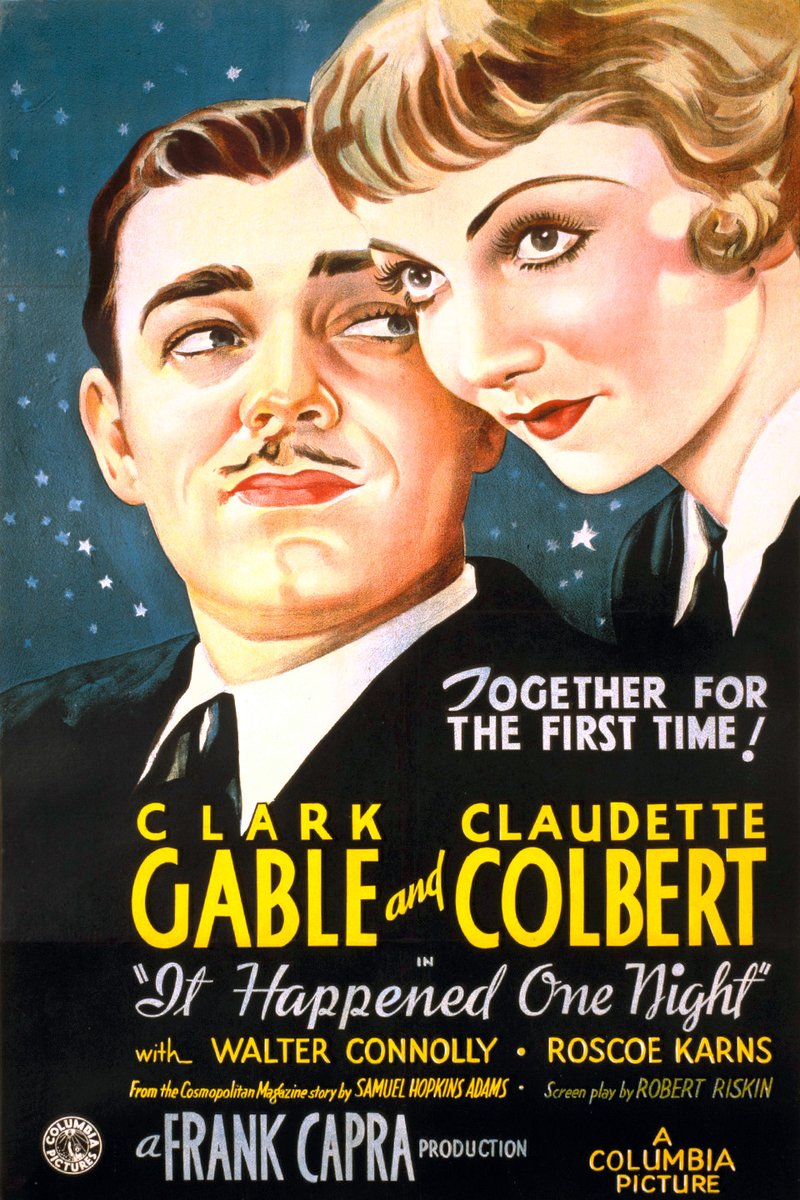

Hopkins won Best Actor despite being on-screen for just has 24 minutes and 52 seconds. This is 21% of the total runtime – no other actor has won an Oscar from appearing in less of the movie.
44/45




44/45
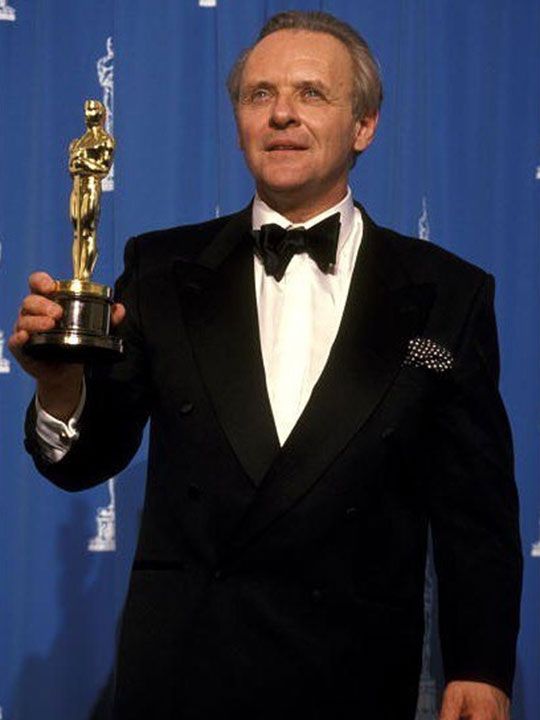
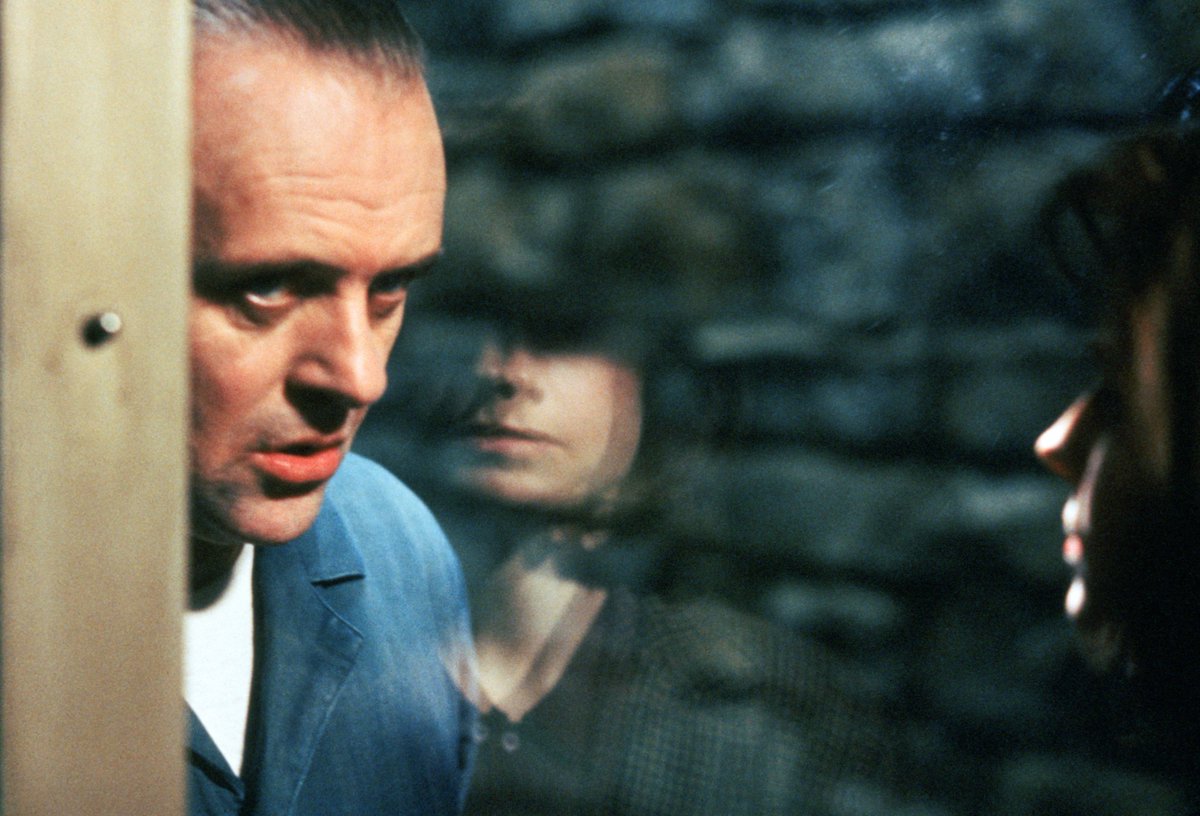
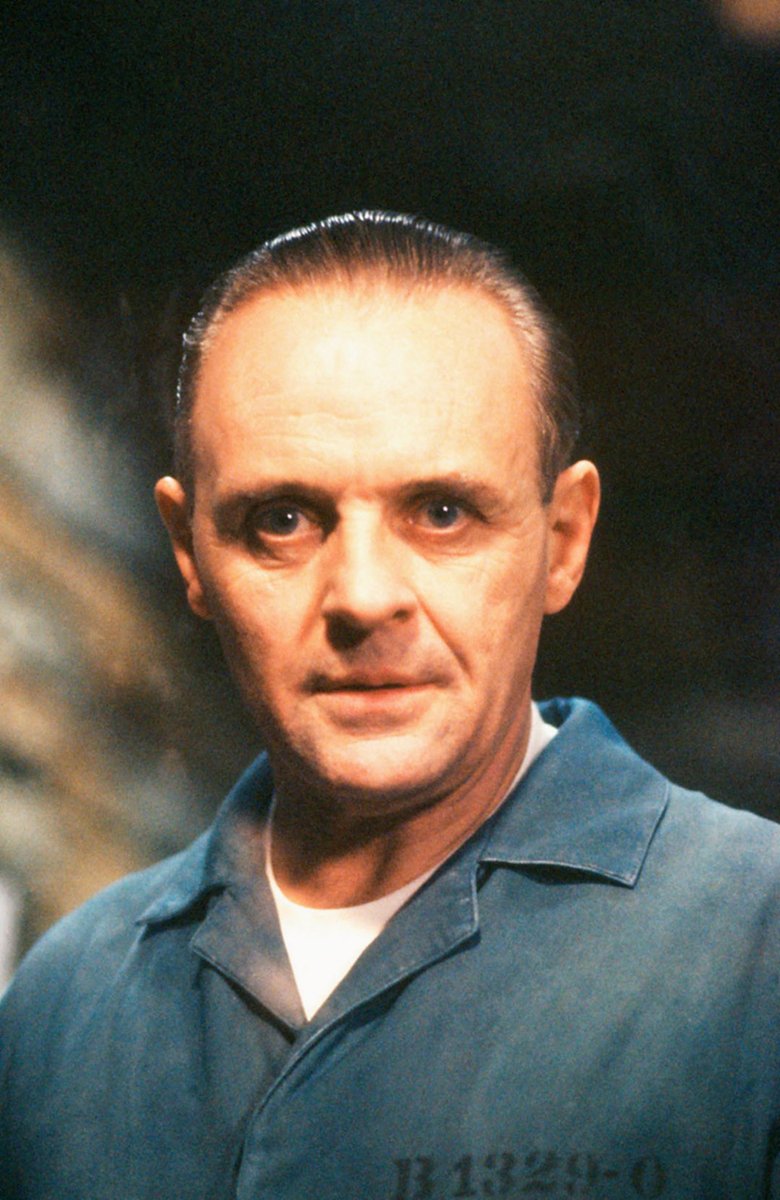
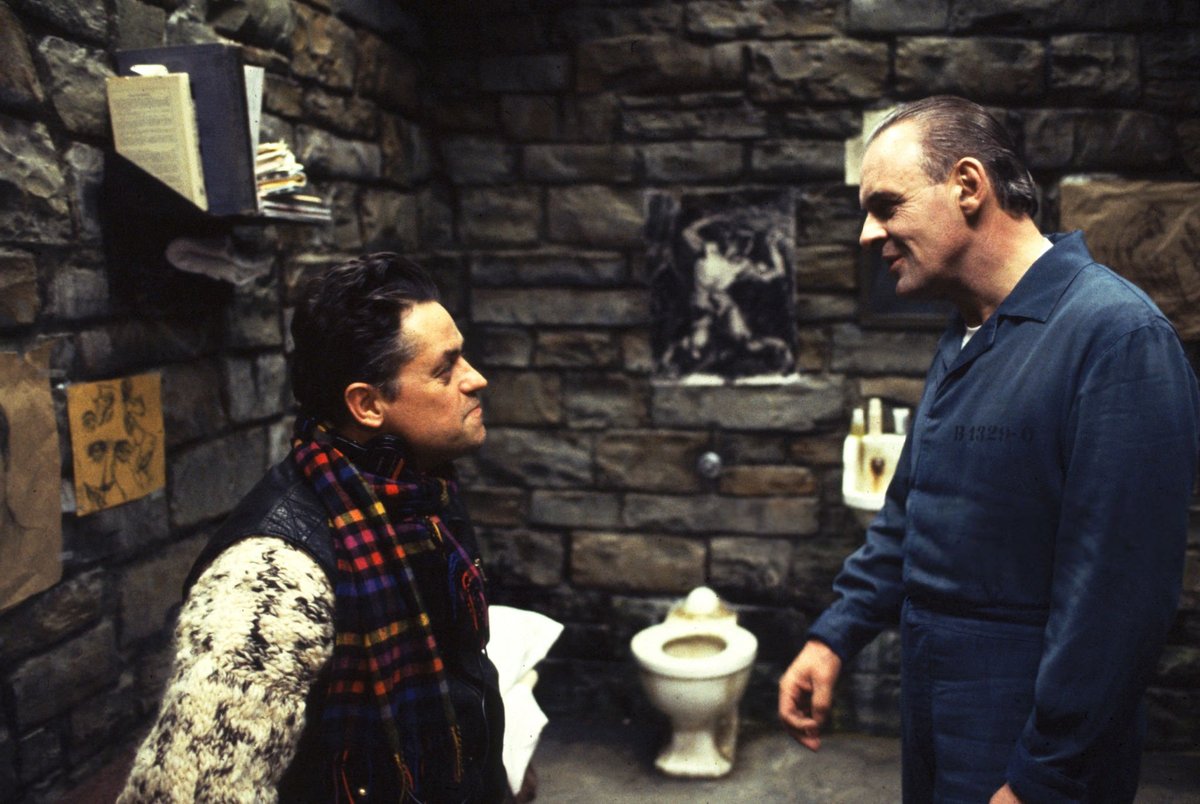
Finally… you may think the famous poster is the Death’s-Head hawkmoth, but it is not. It is Salvador Dalí's In Voluptas Mors, a picture of seven naked women, arranged in poses to look like a human skull.
45/45


45/45

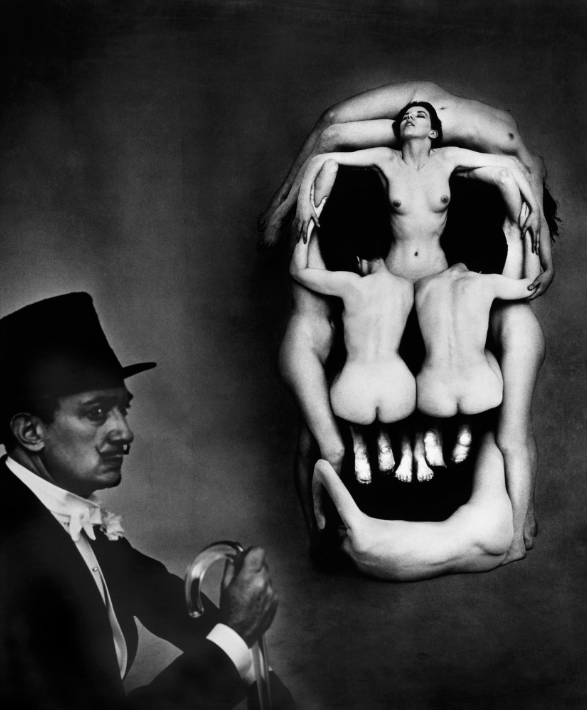
If you liked our making of story on THE SILENCE OF THE LAMBS, please share the opening post 😃
https://x.com/ATRightMovies/status/1761380733443006533?s=20
• • •
Missing some Tweet in this thread? You can try to
force a refresh


